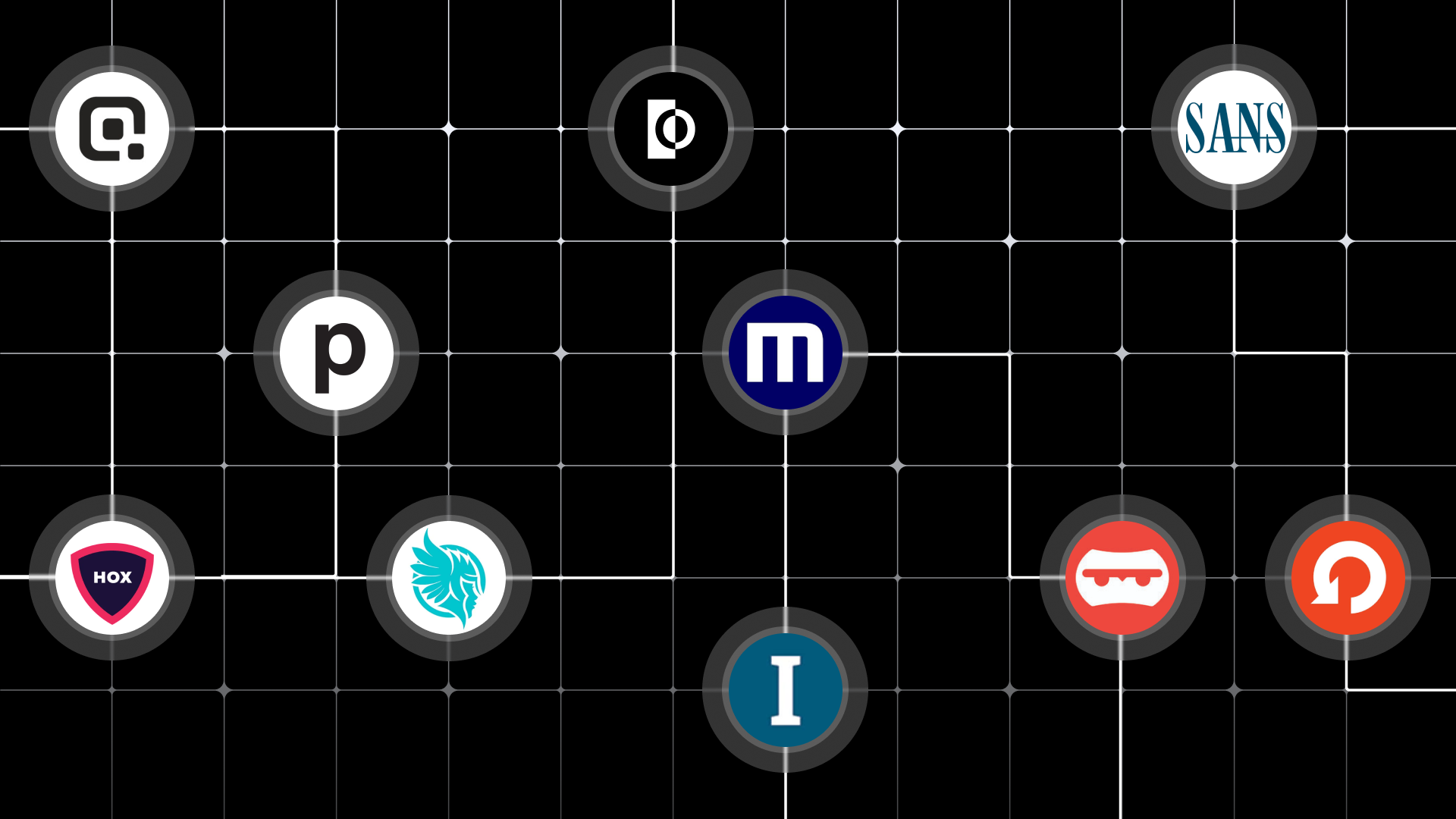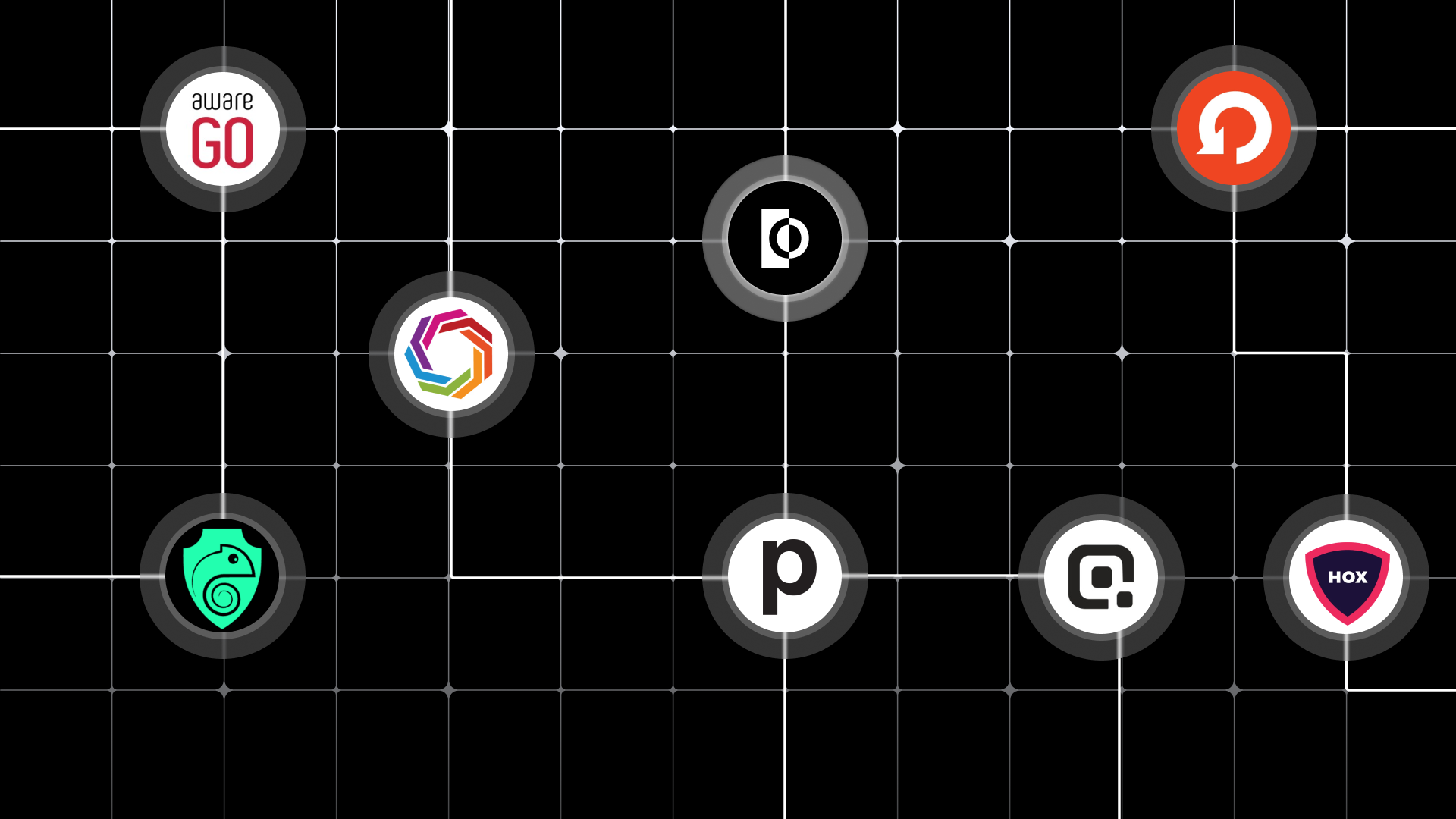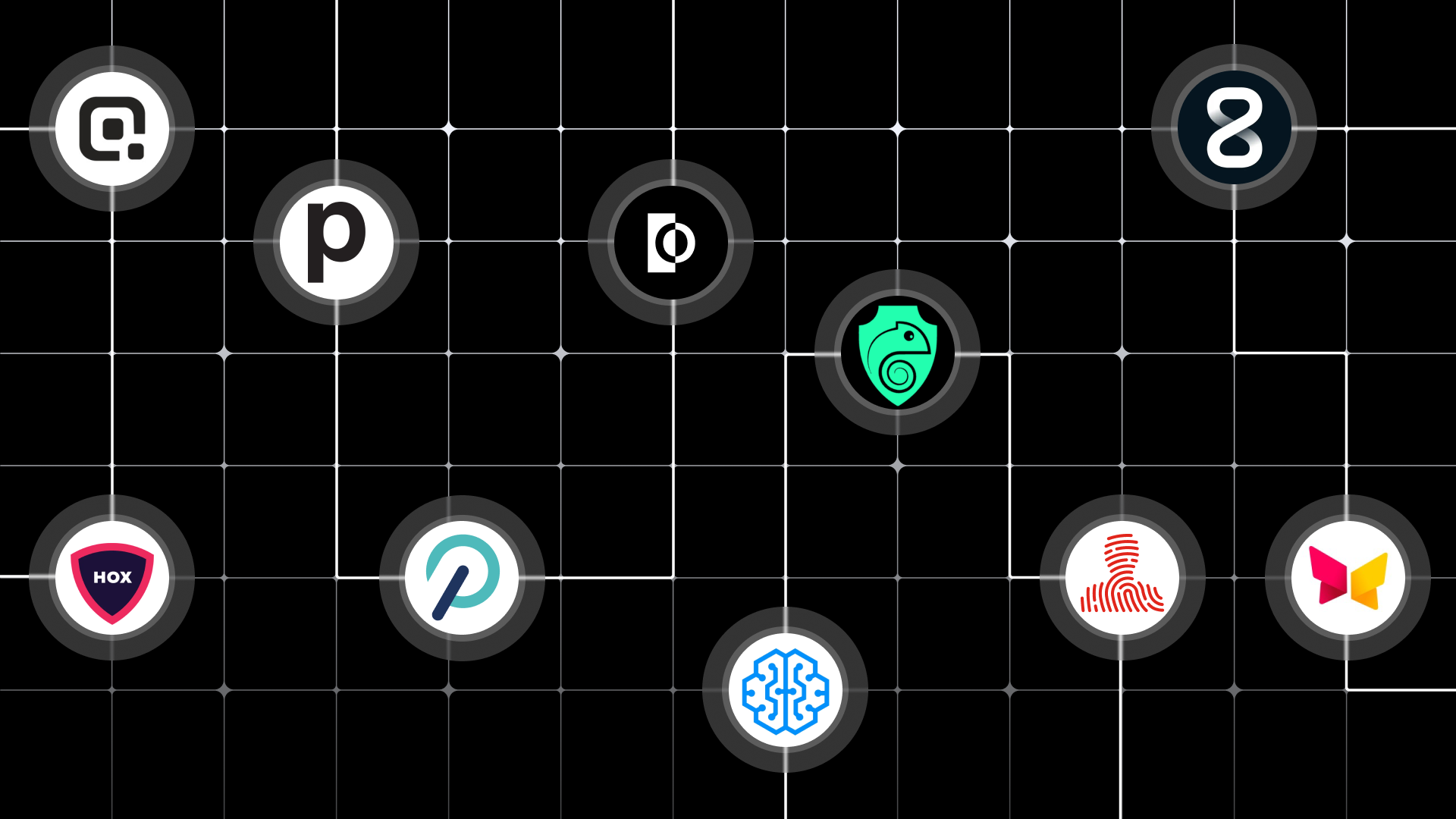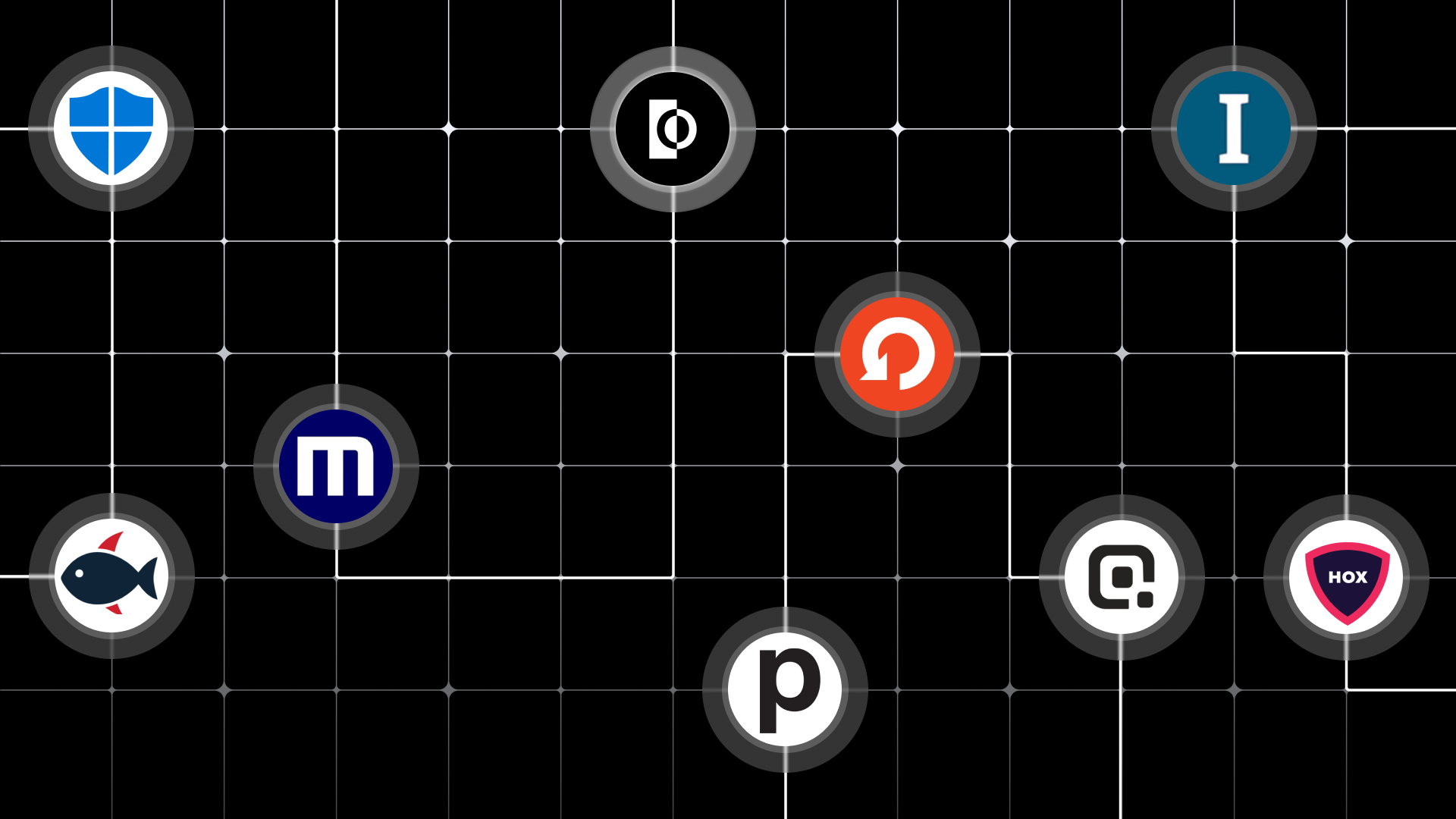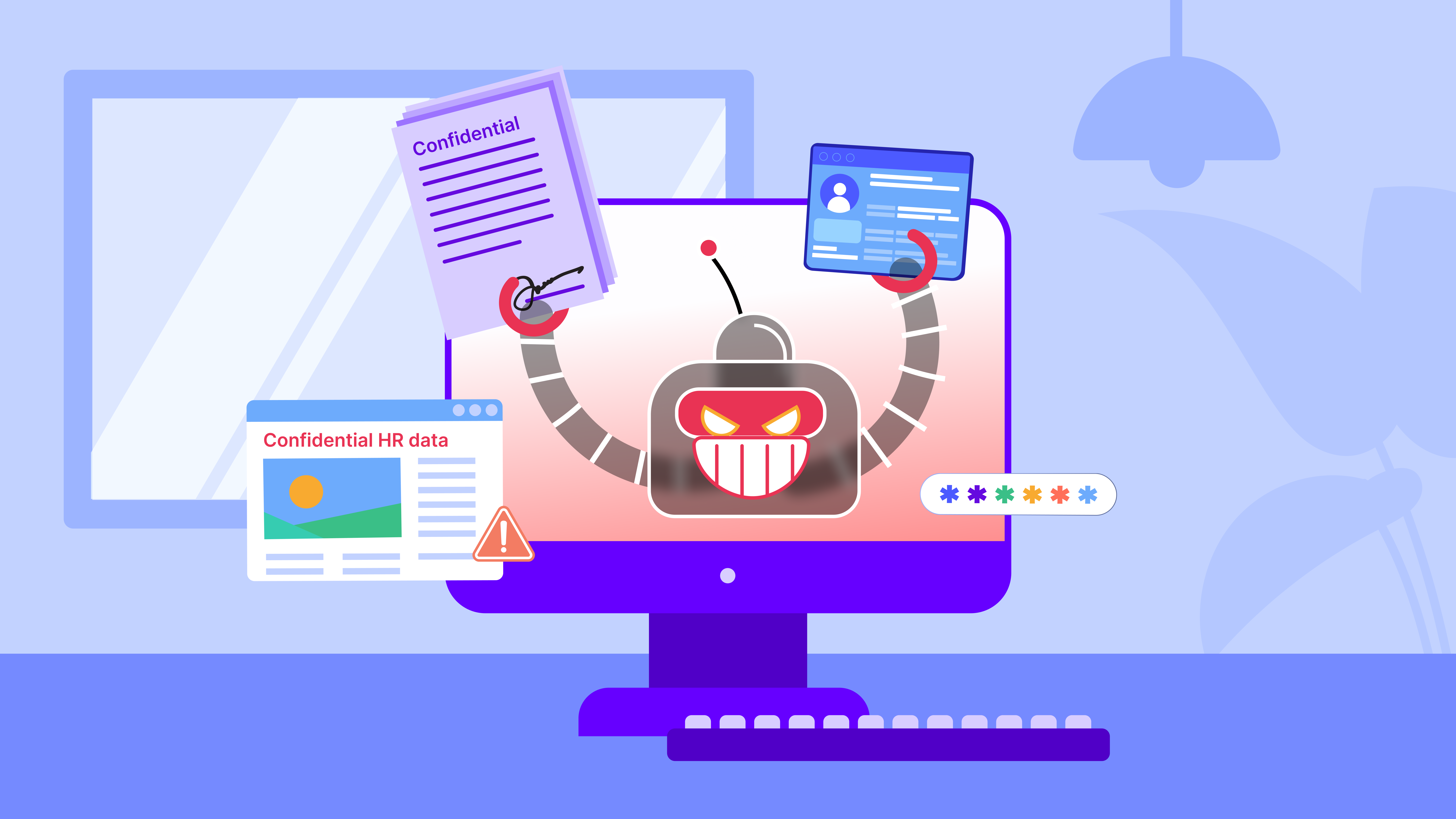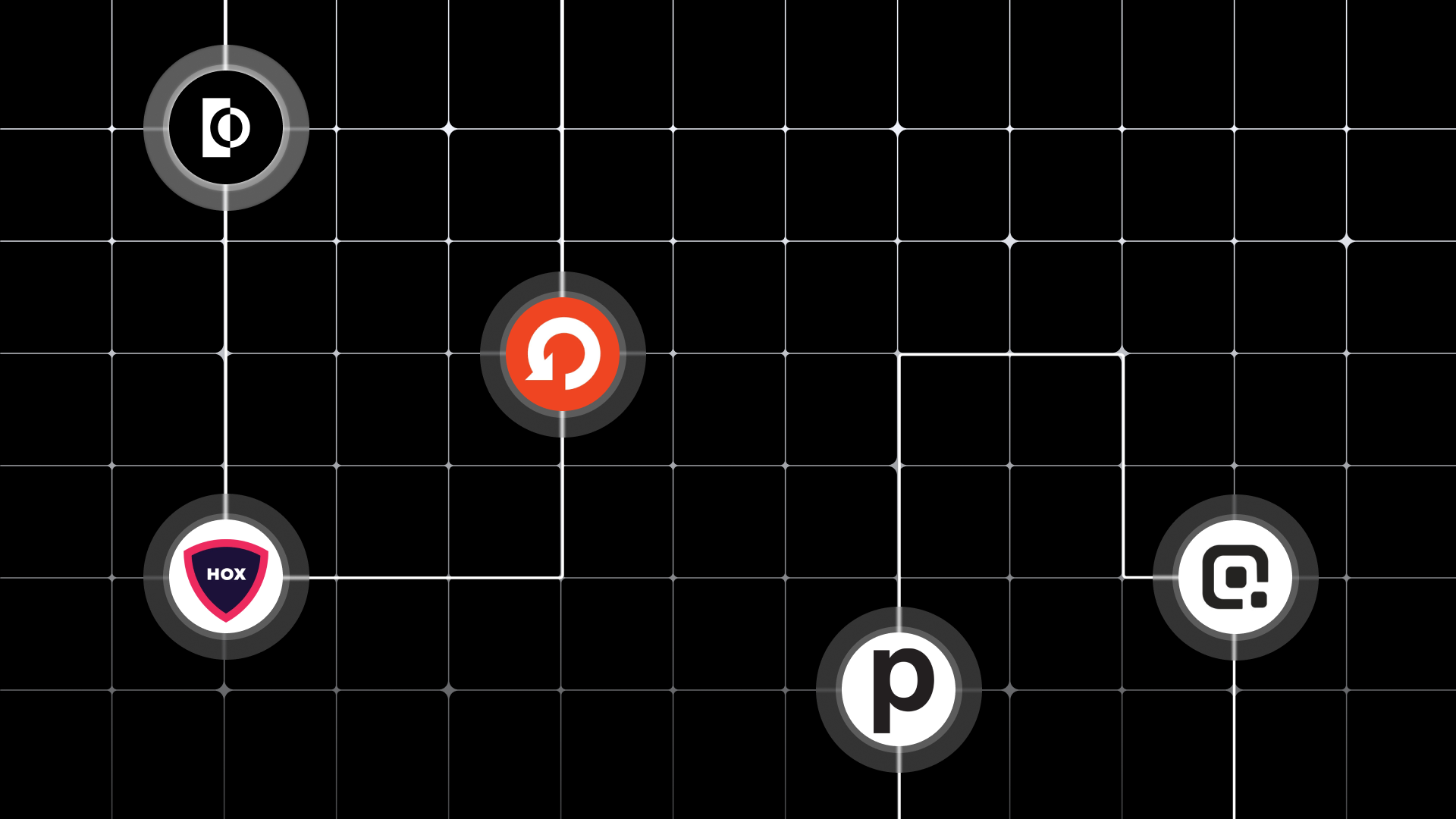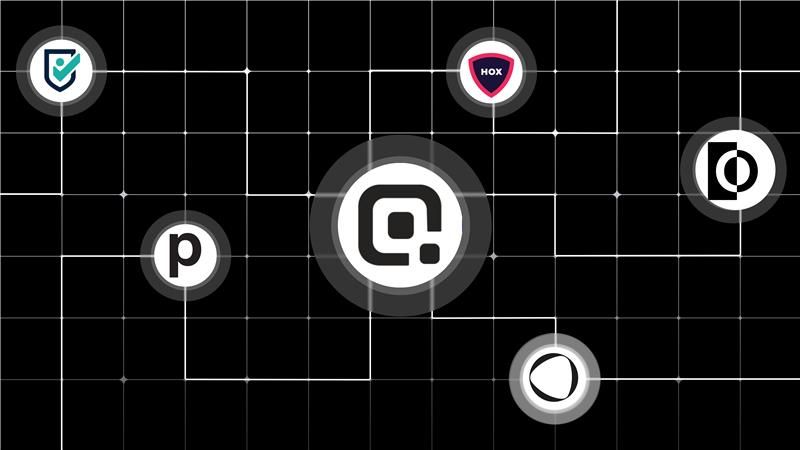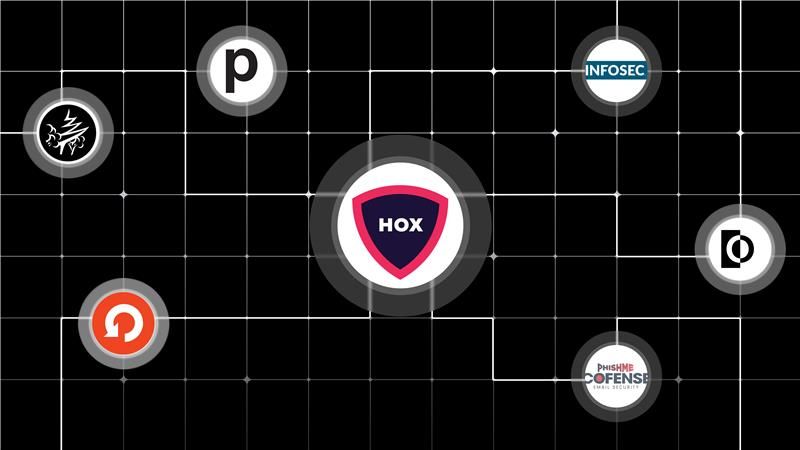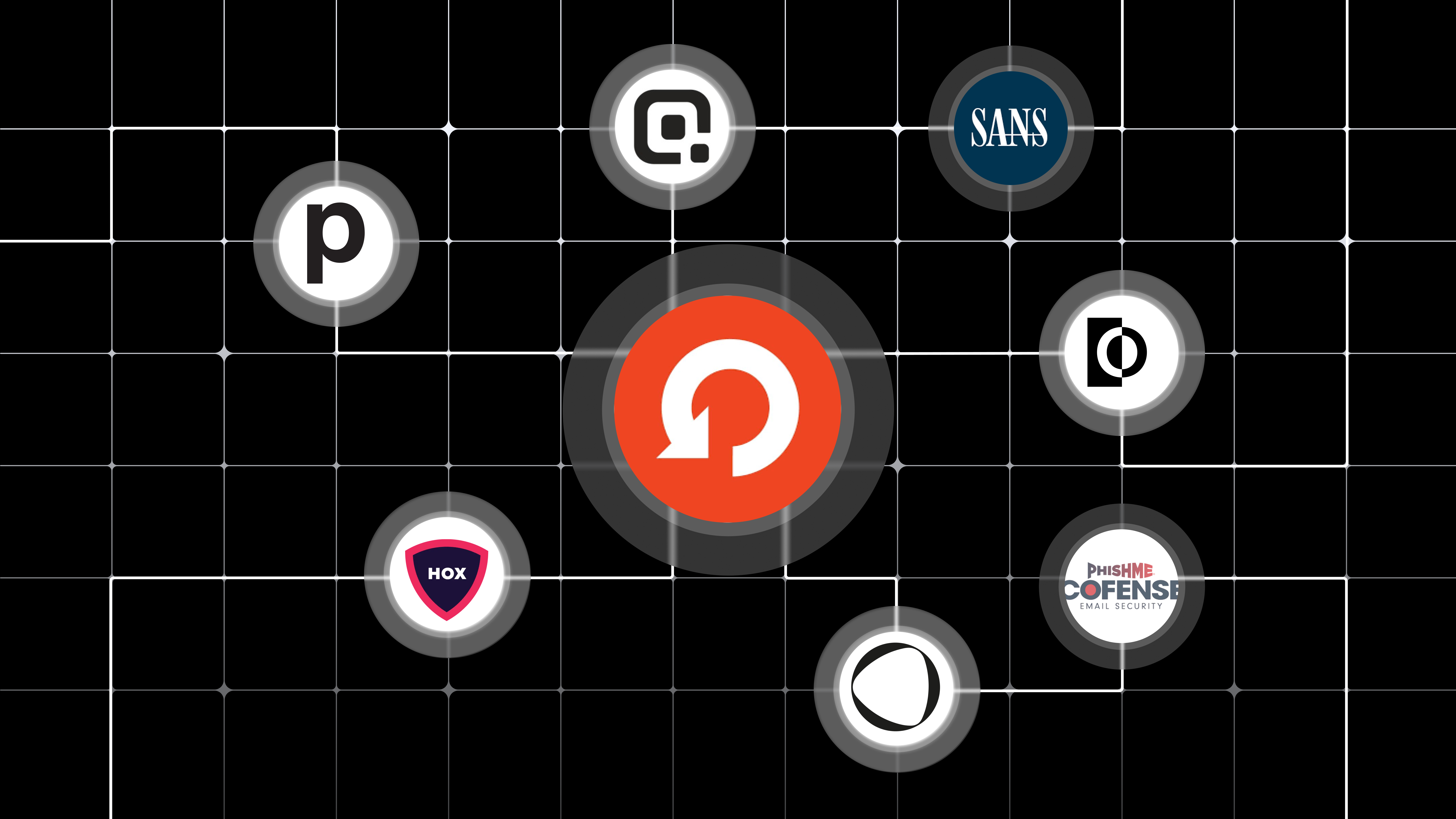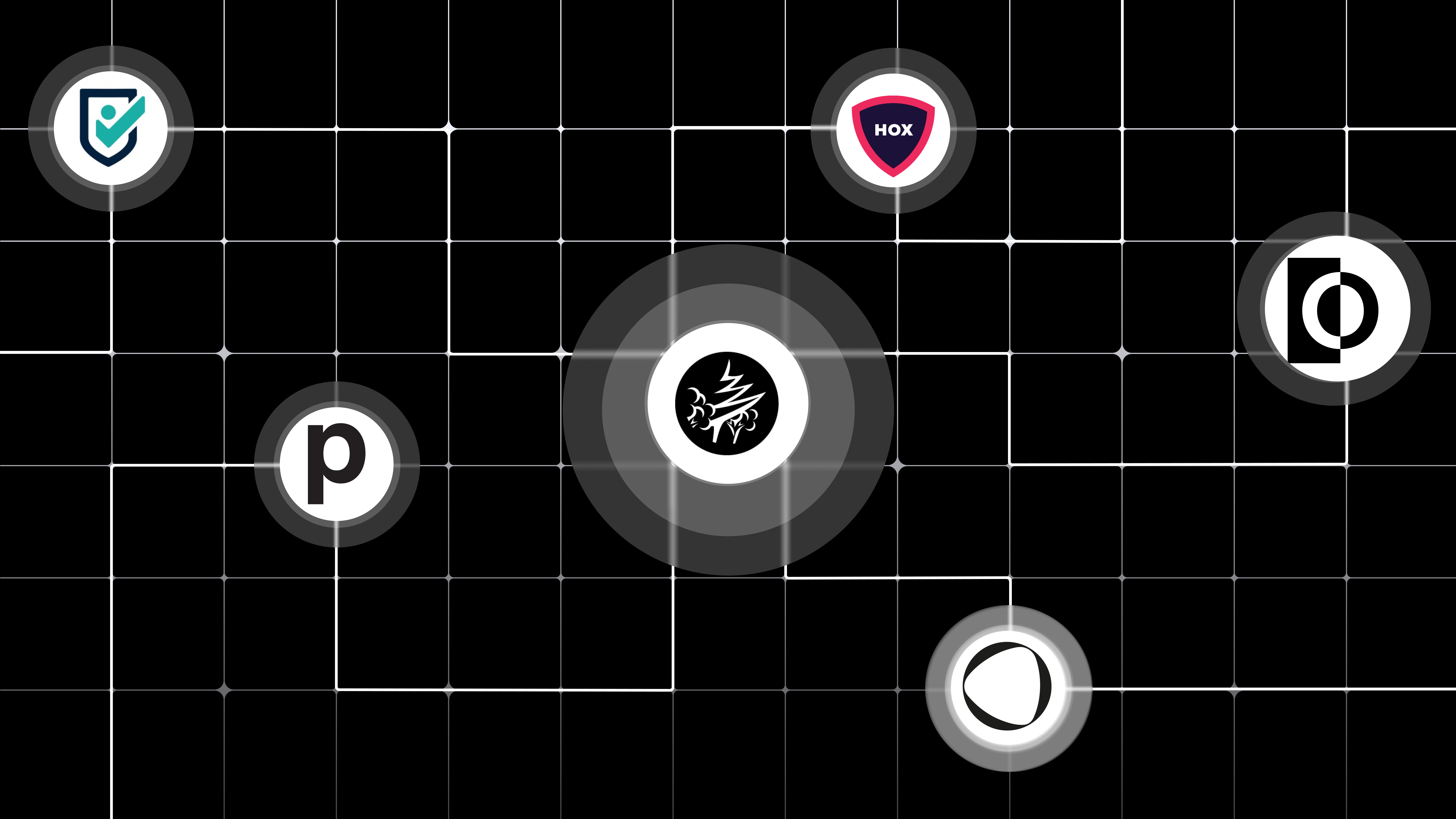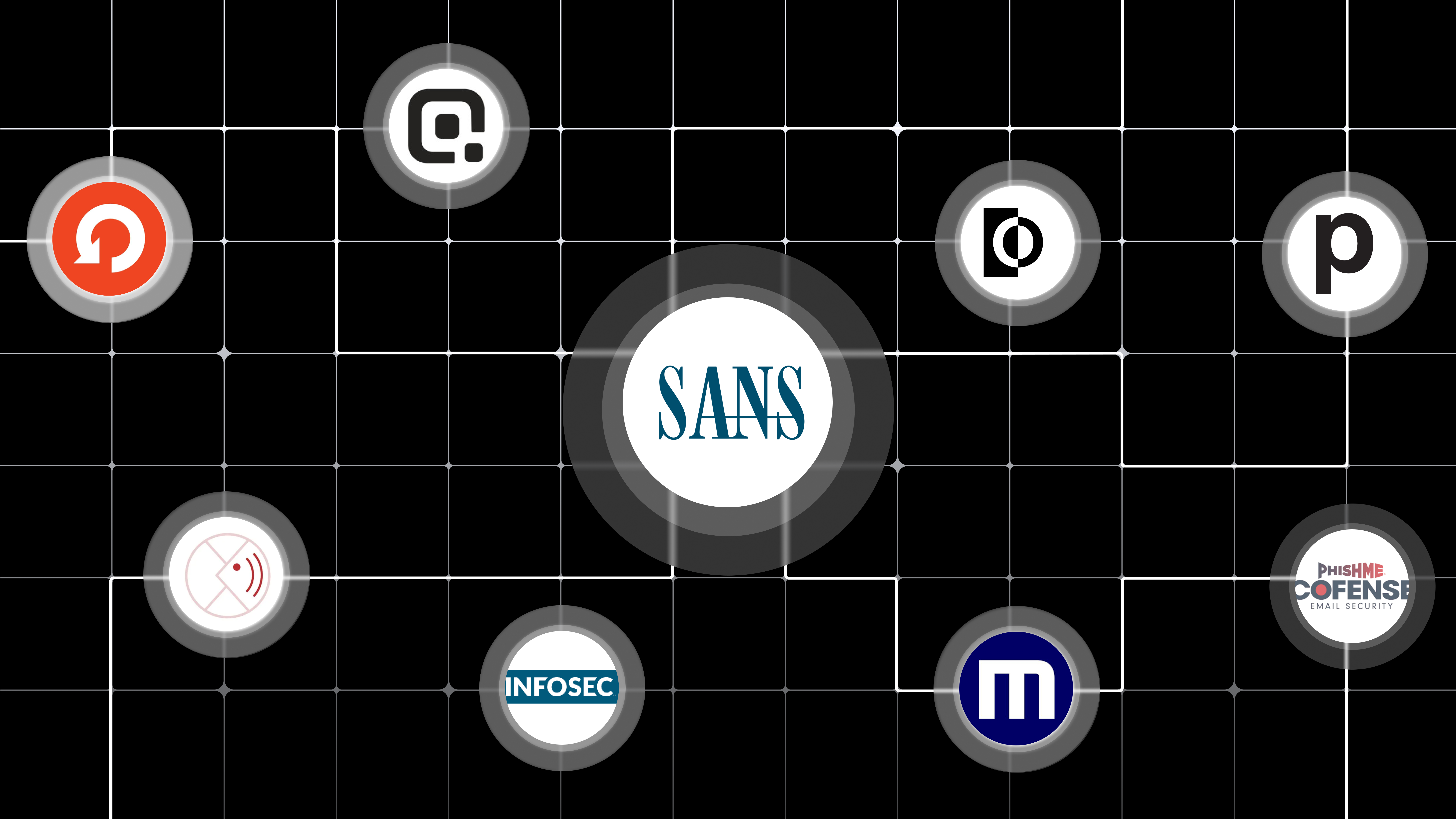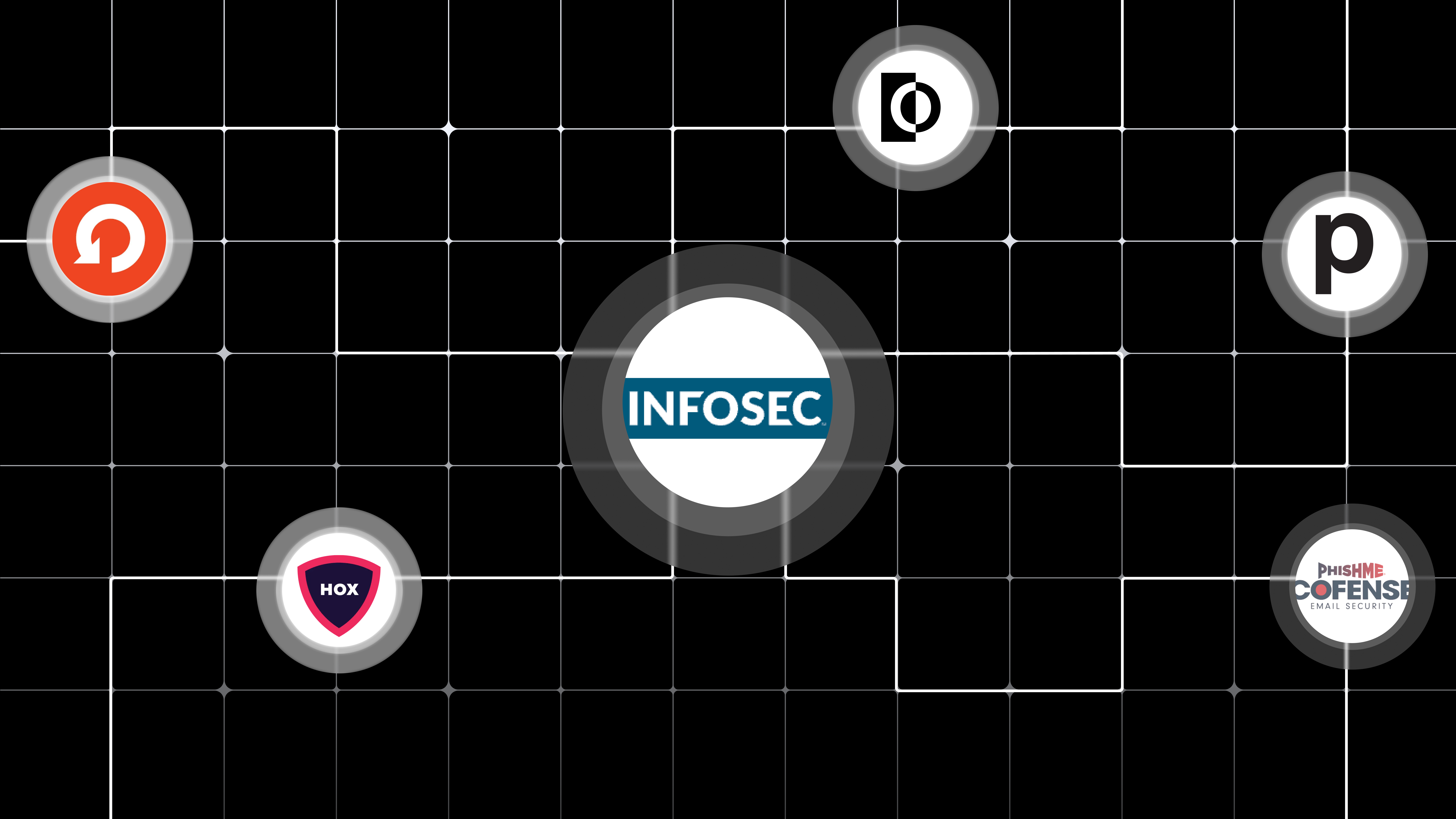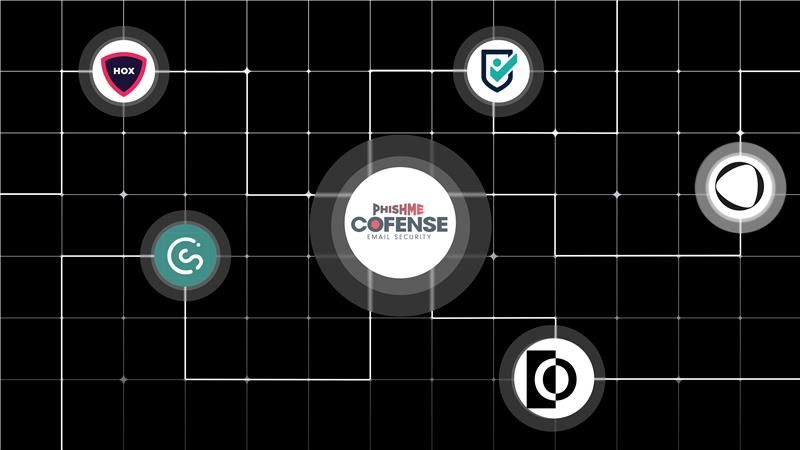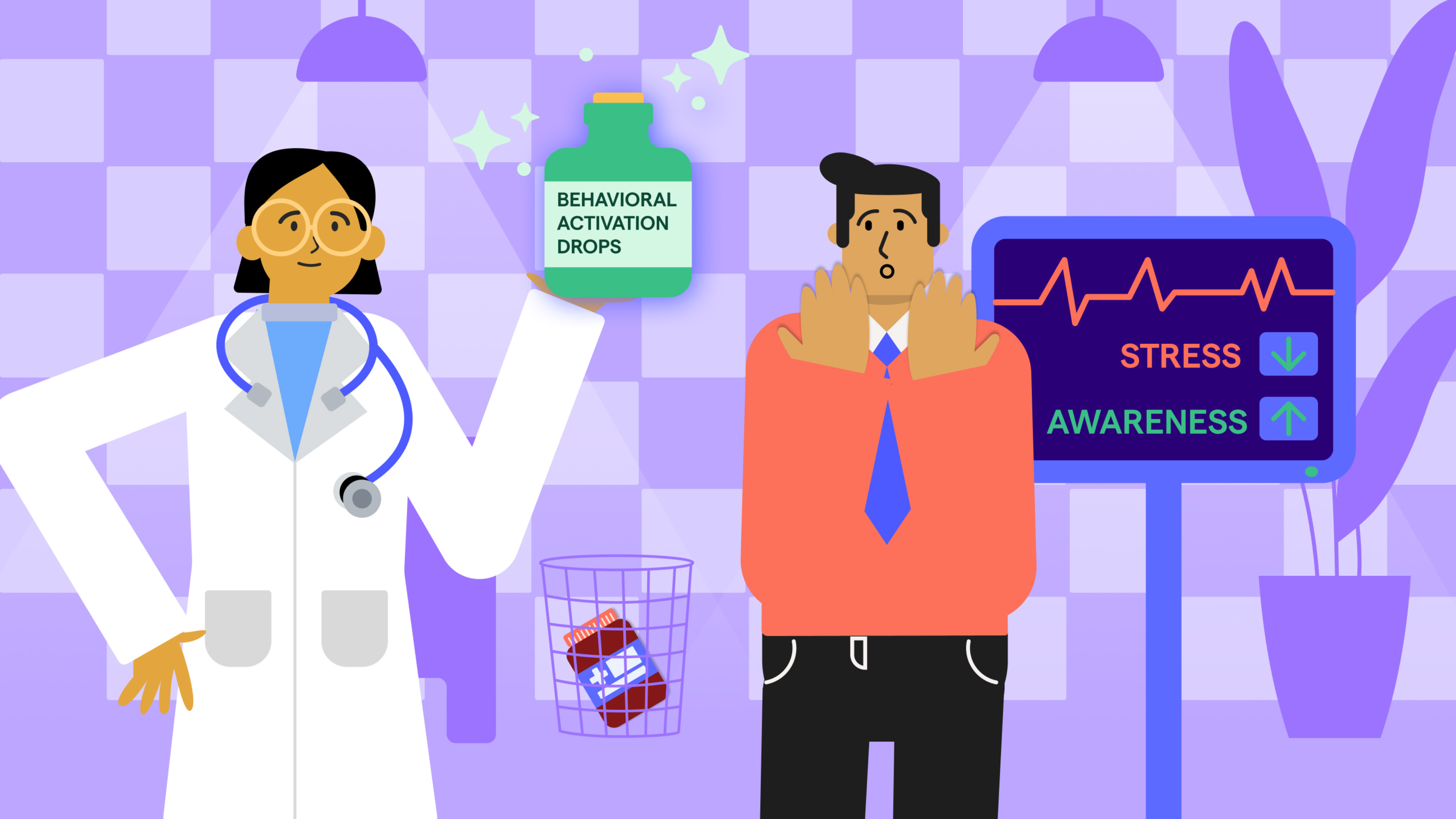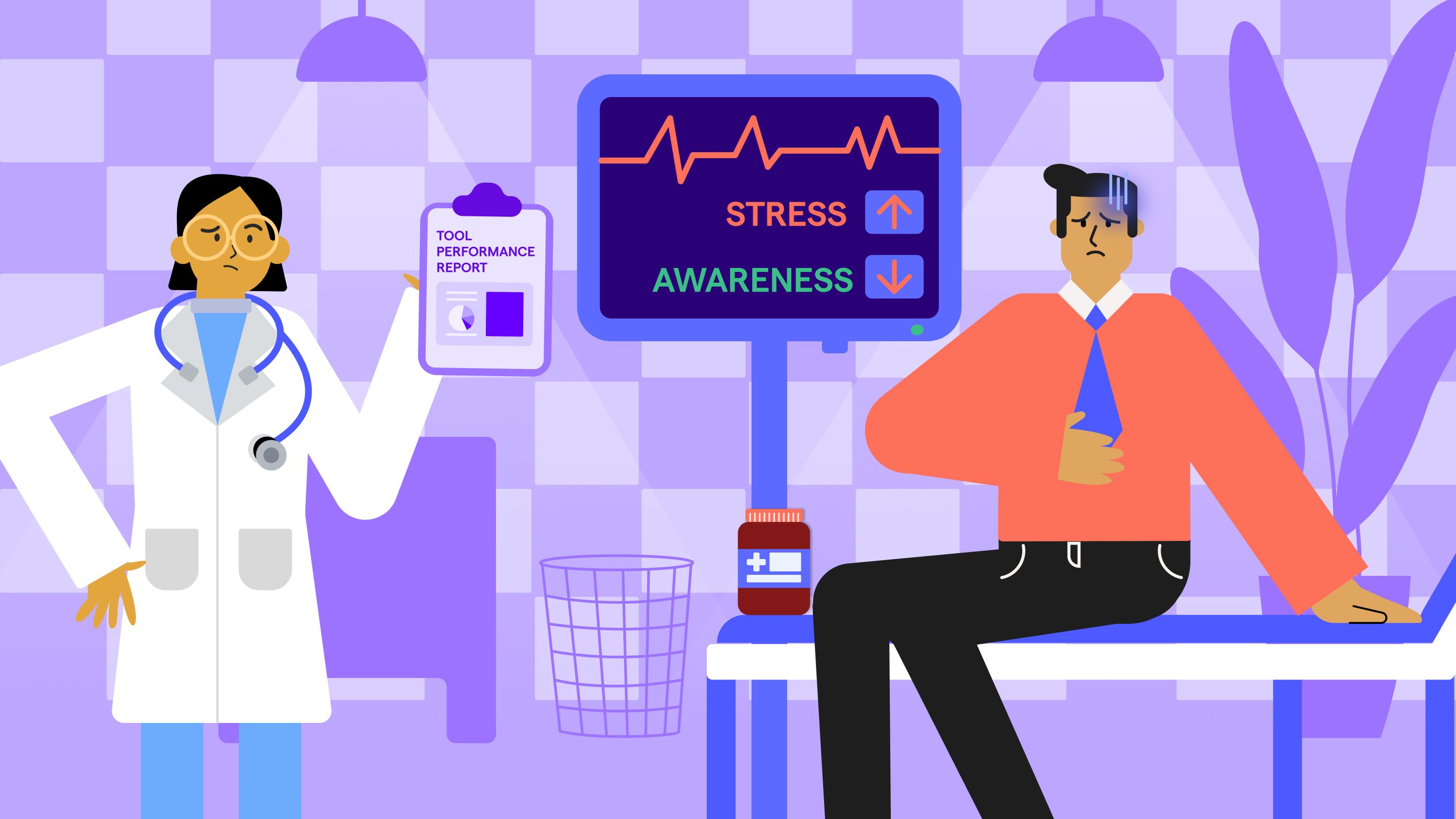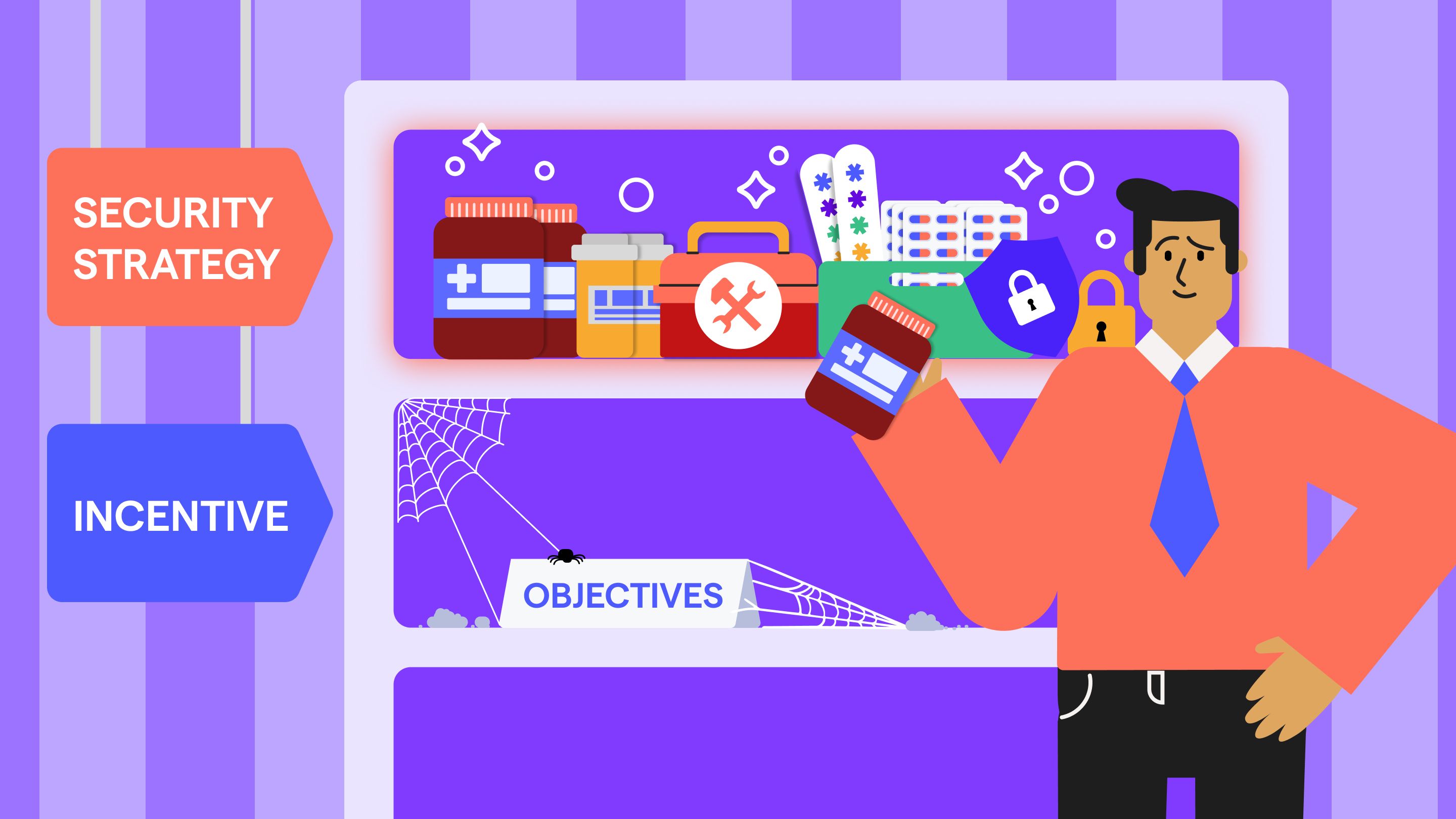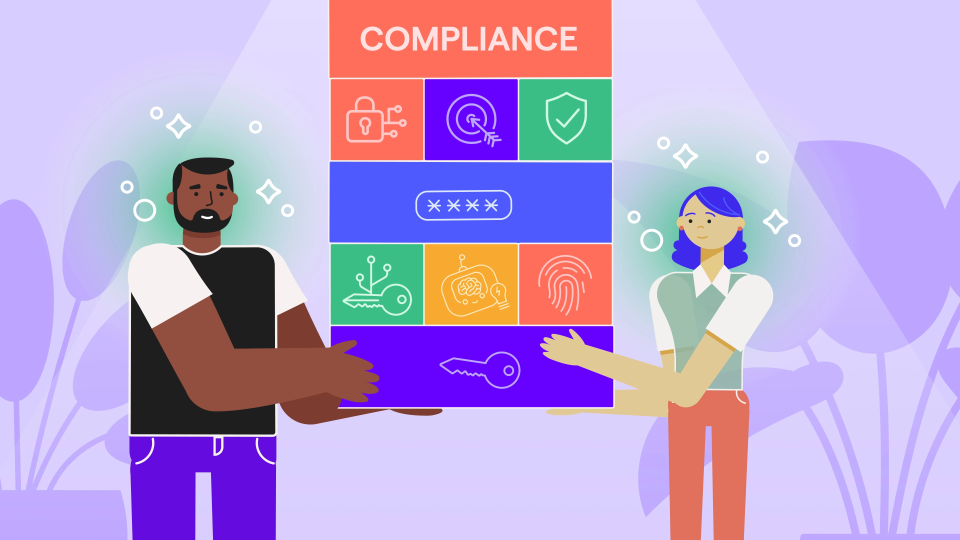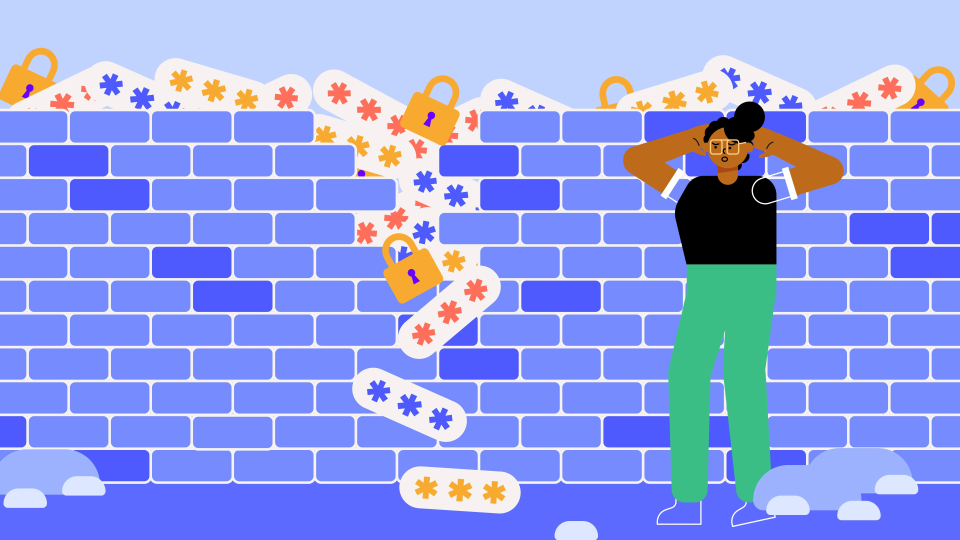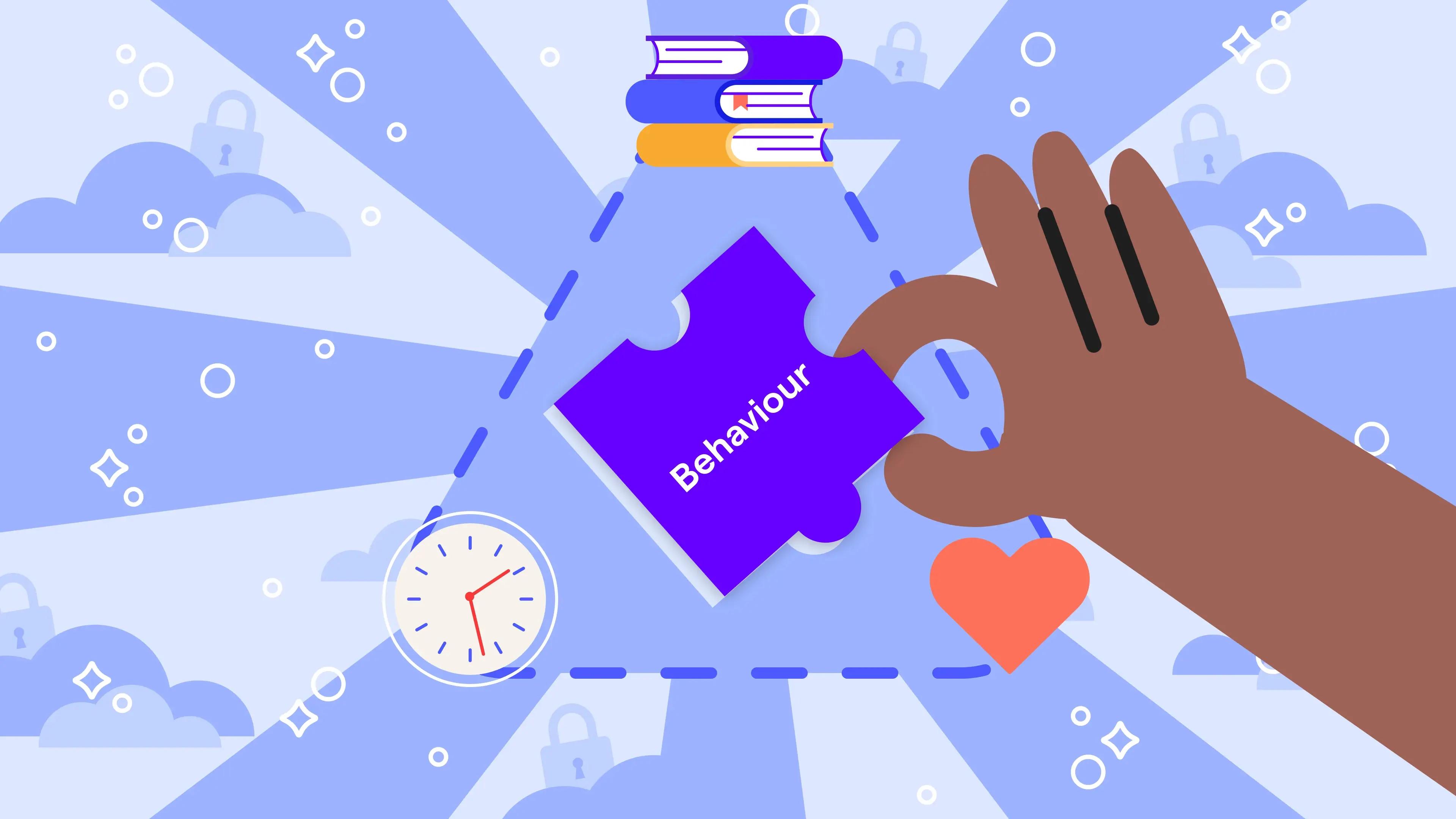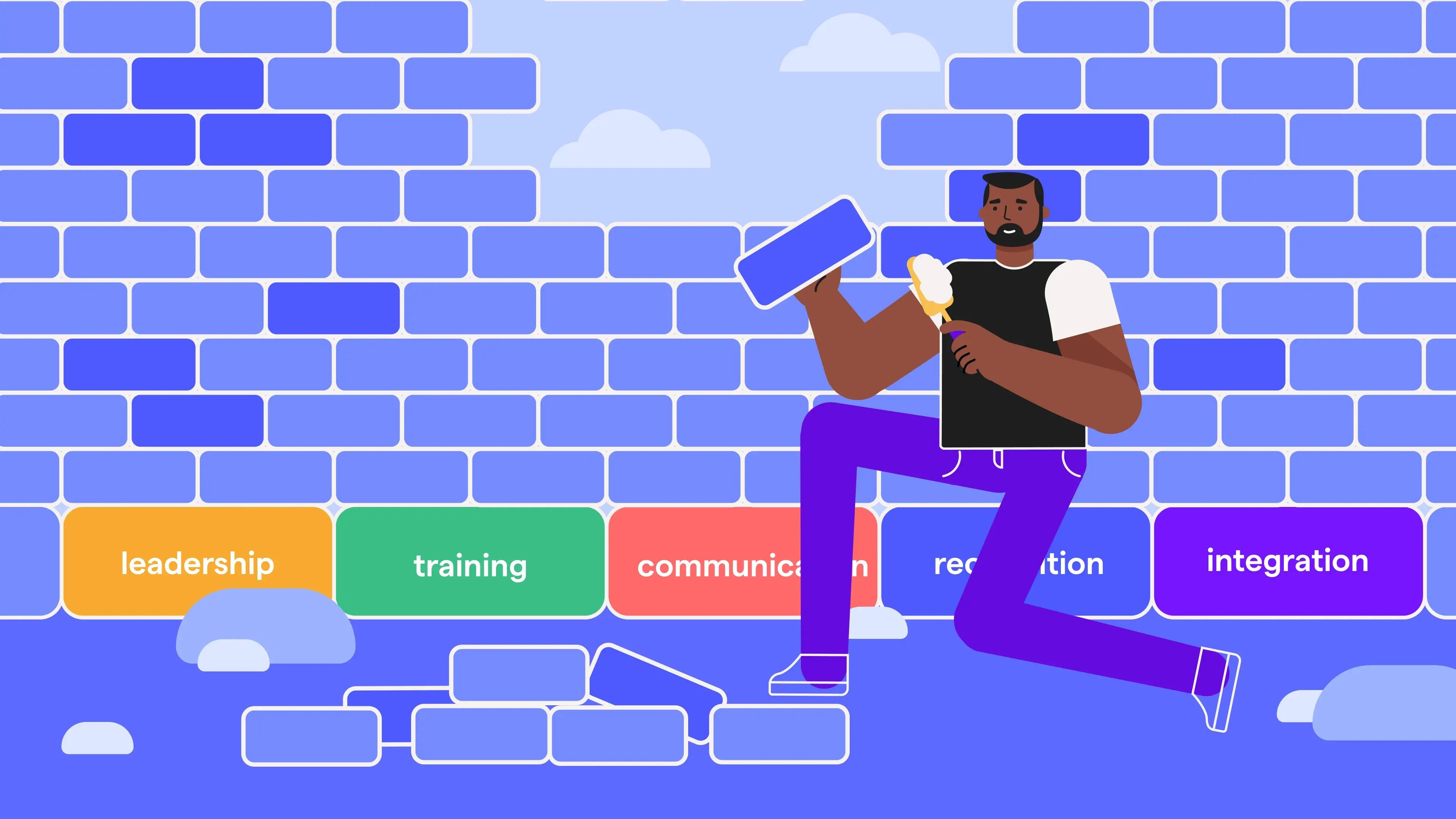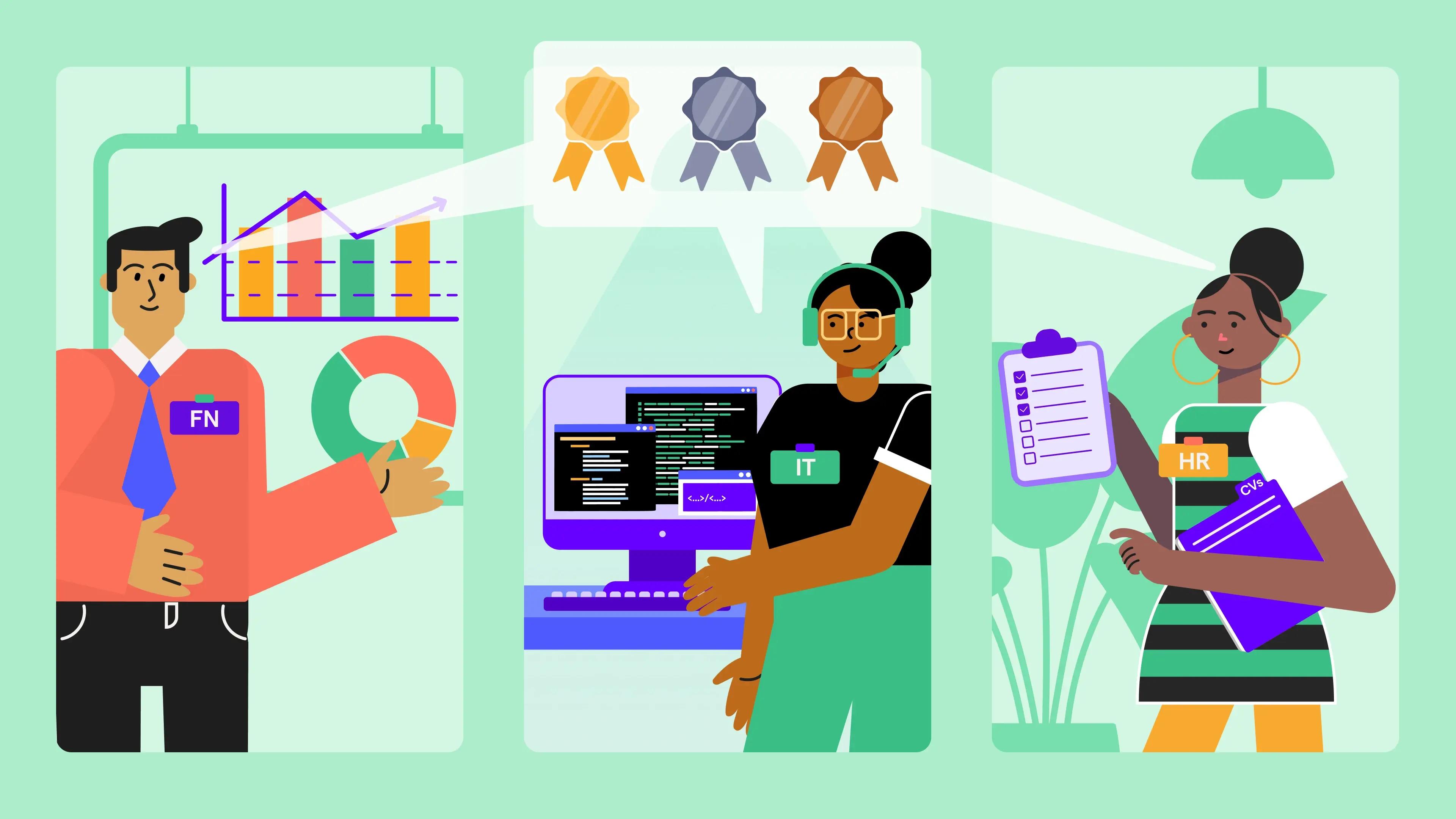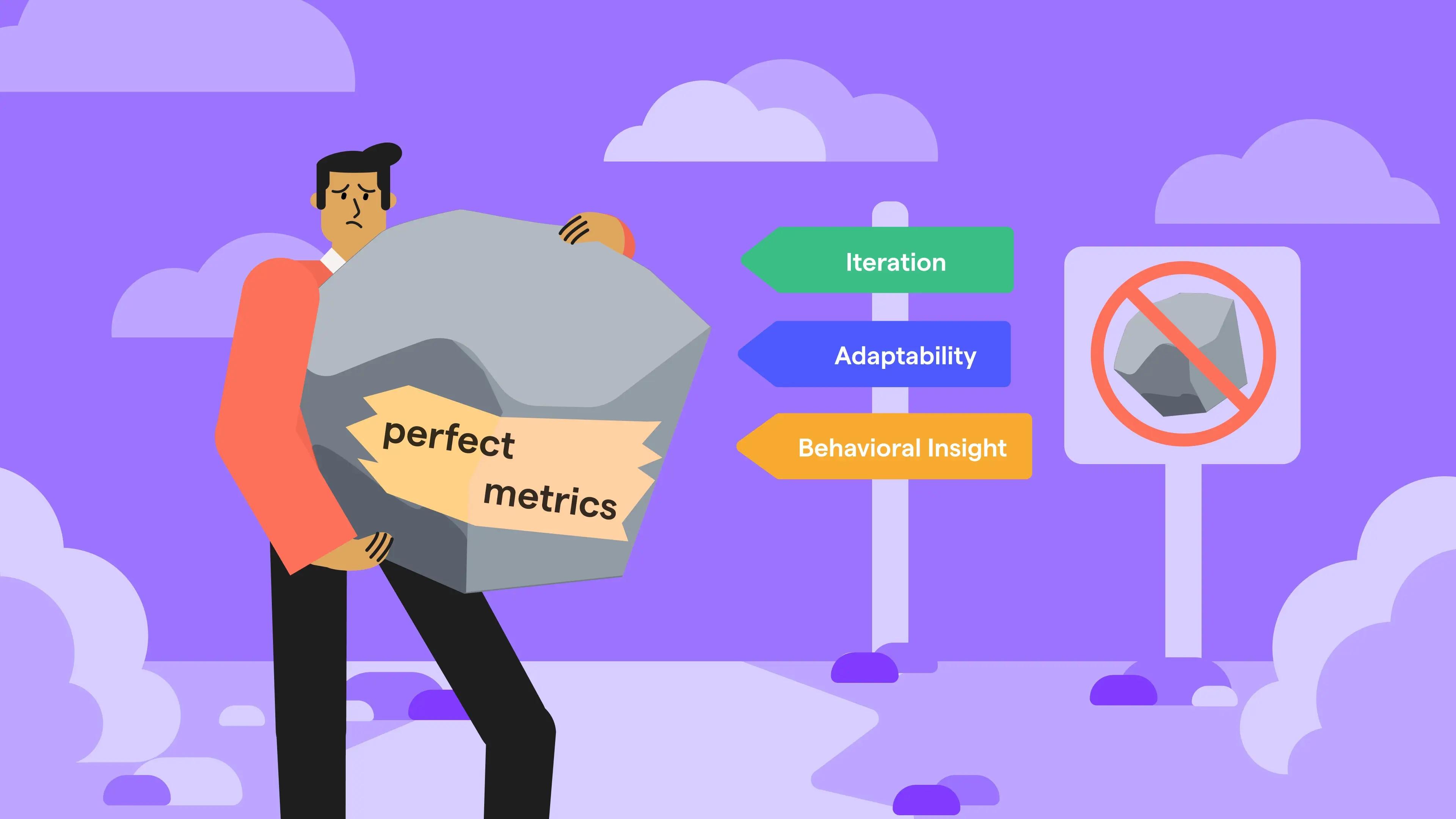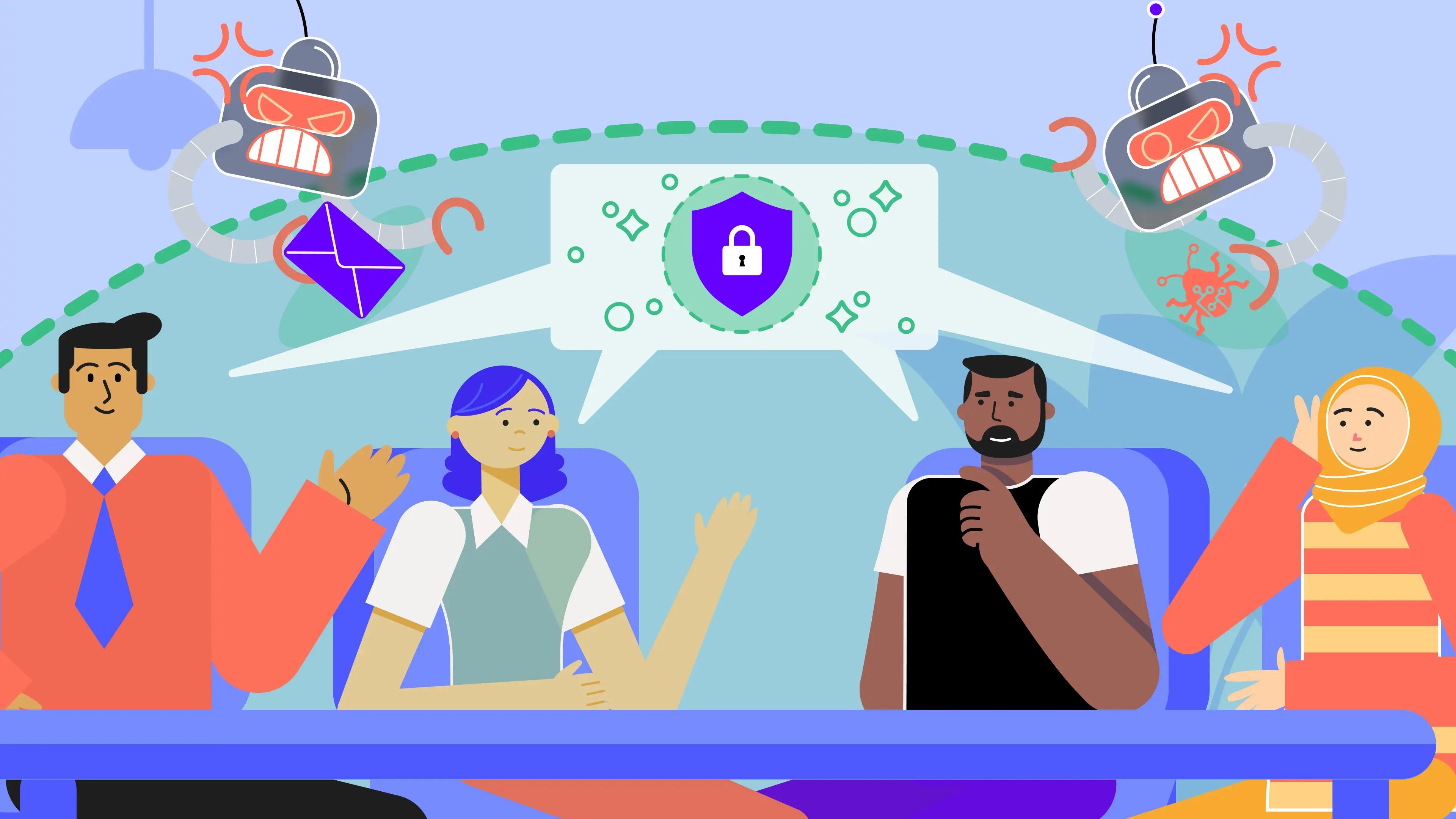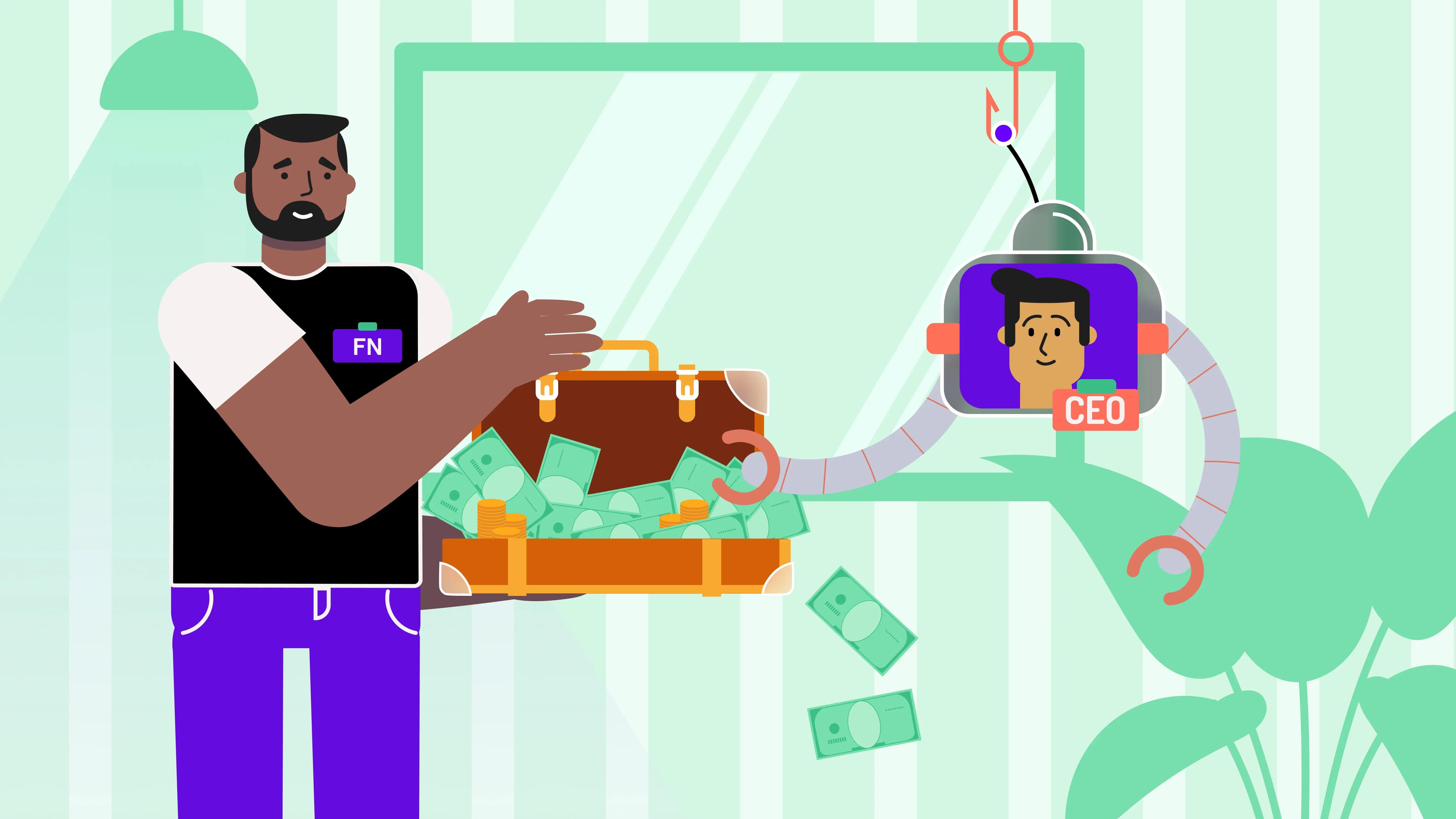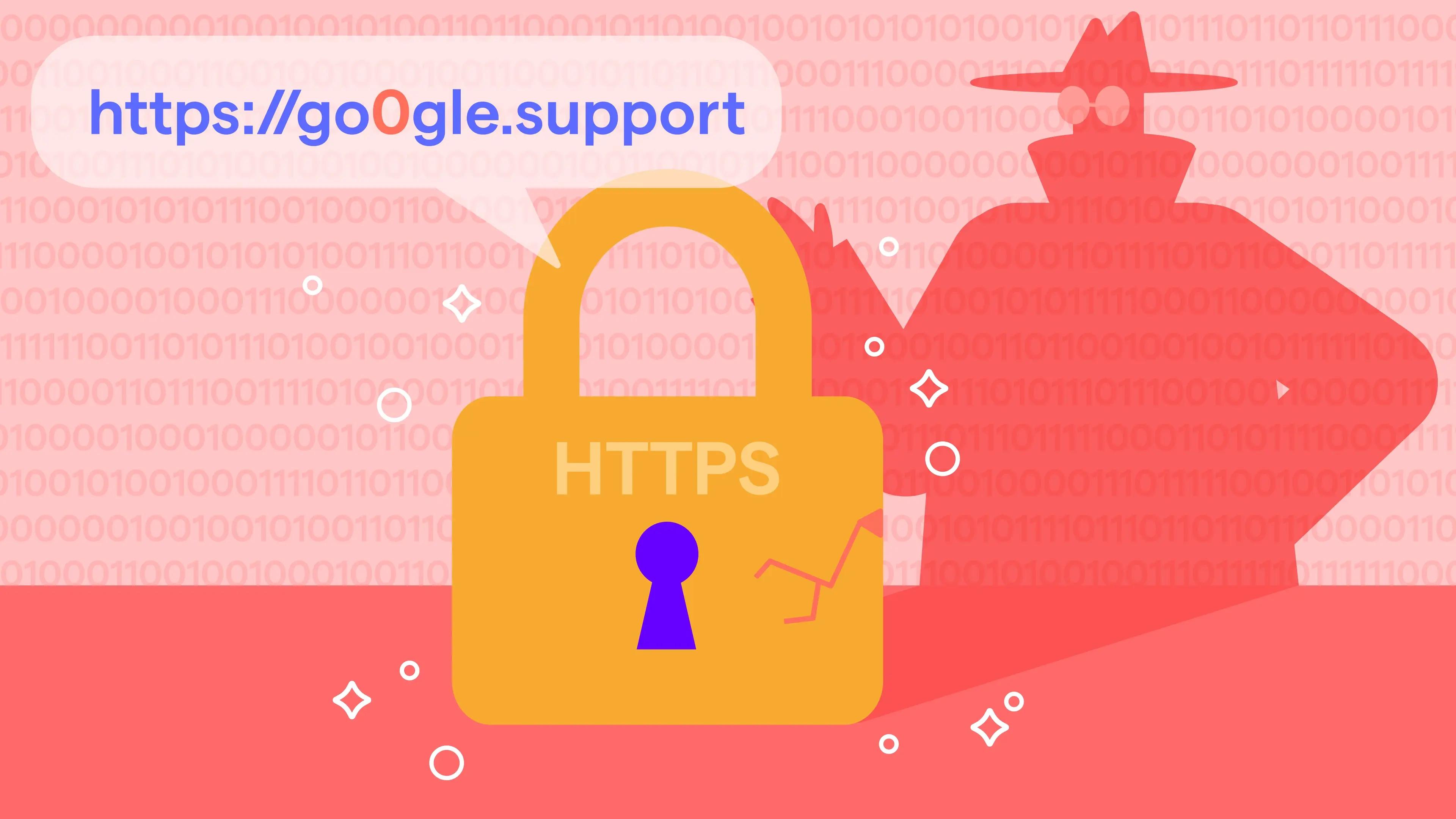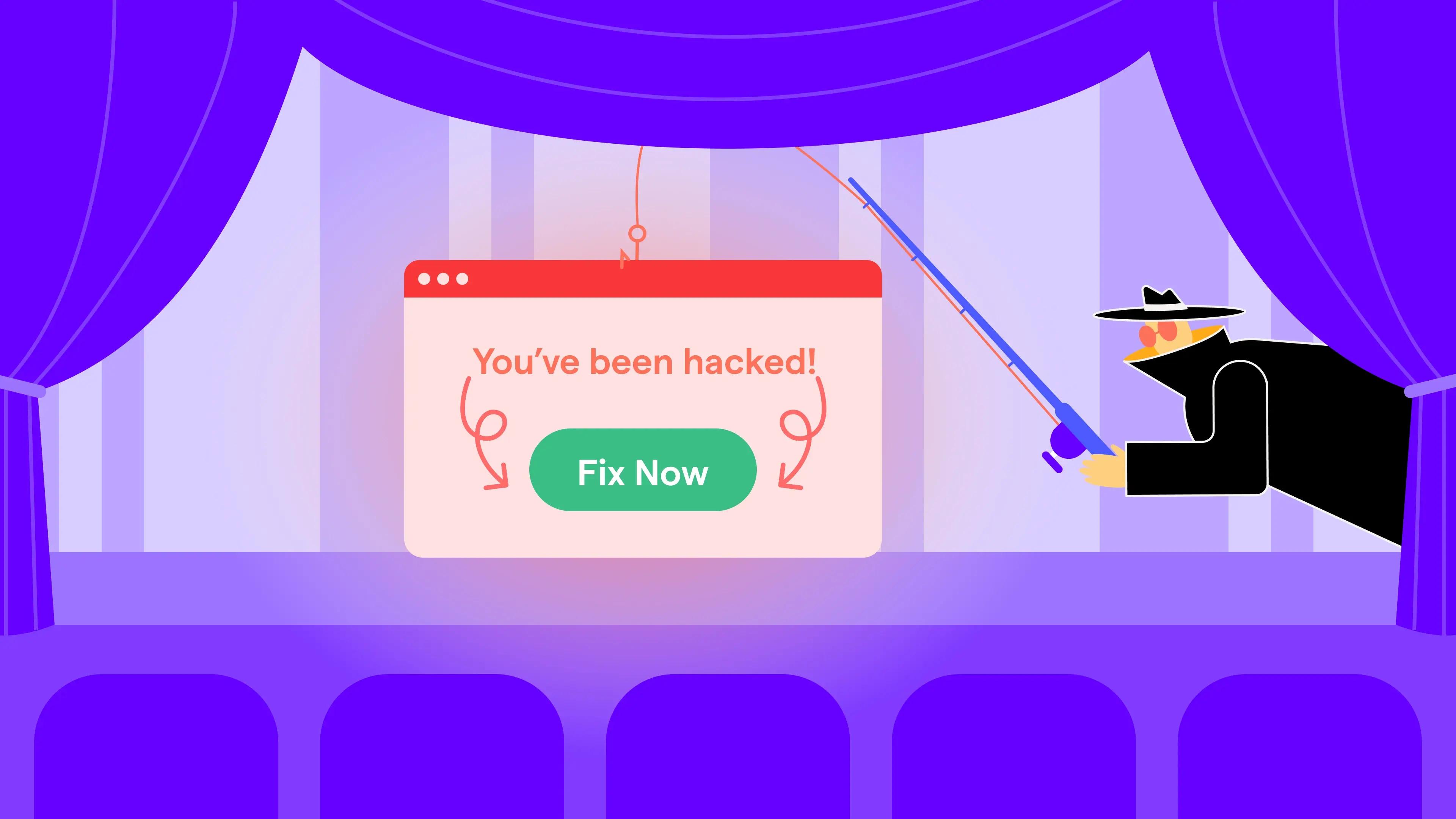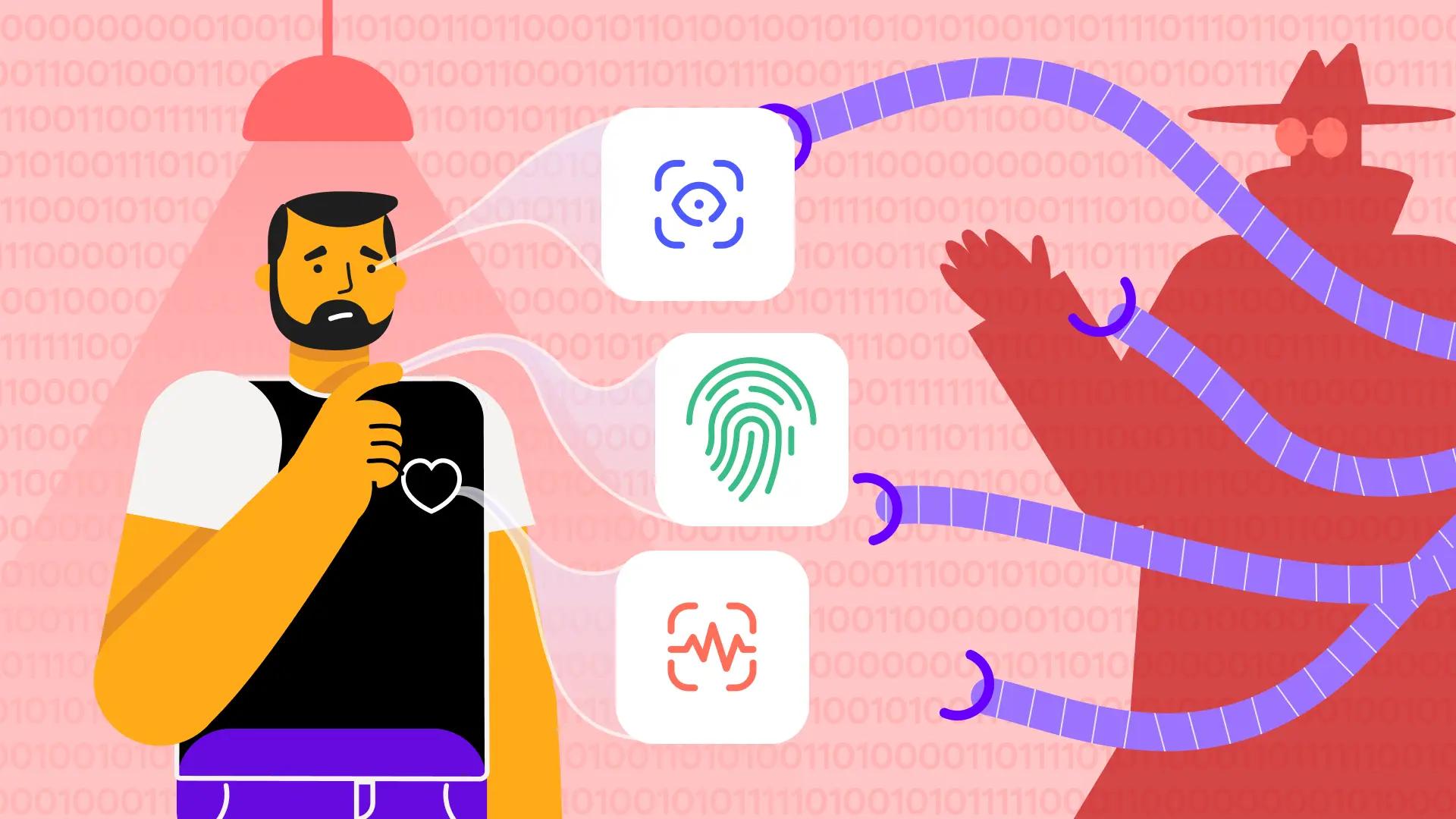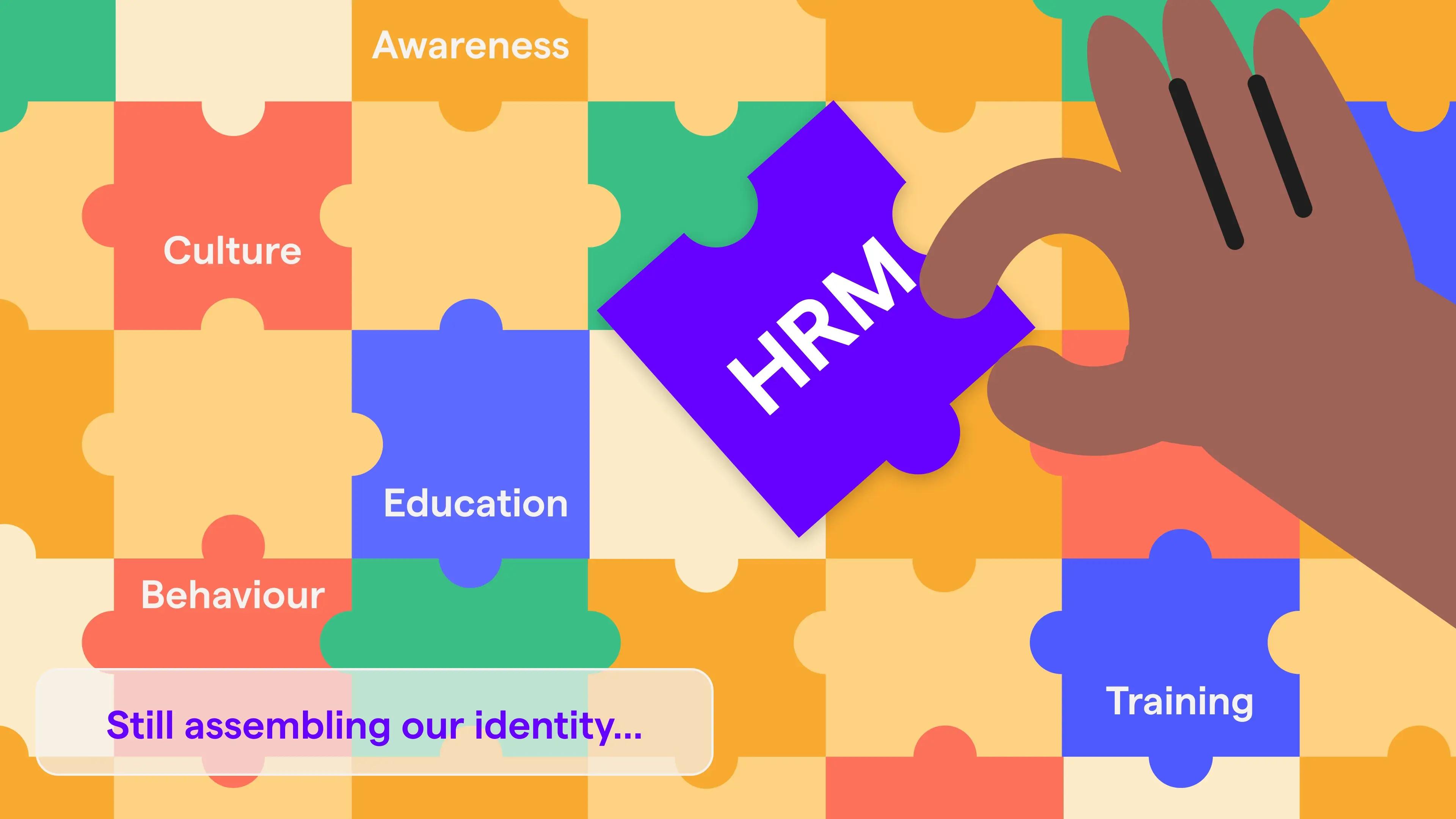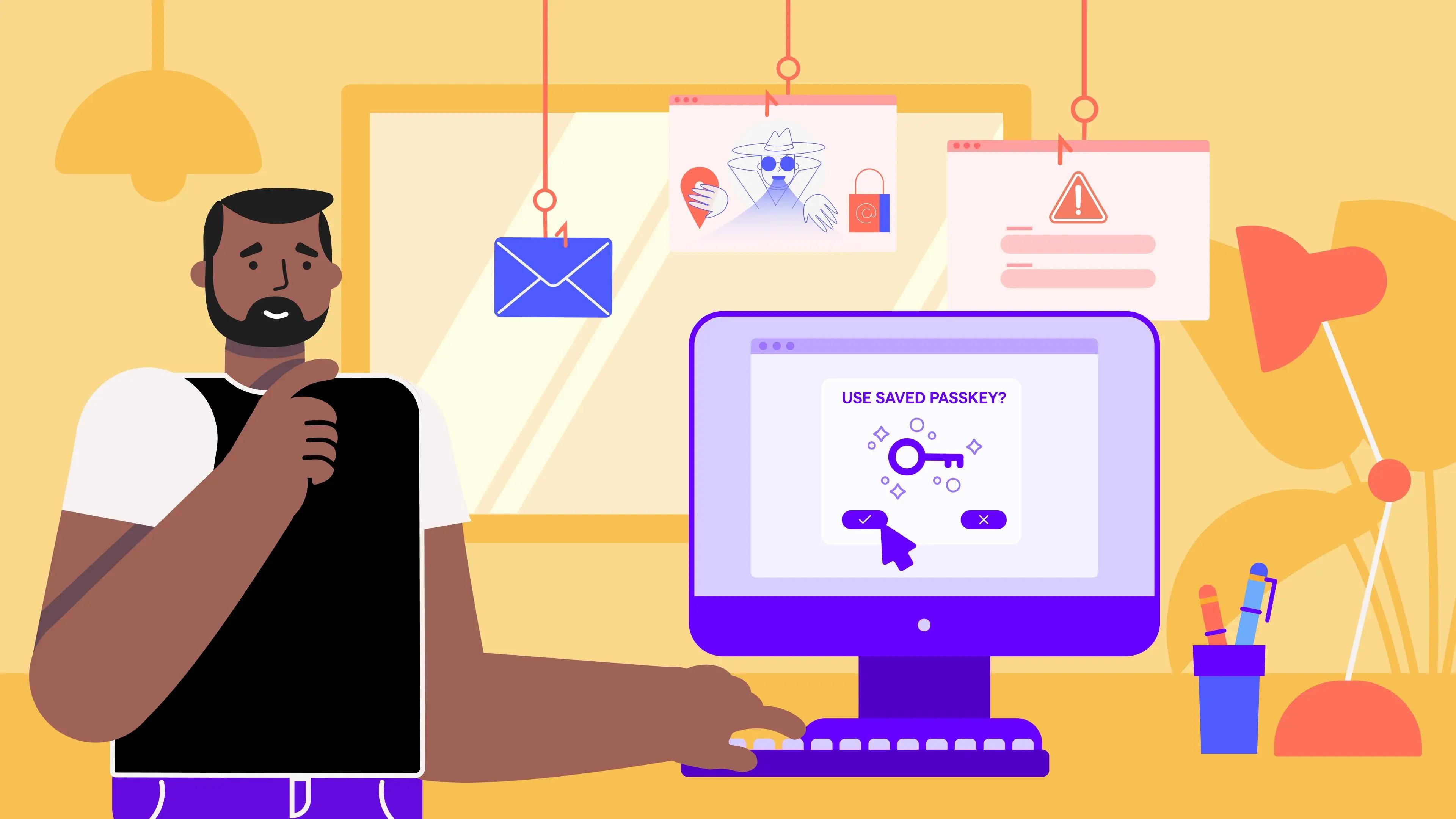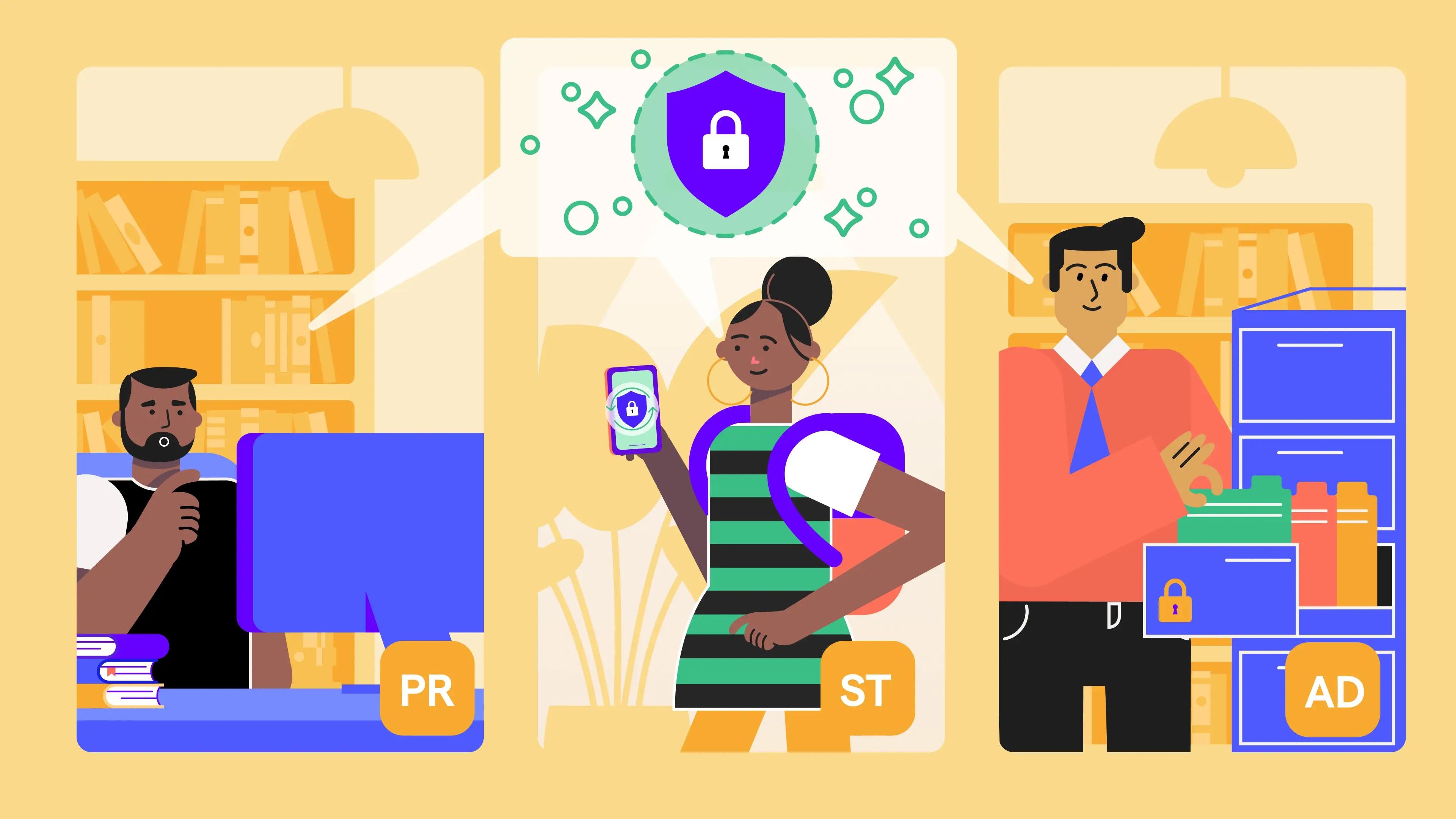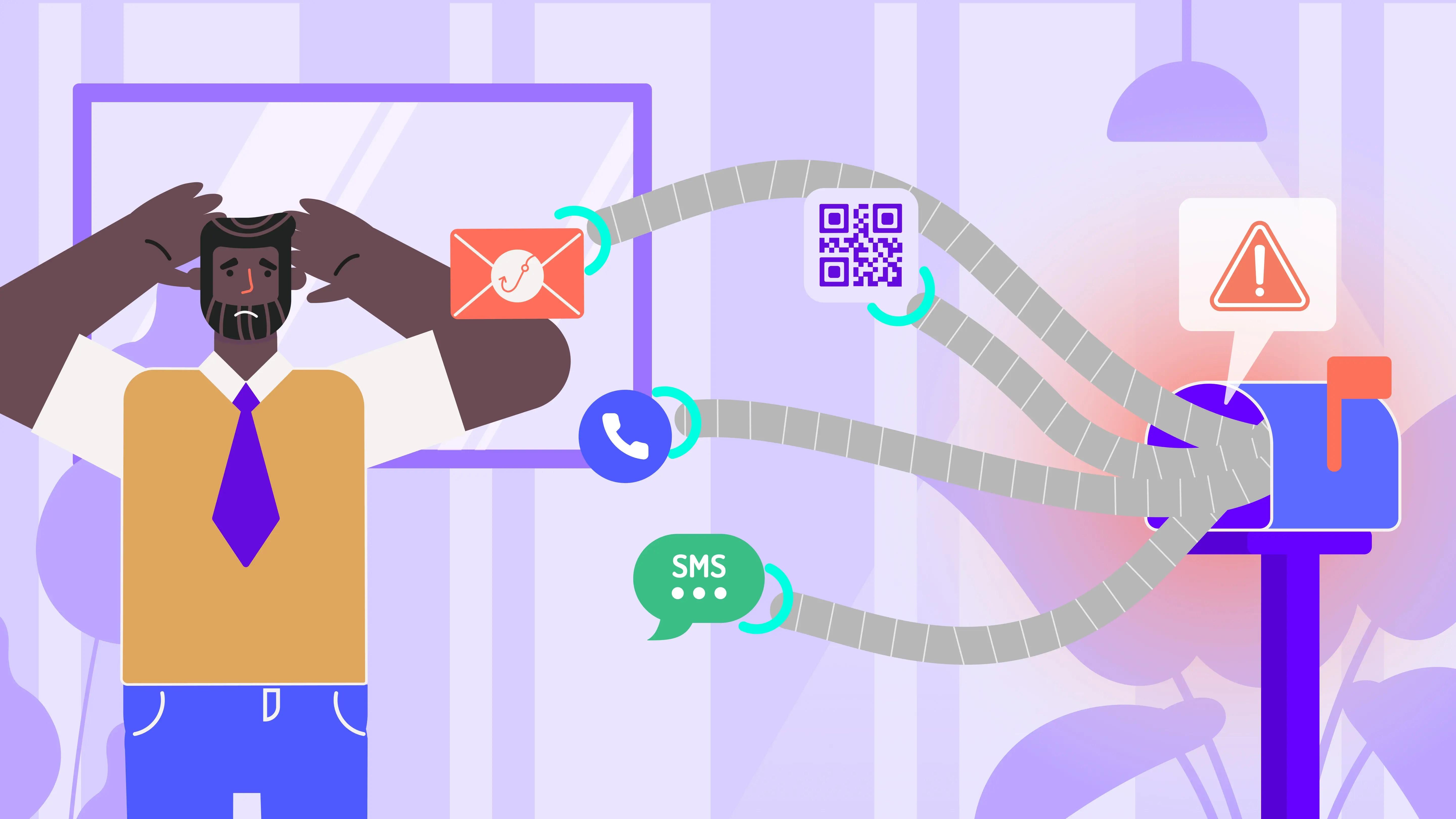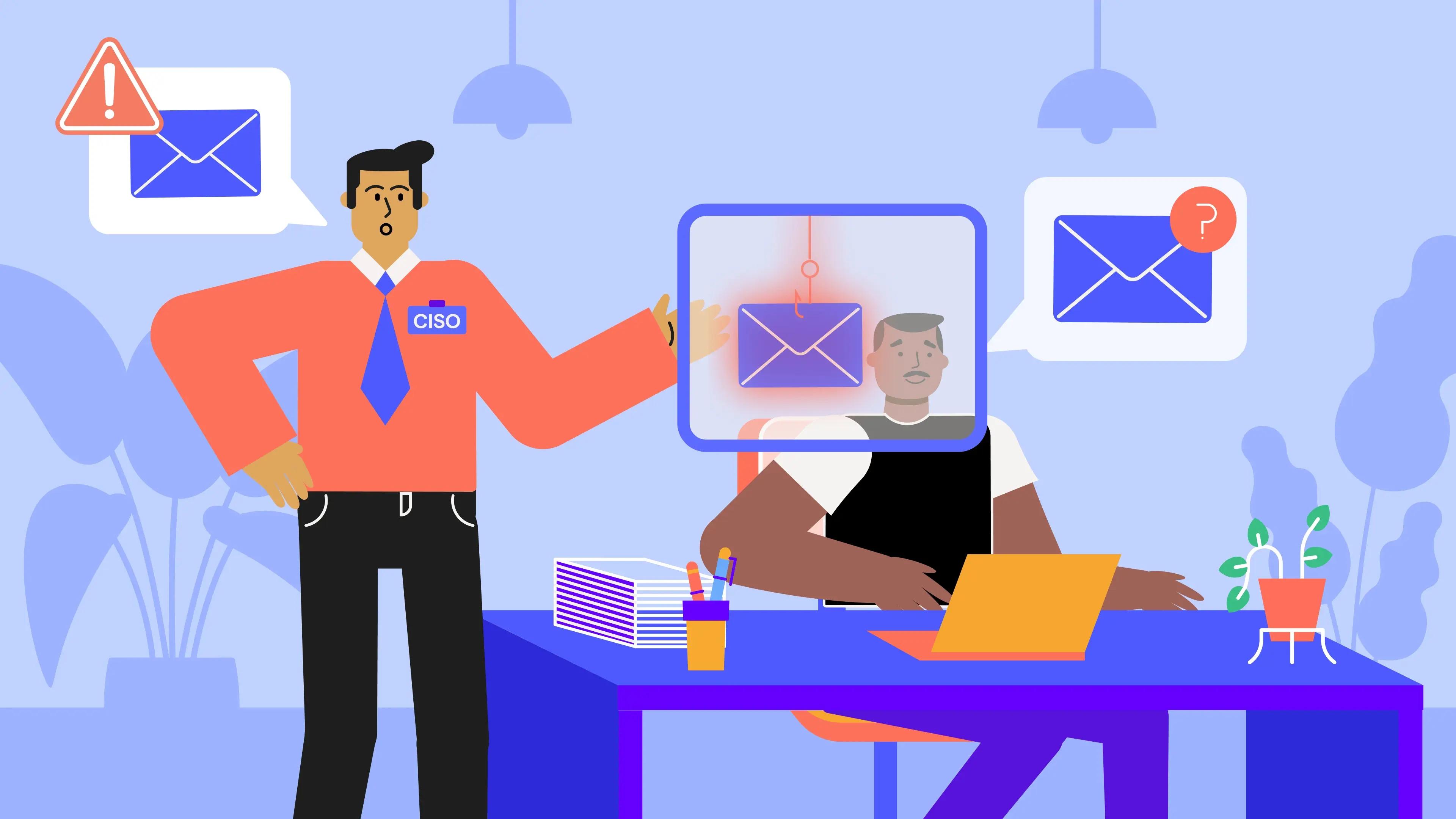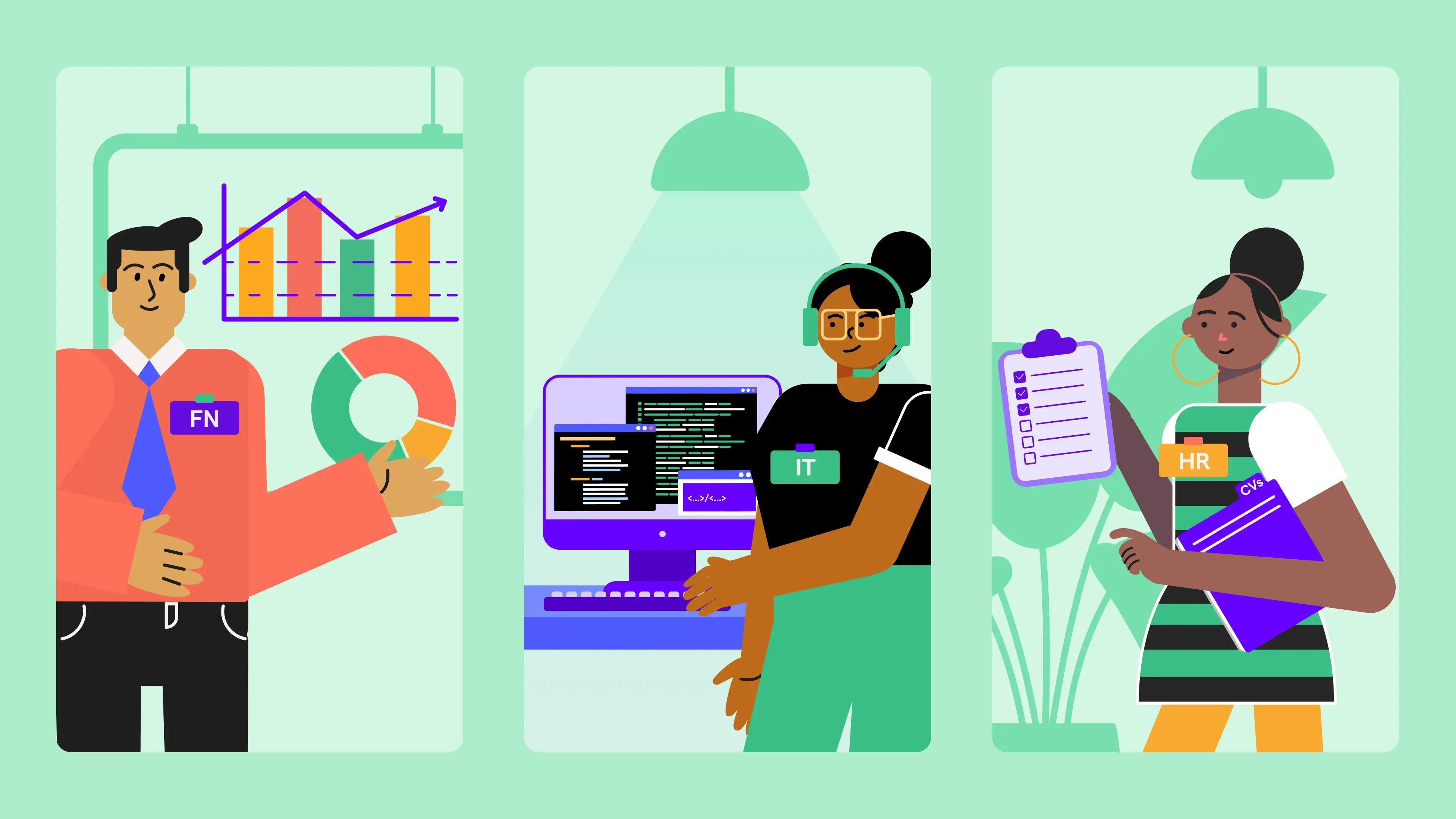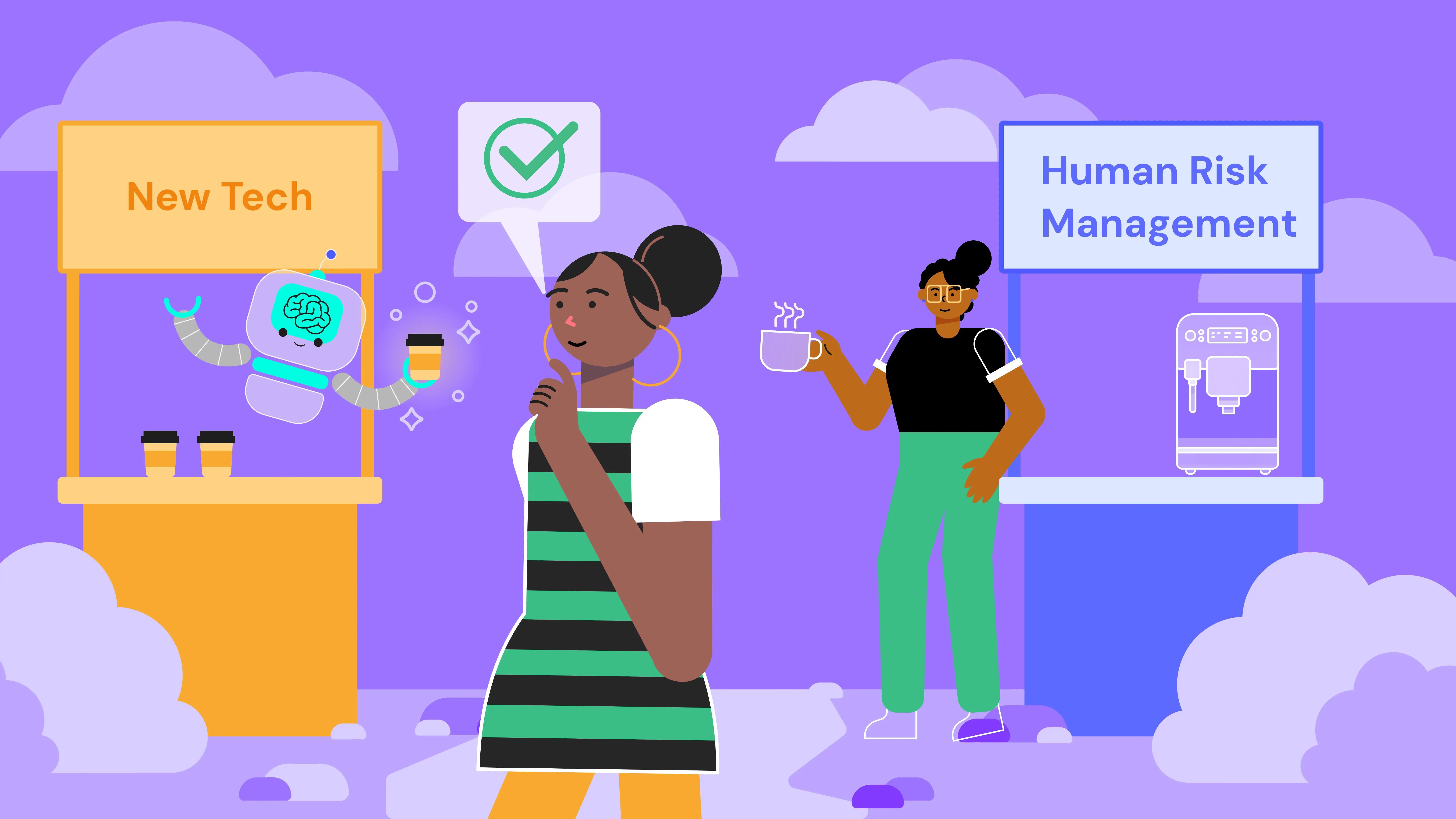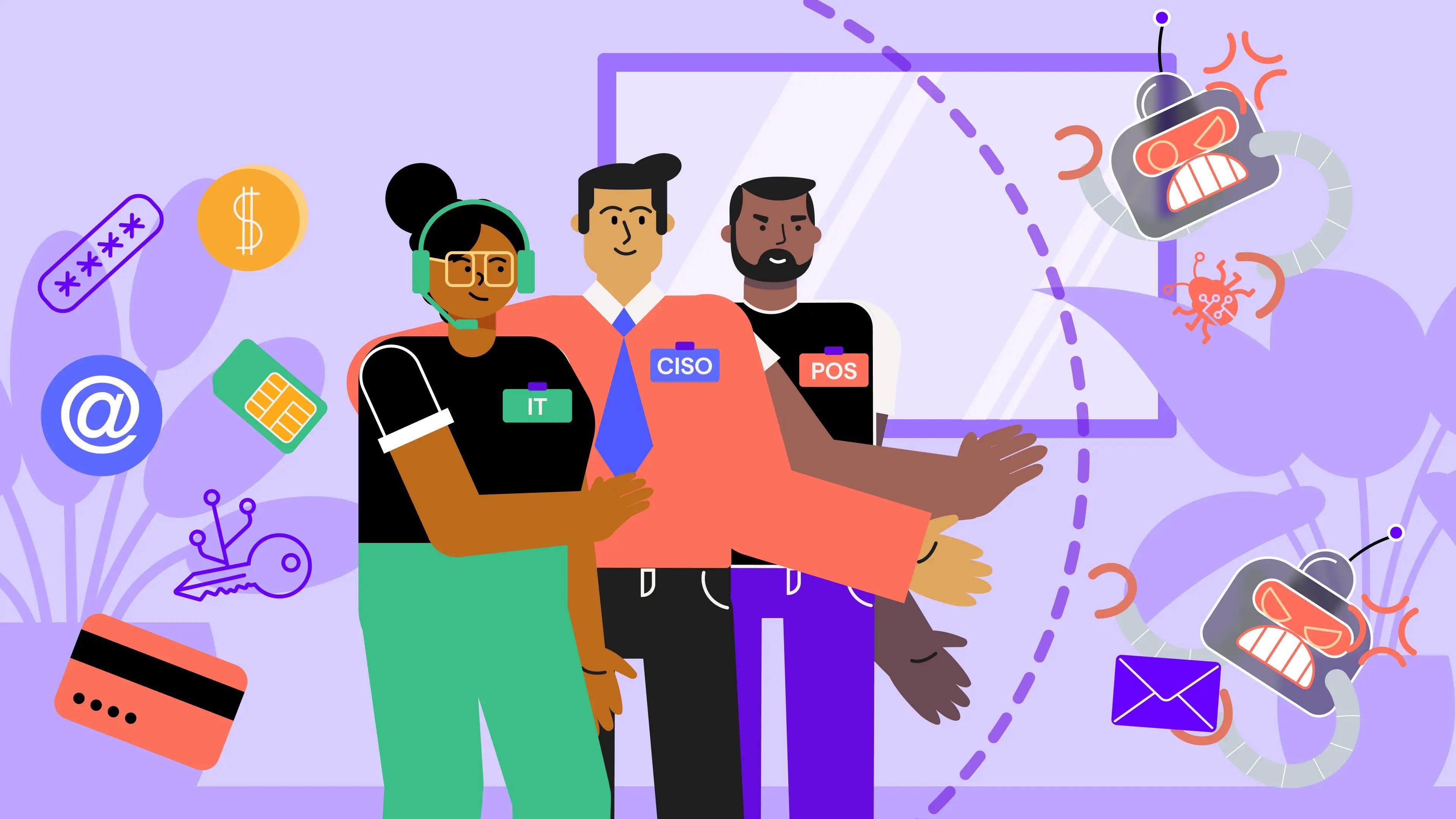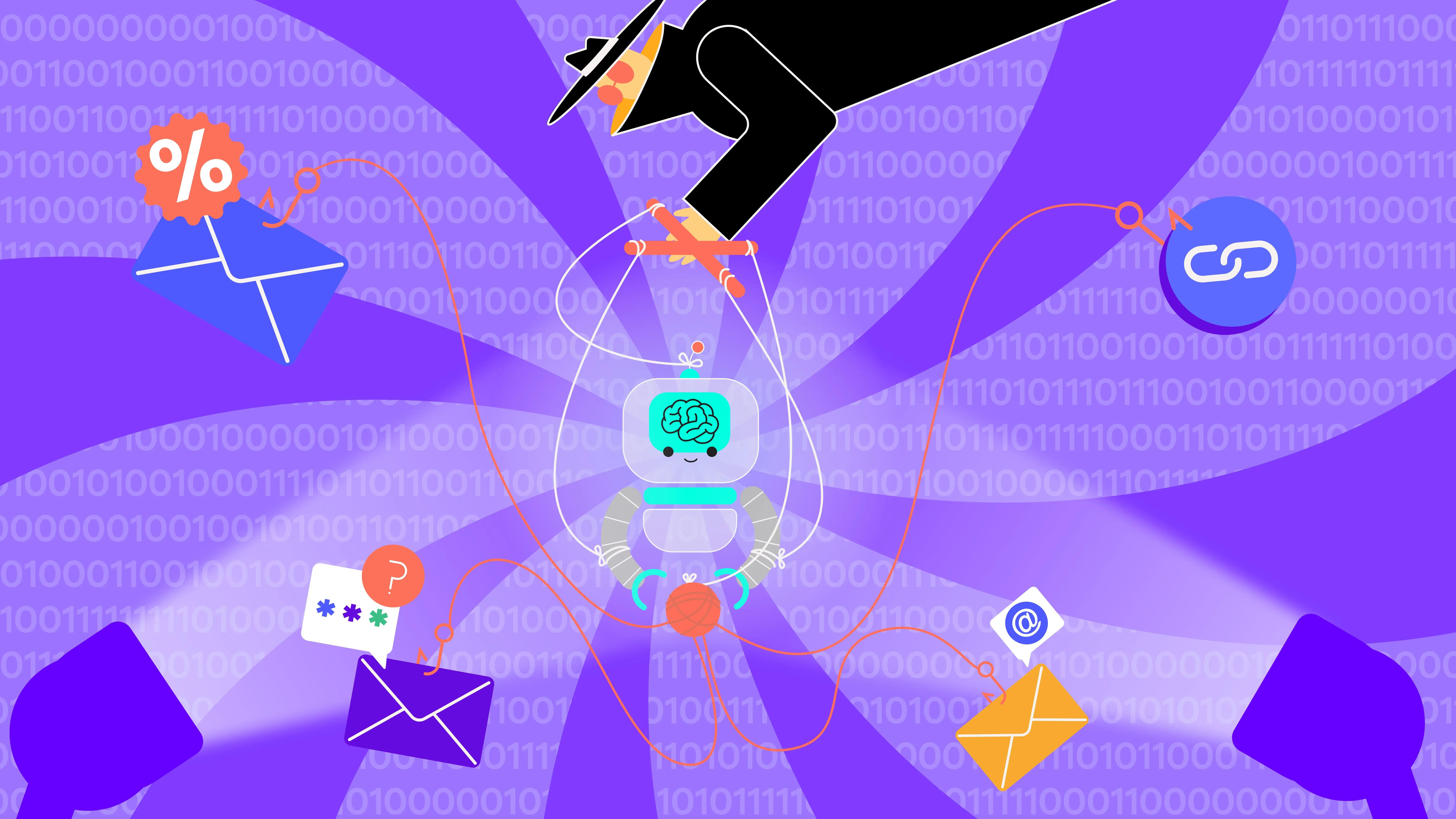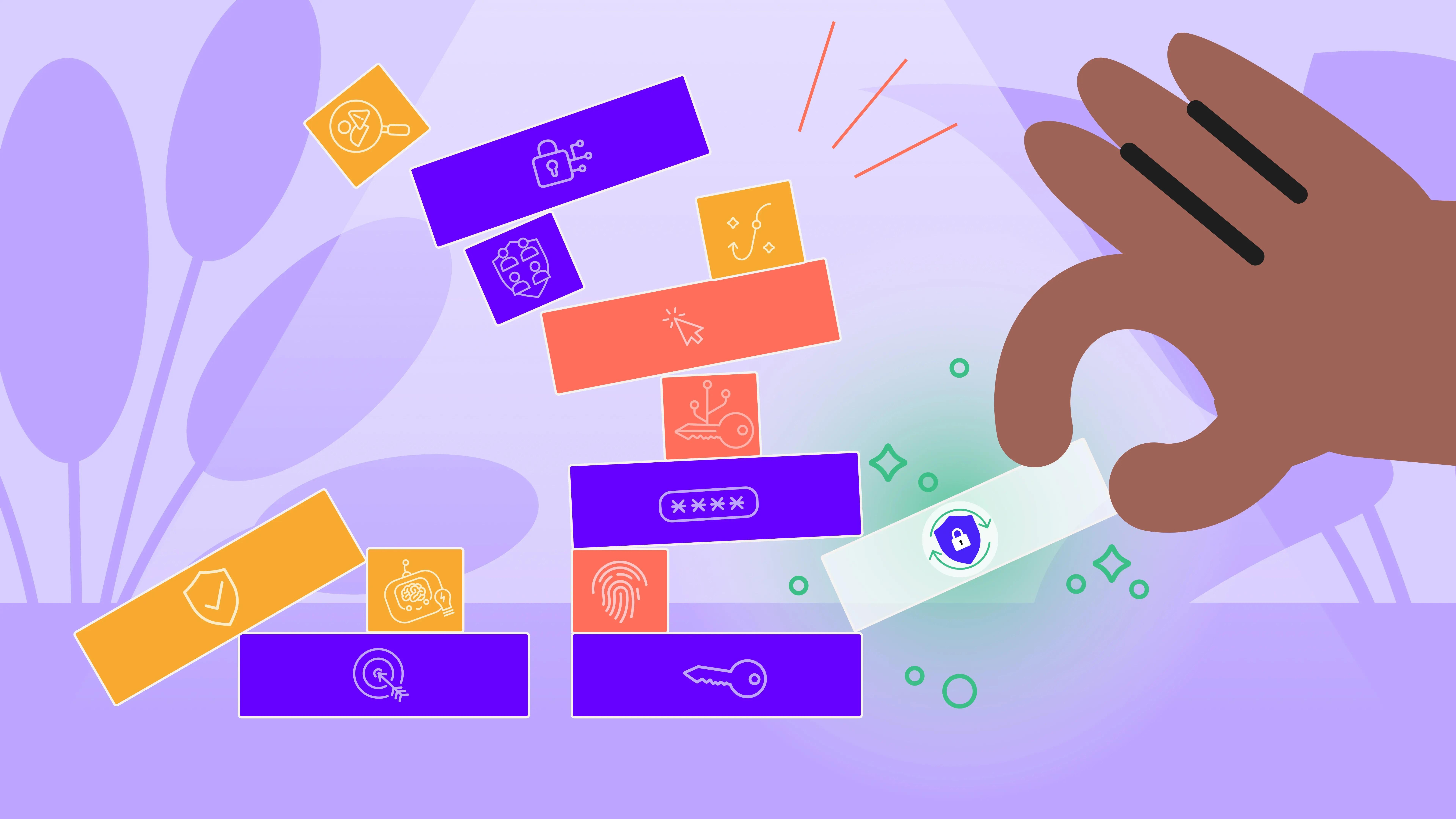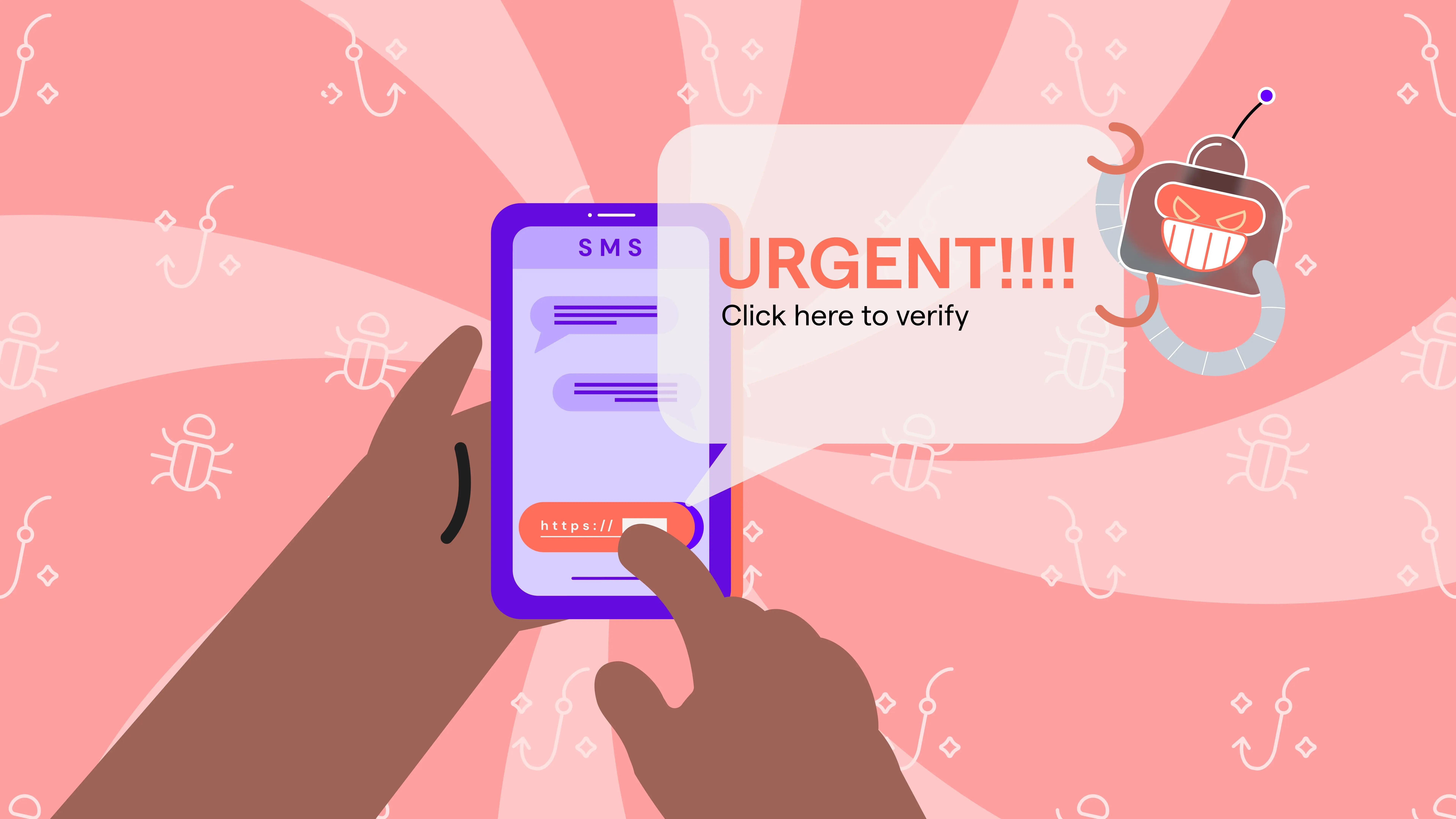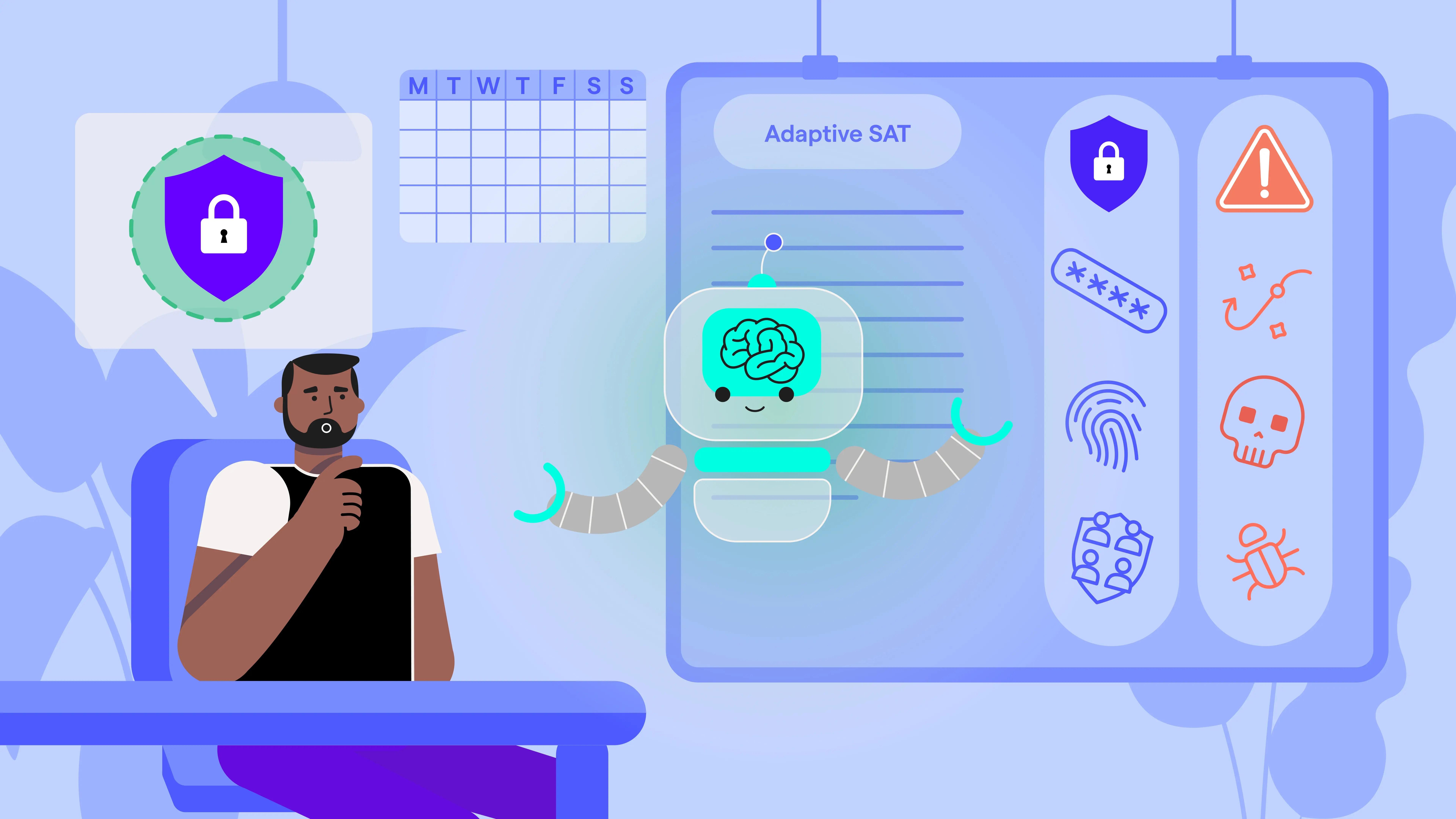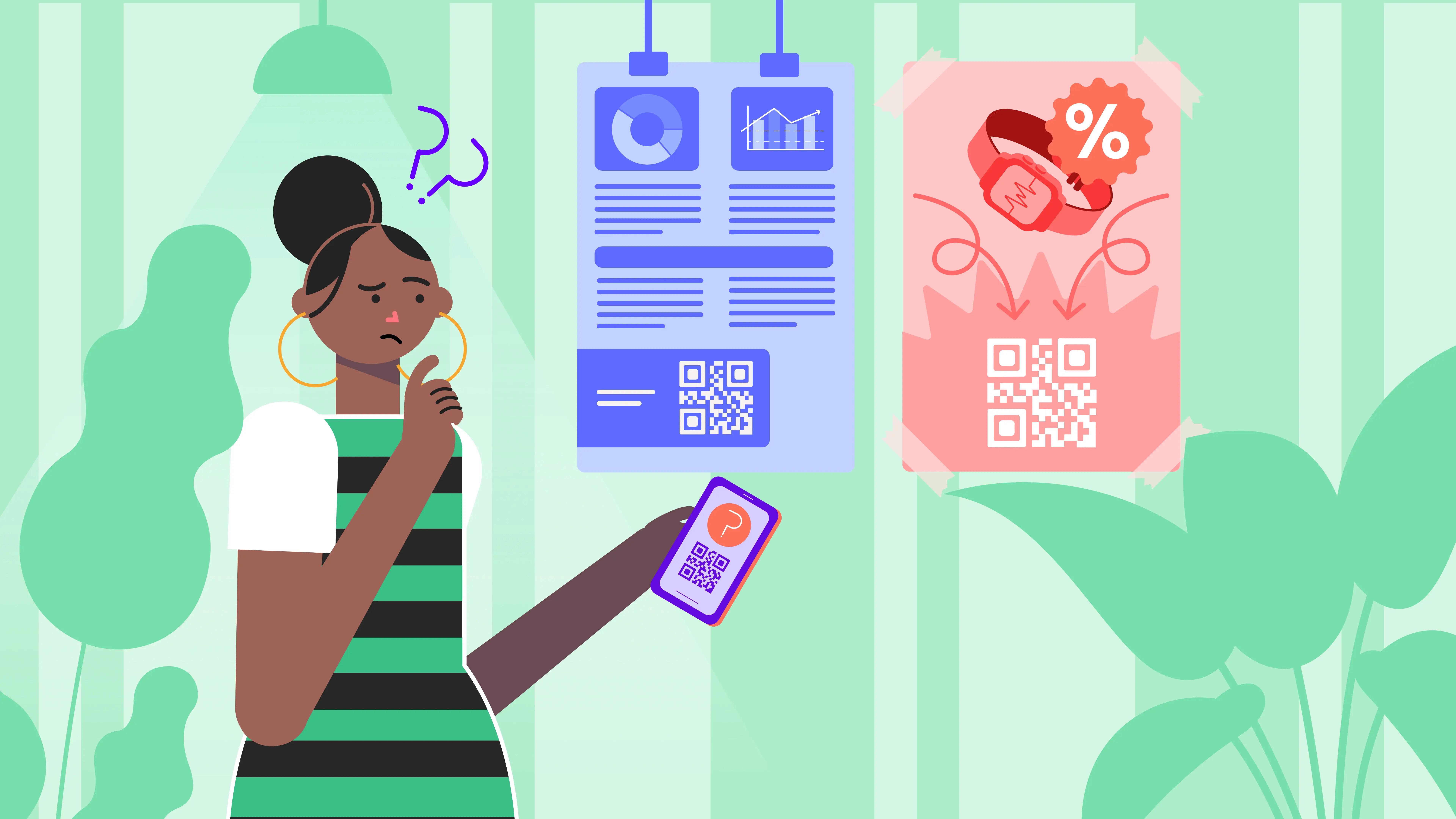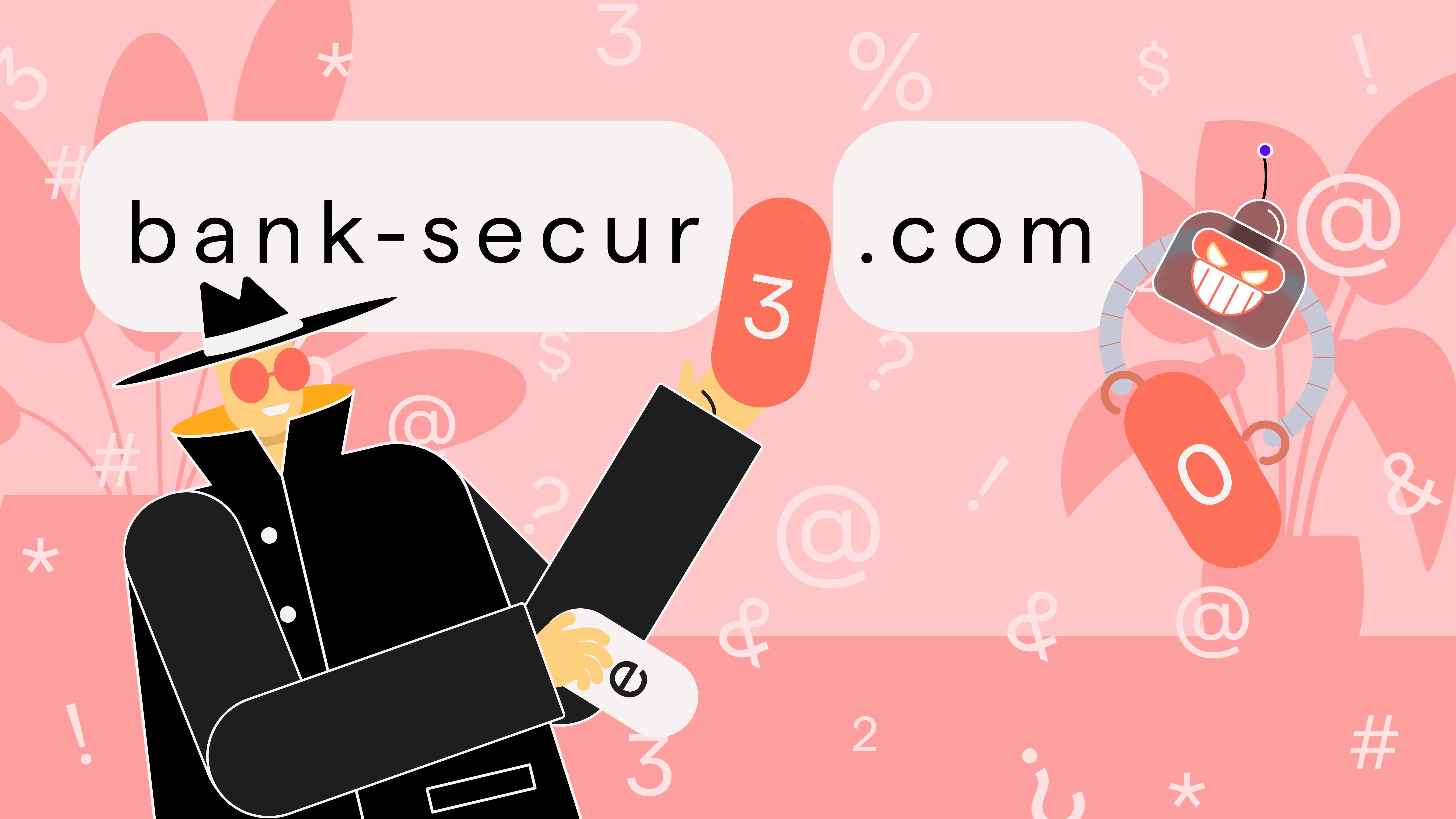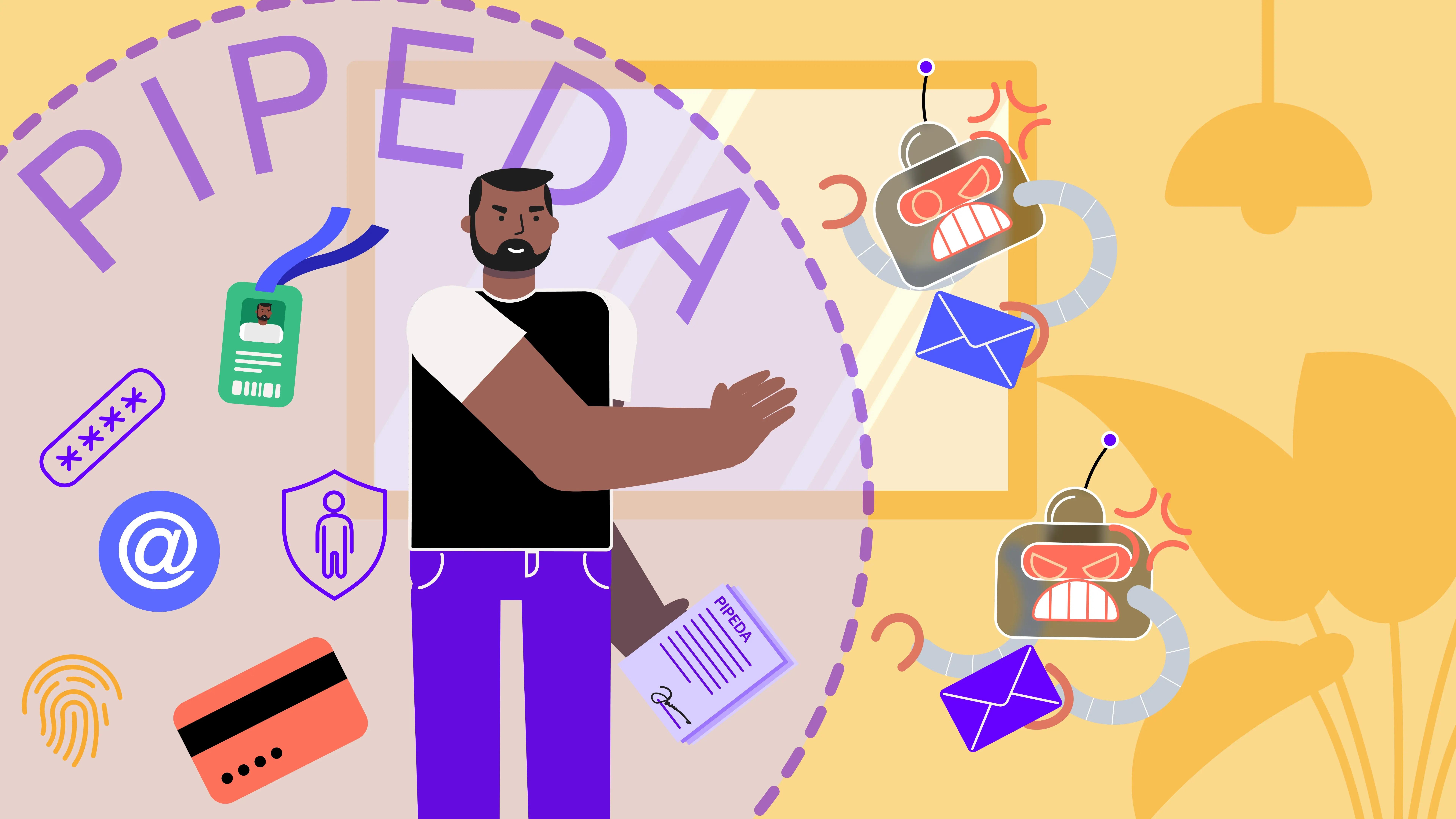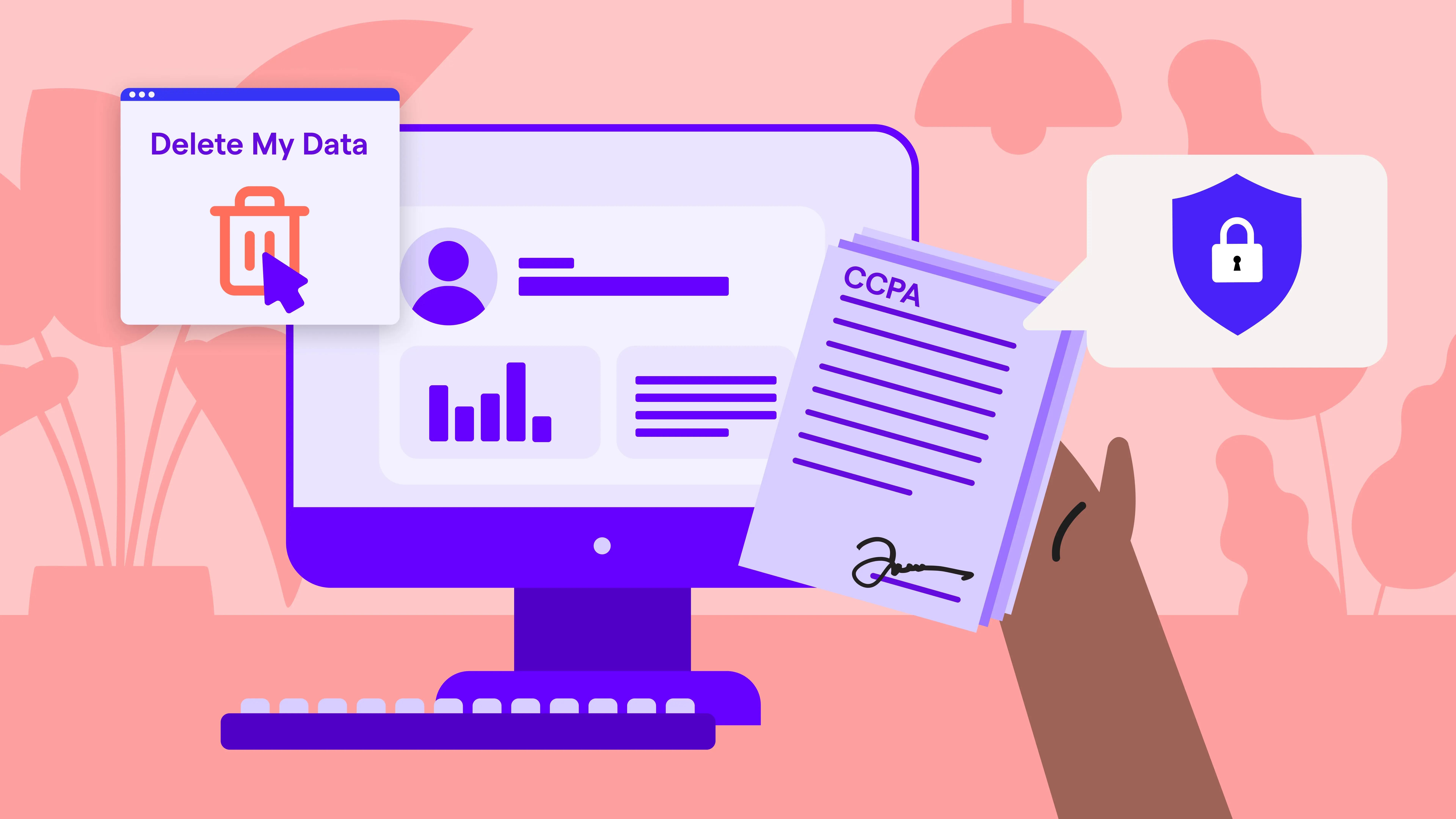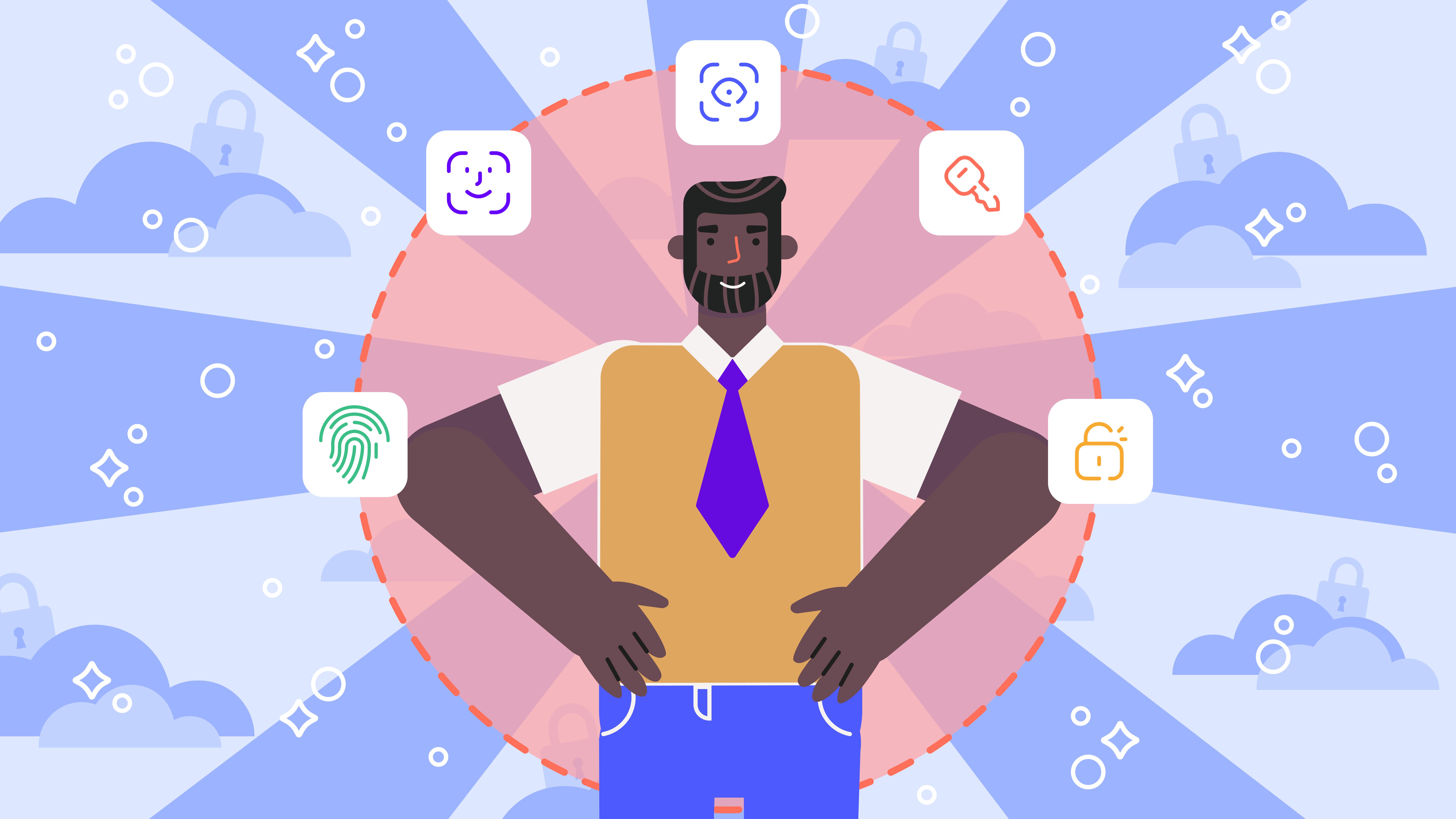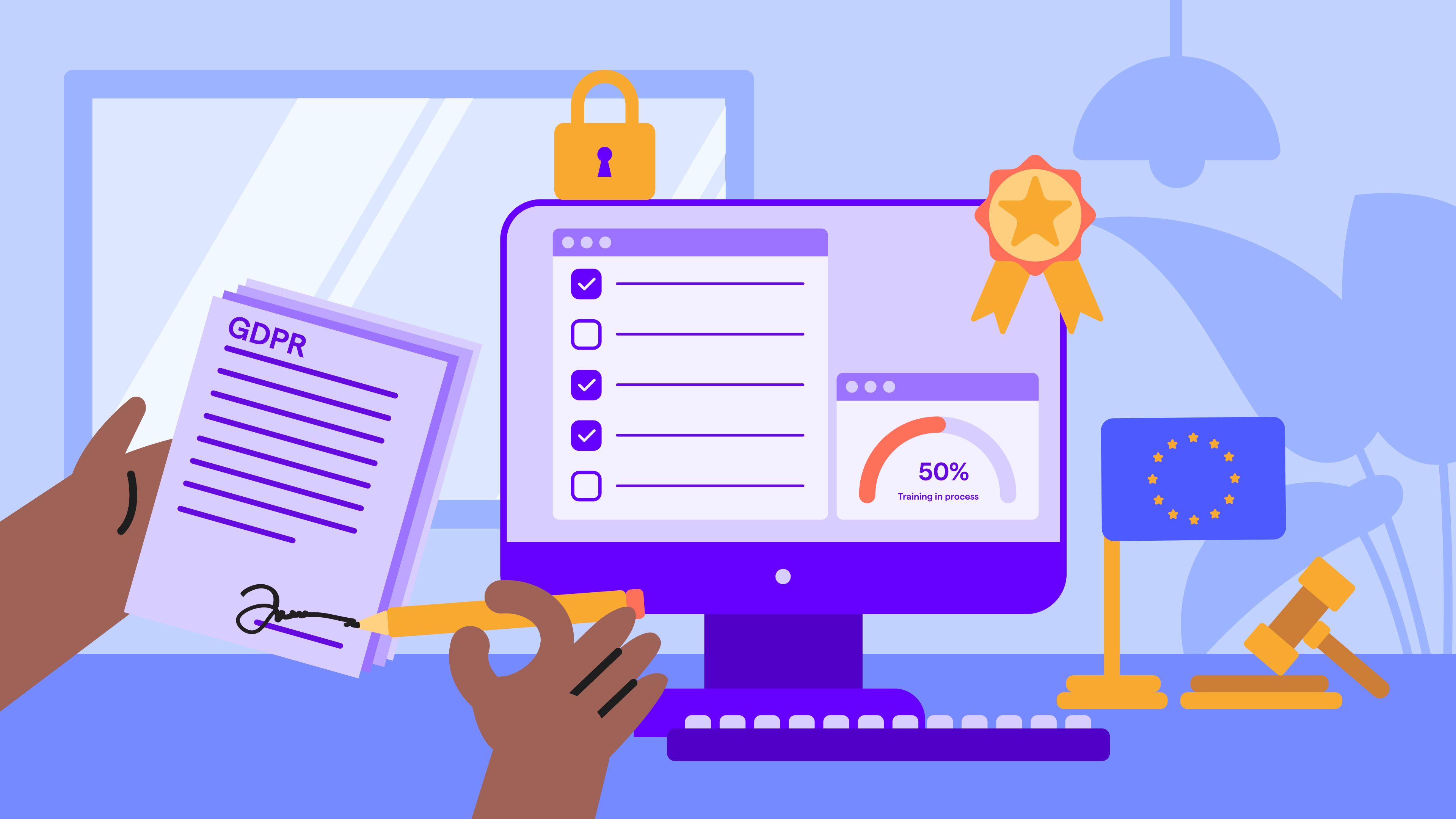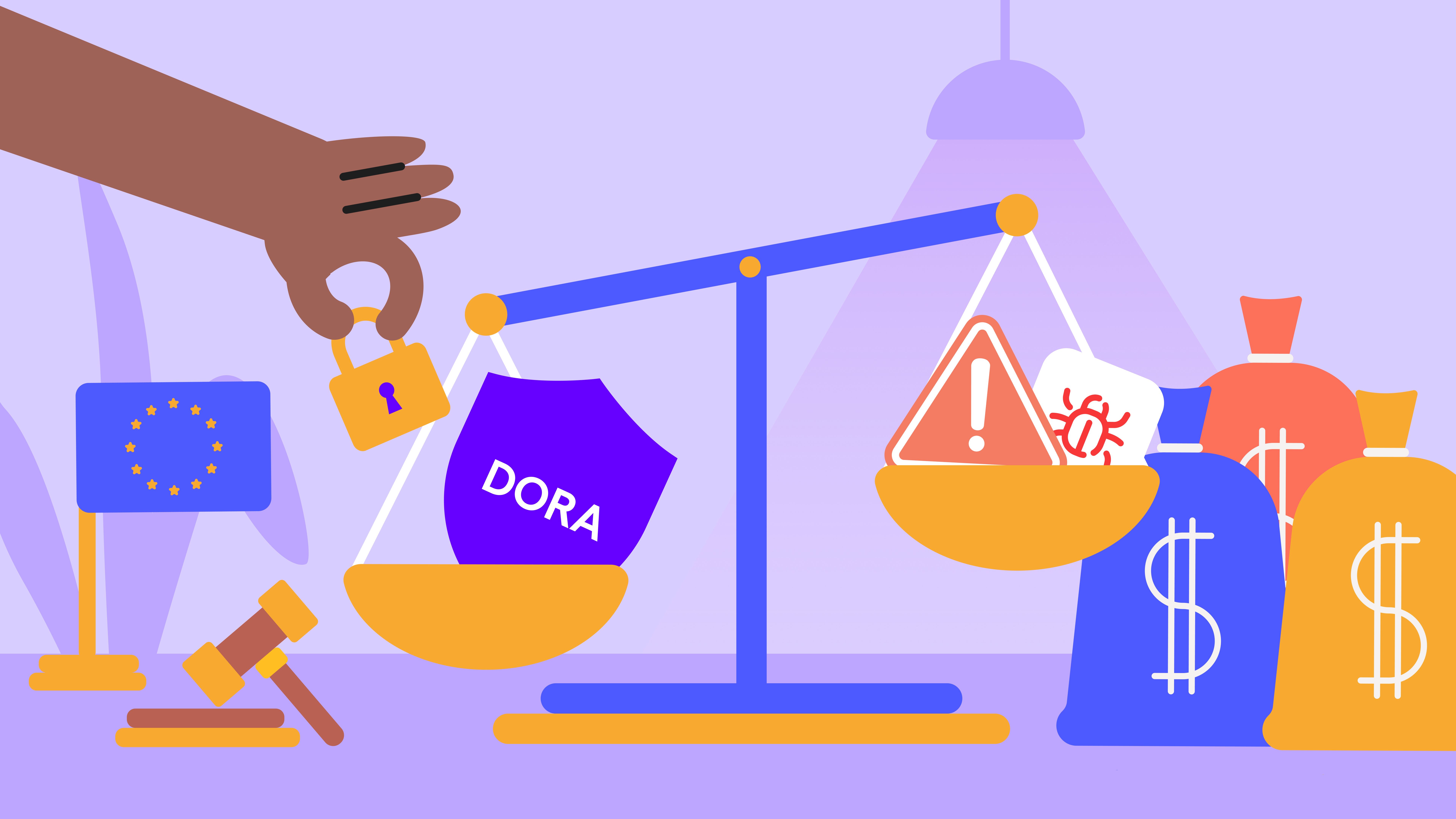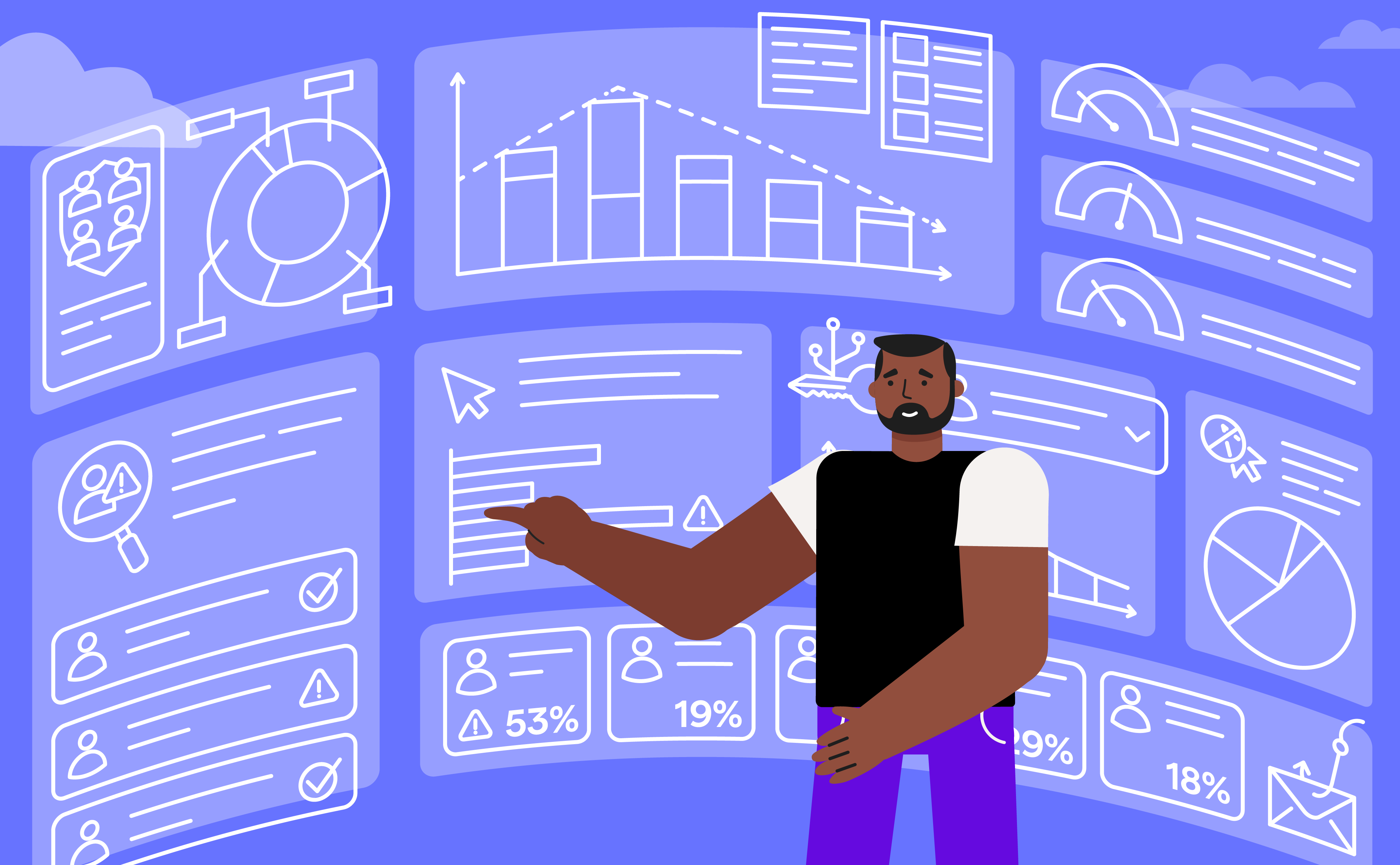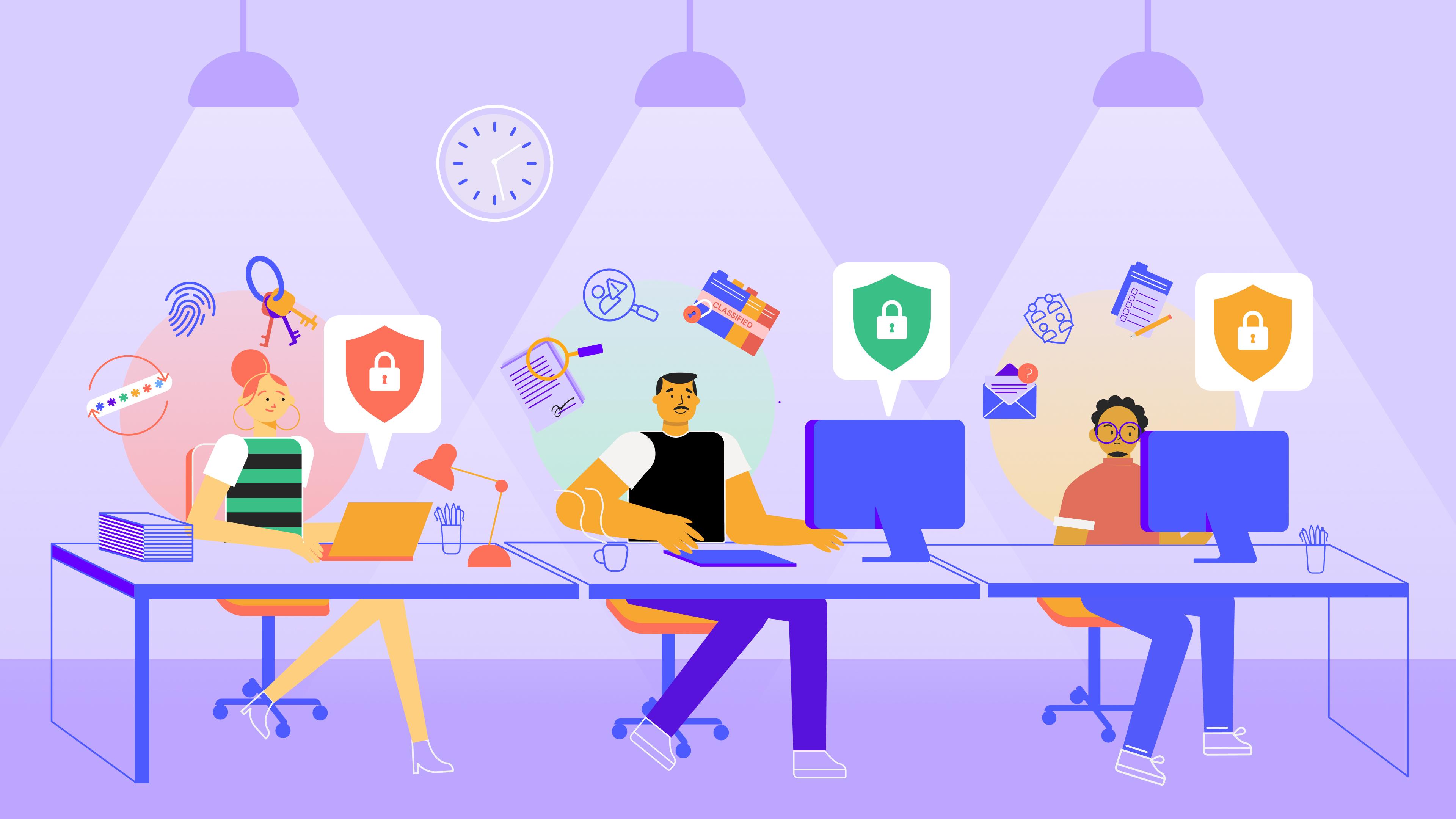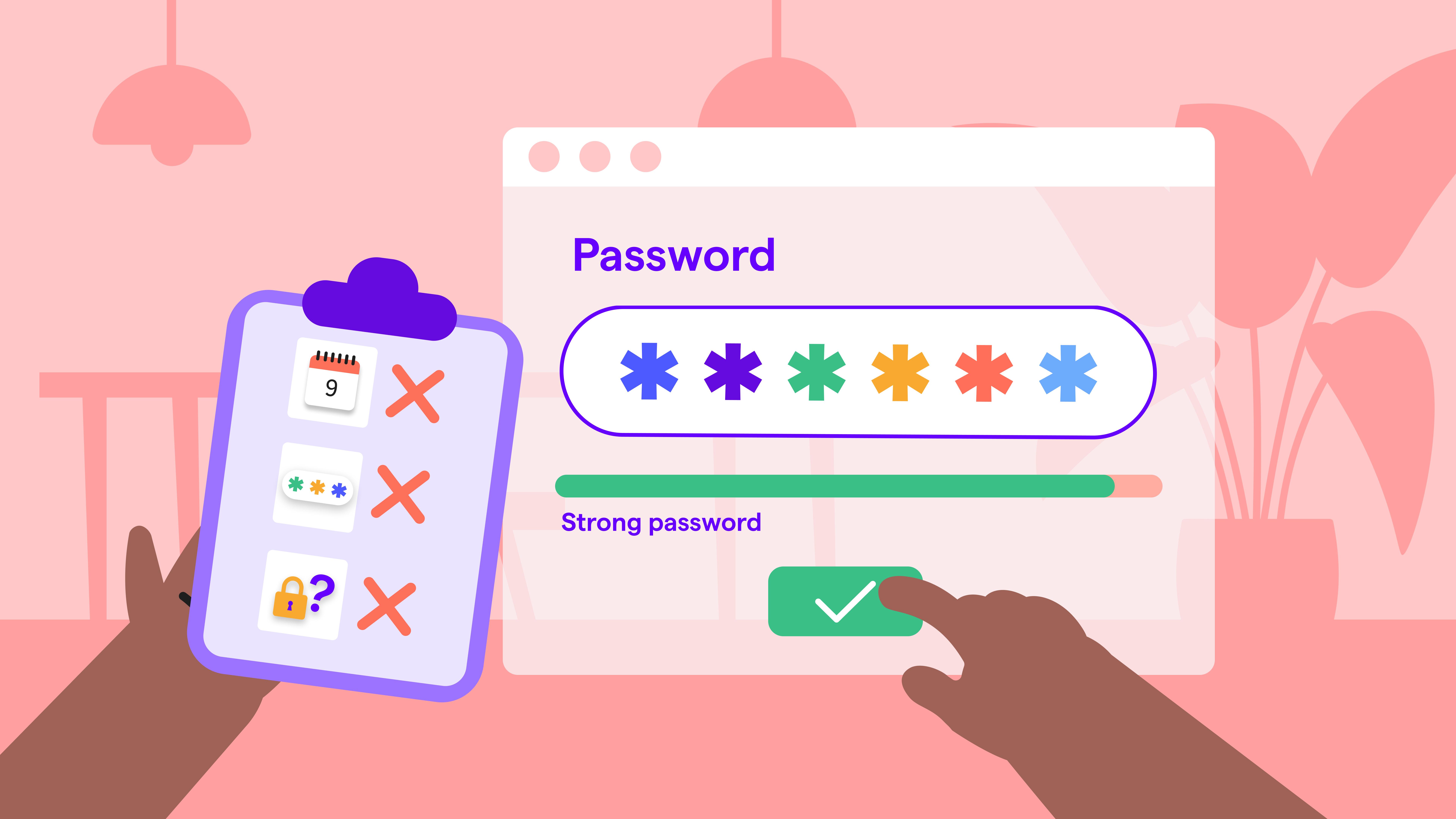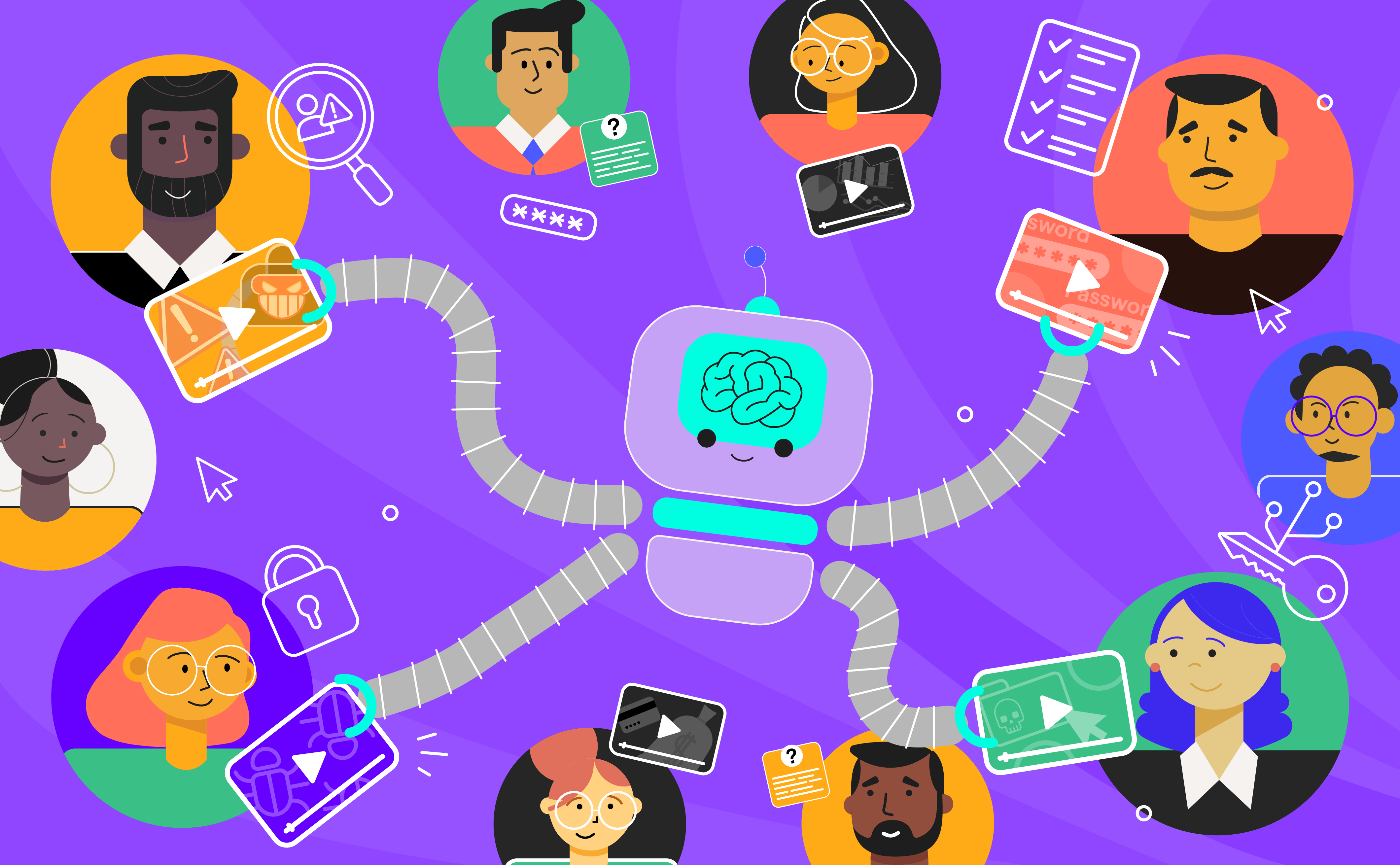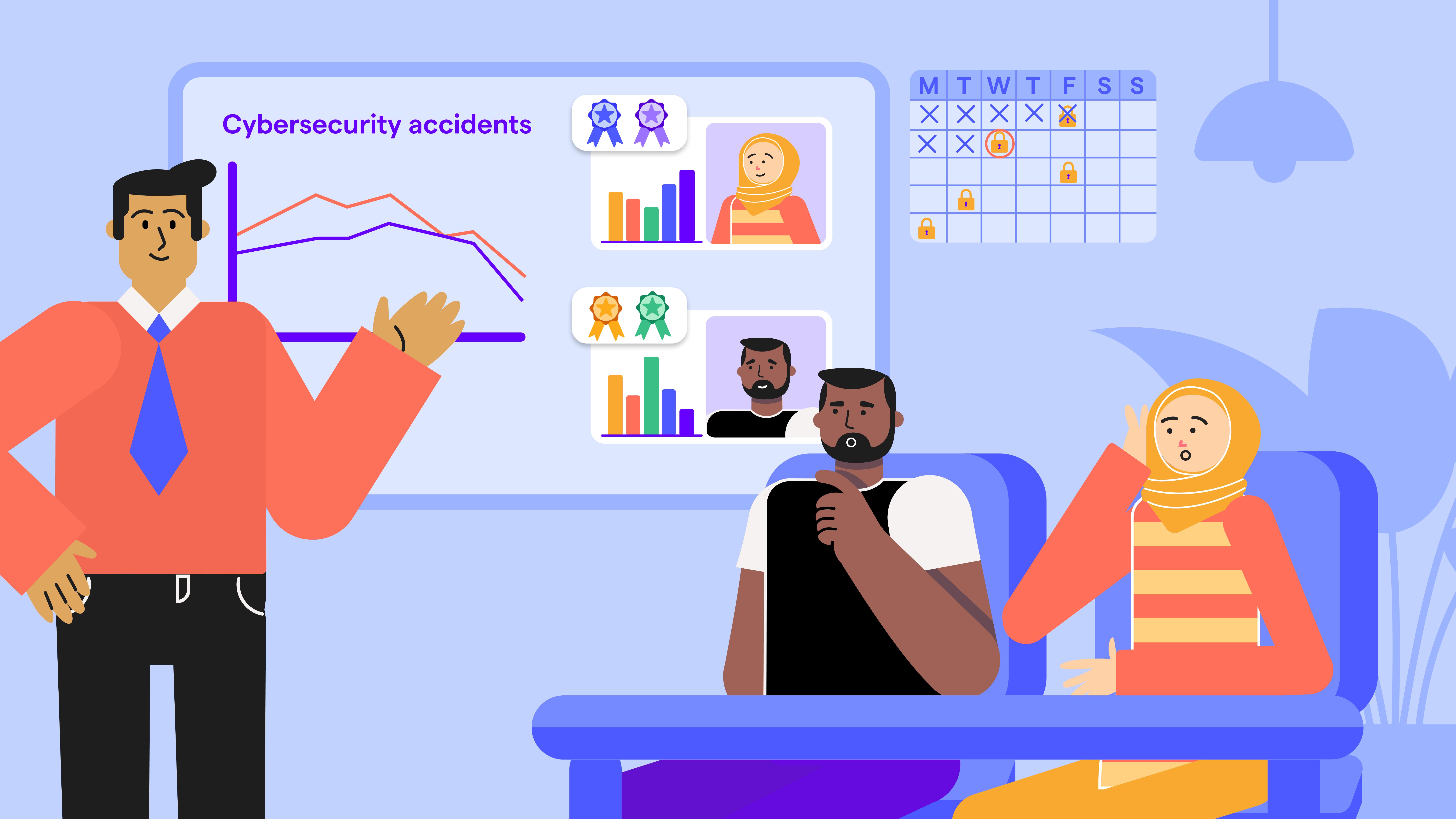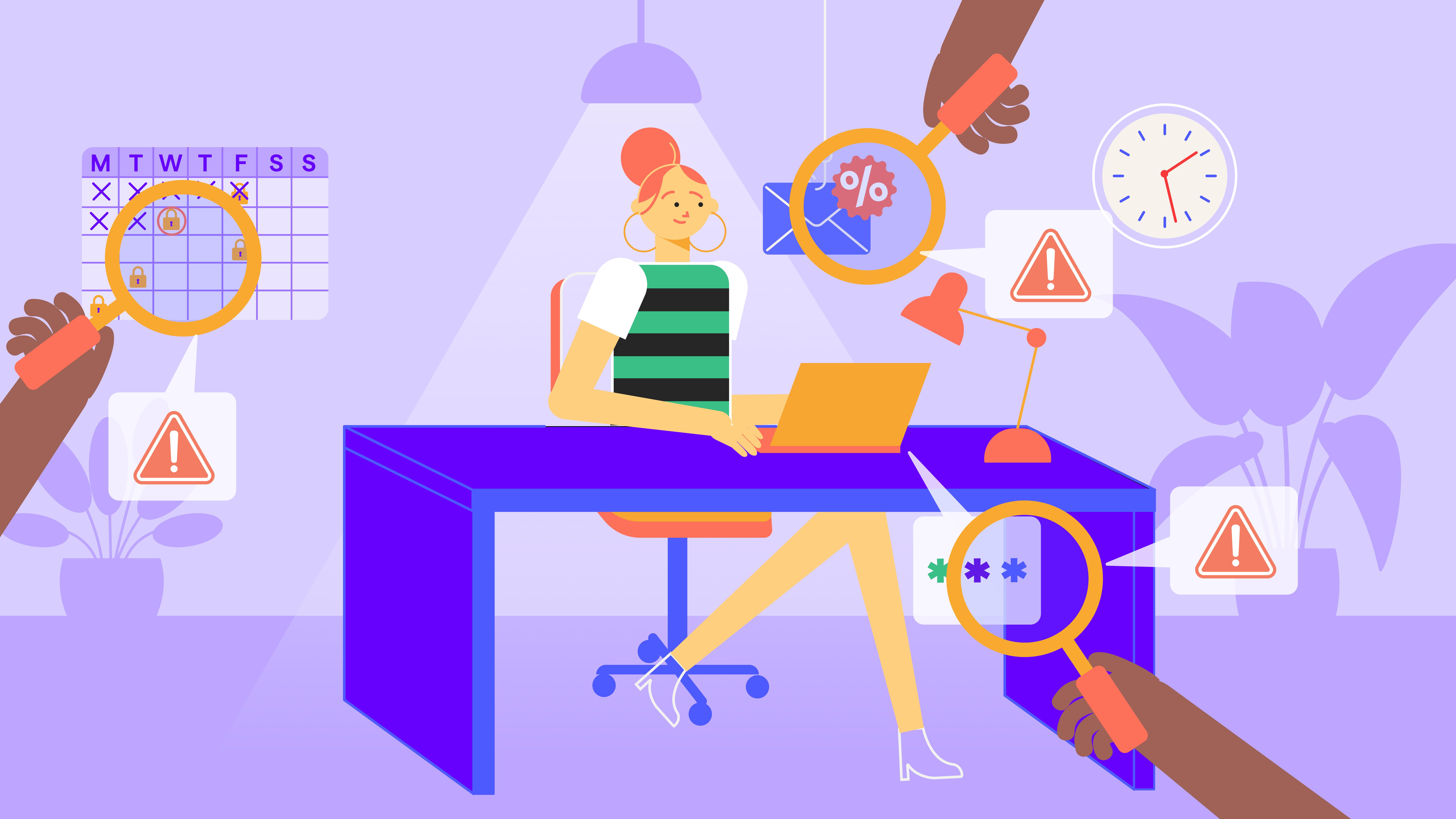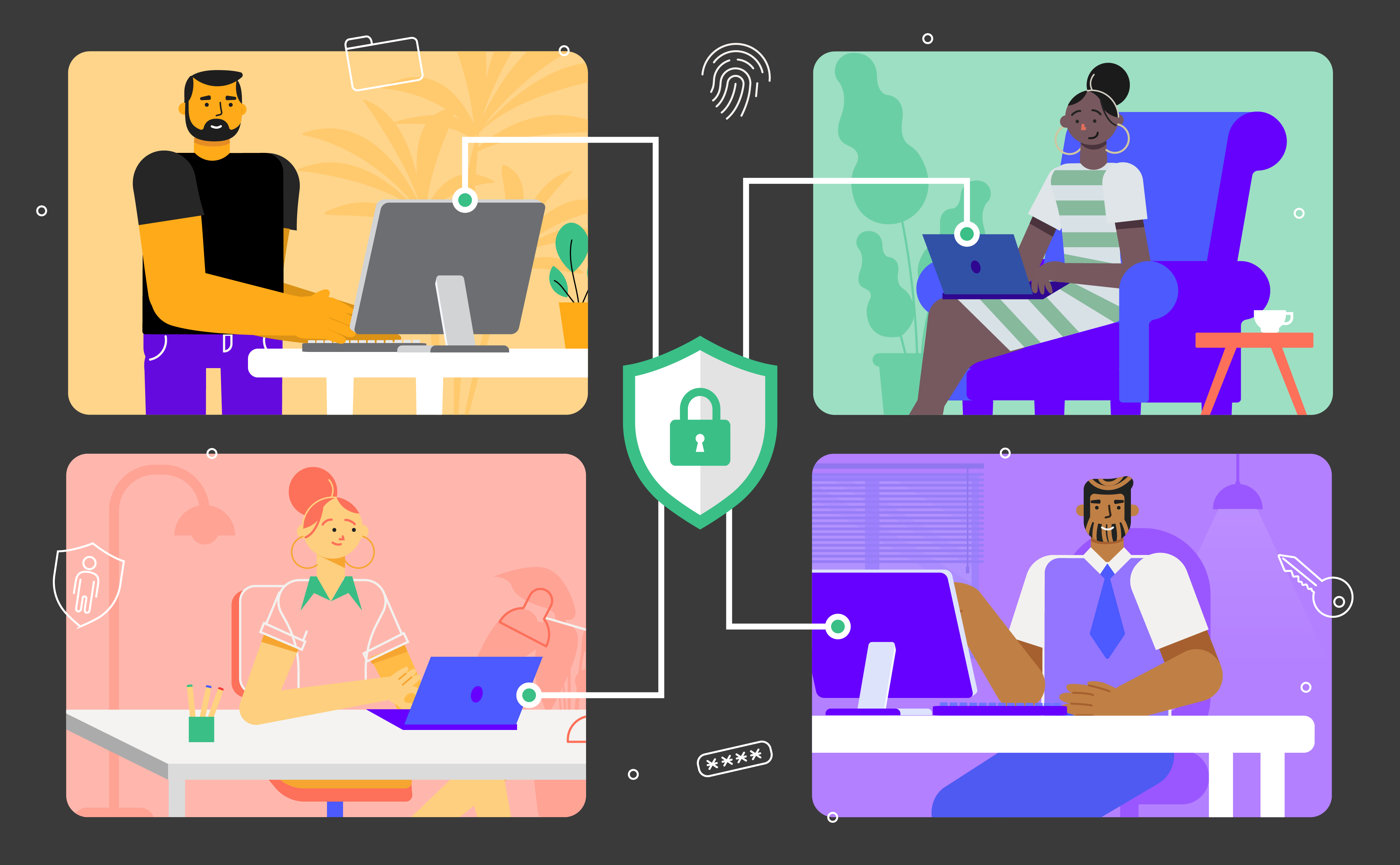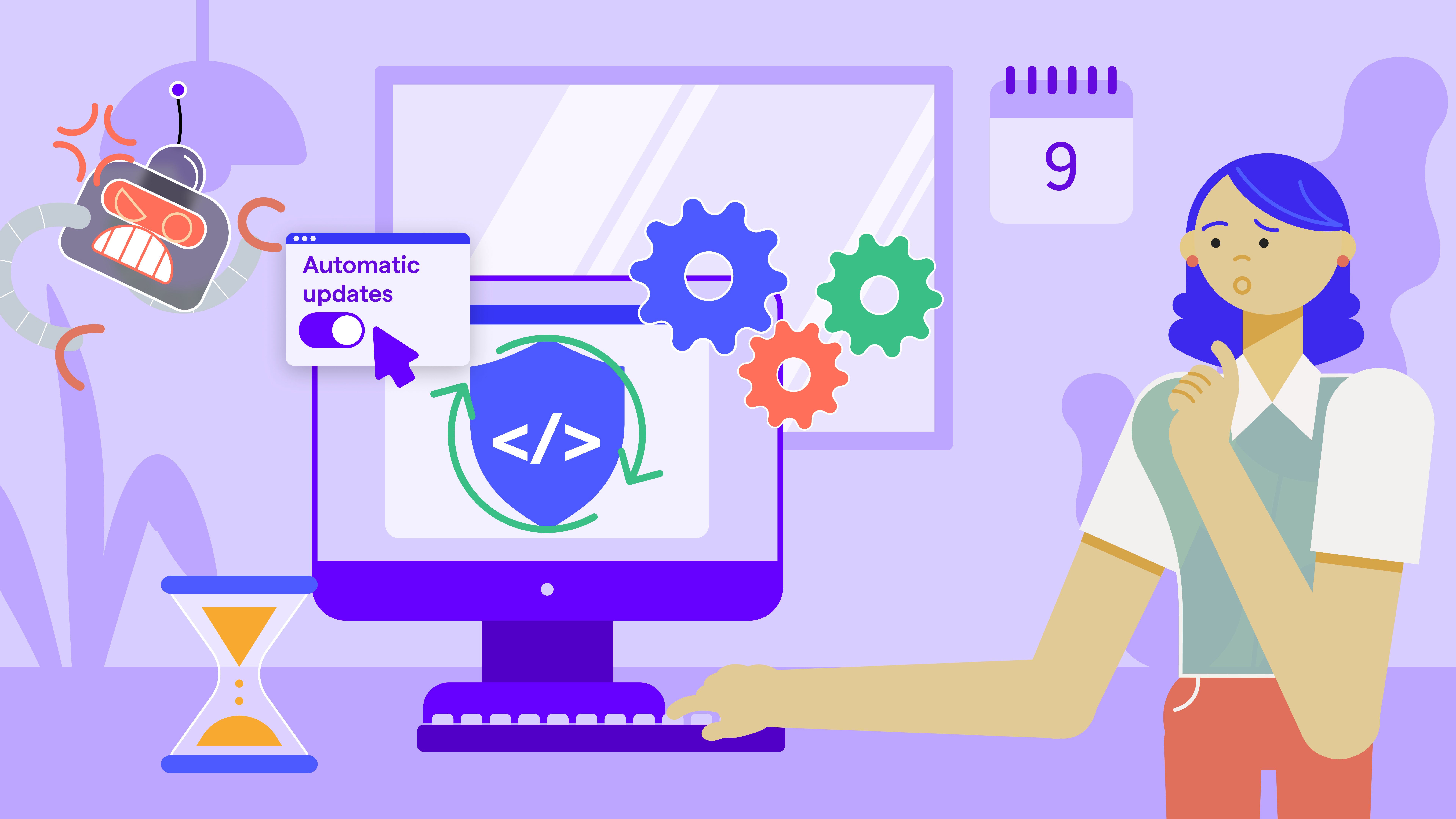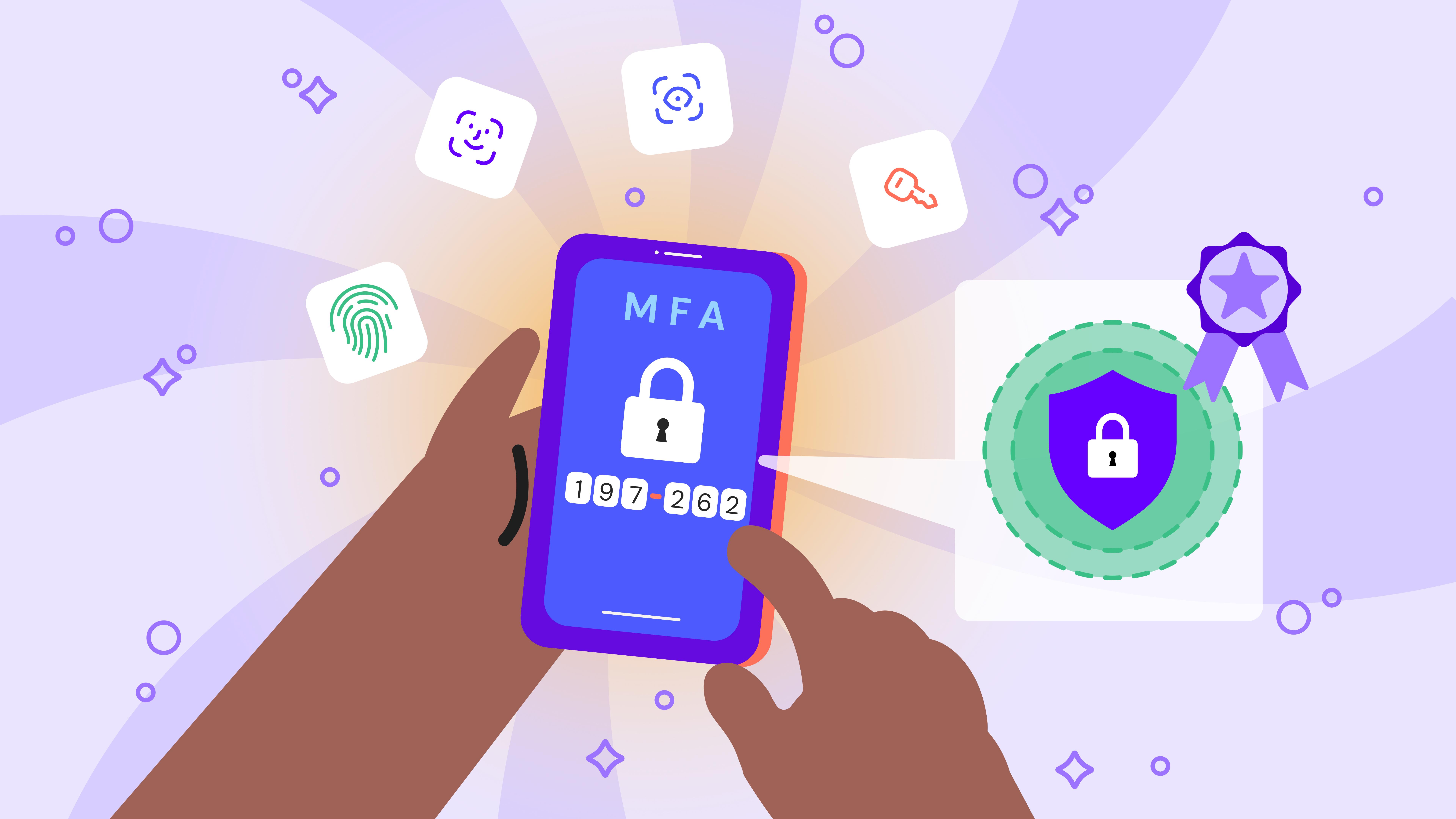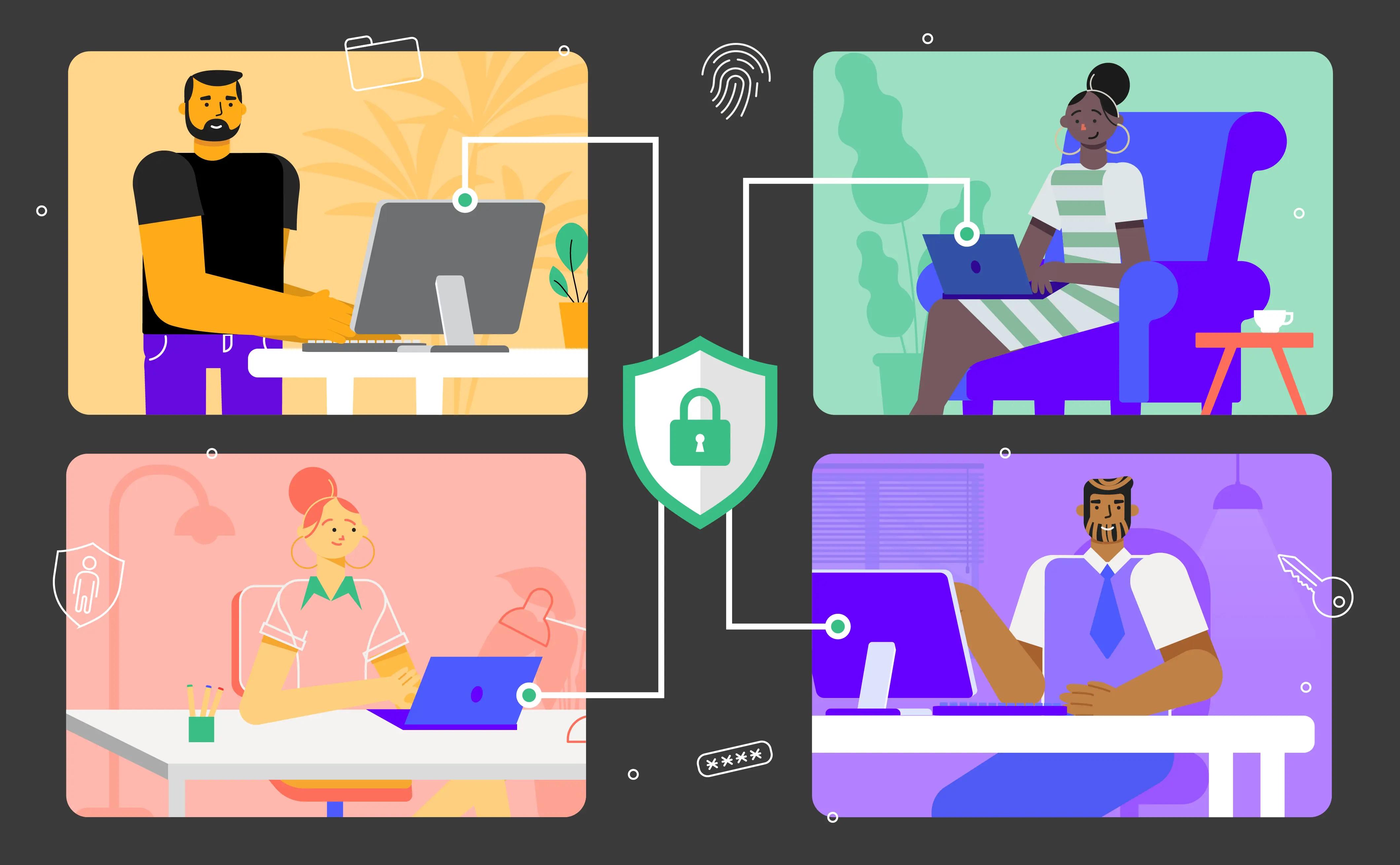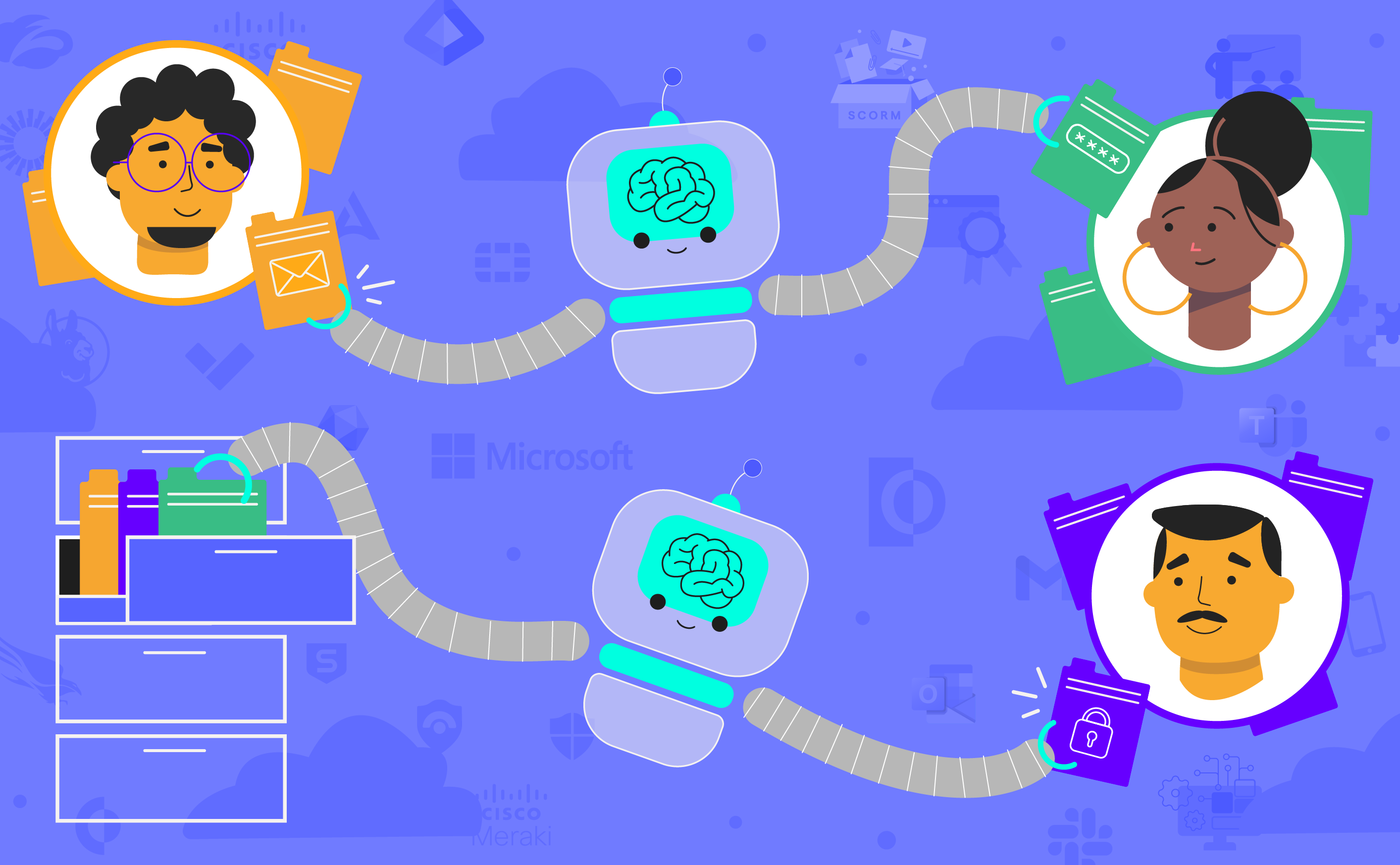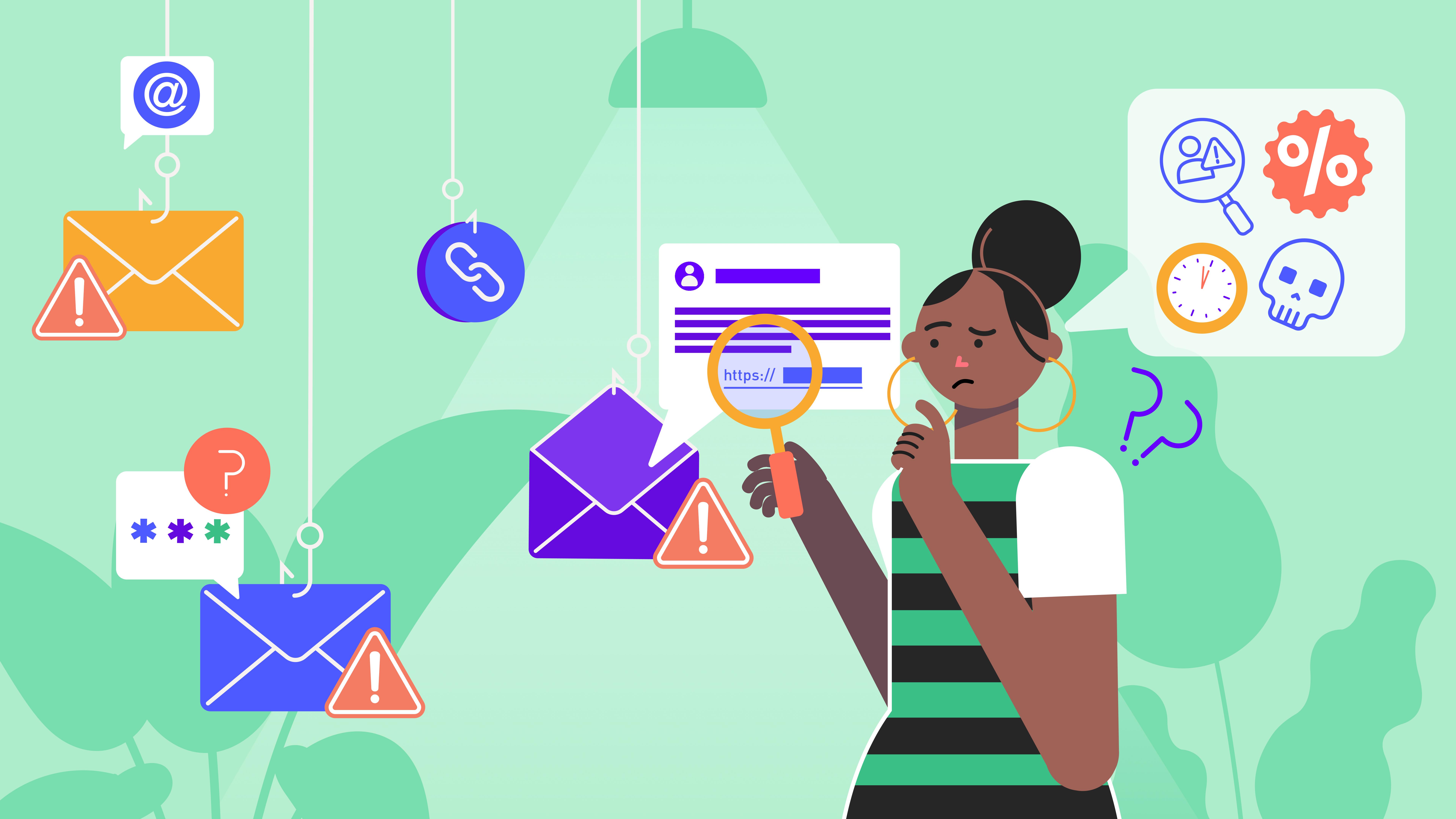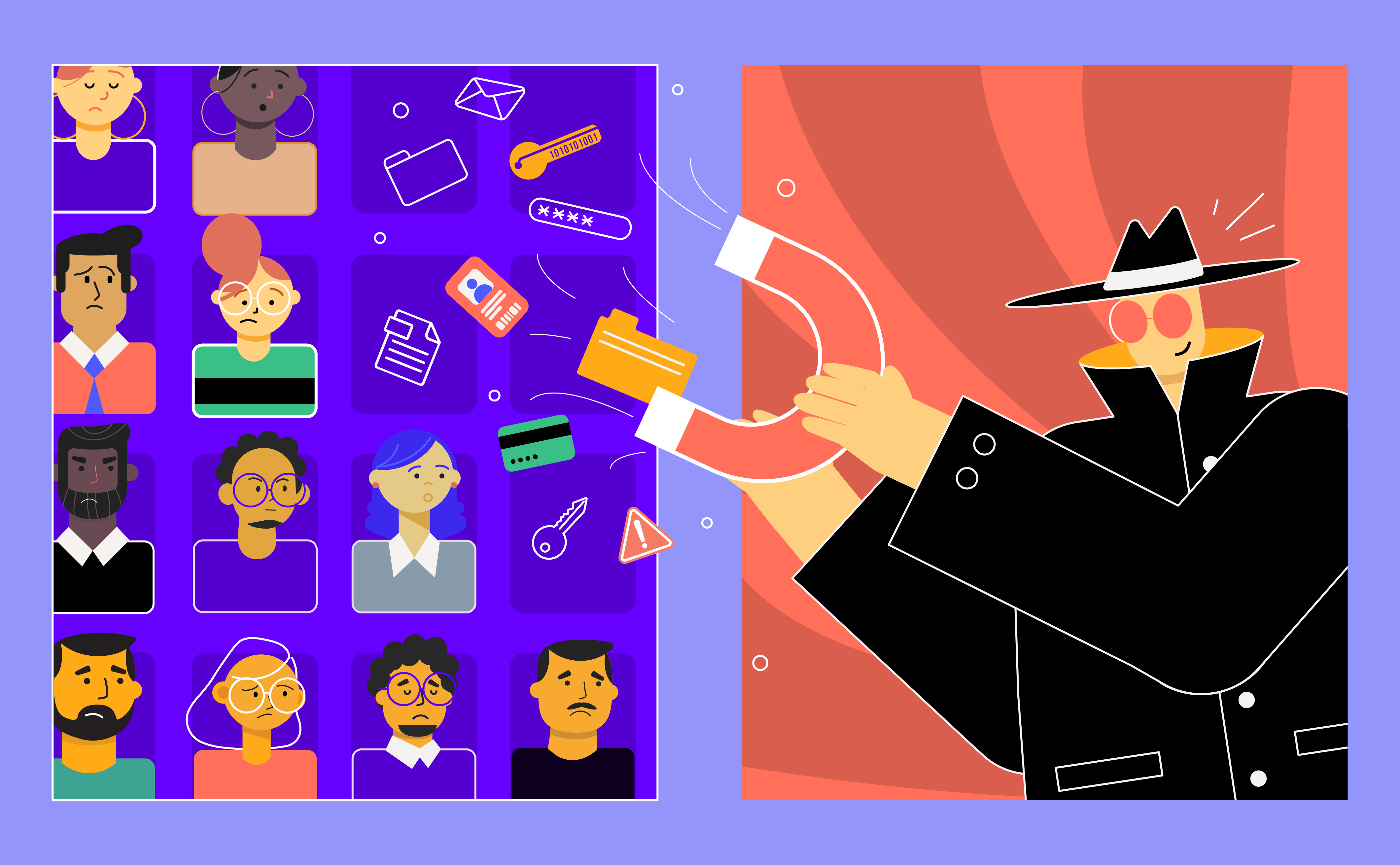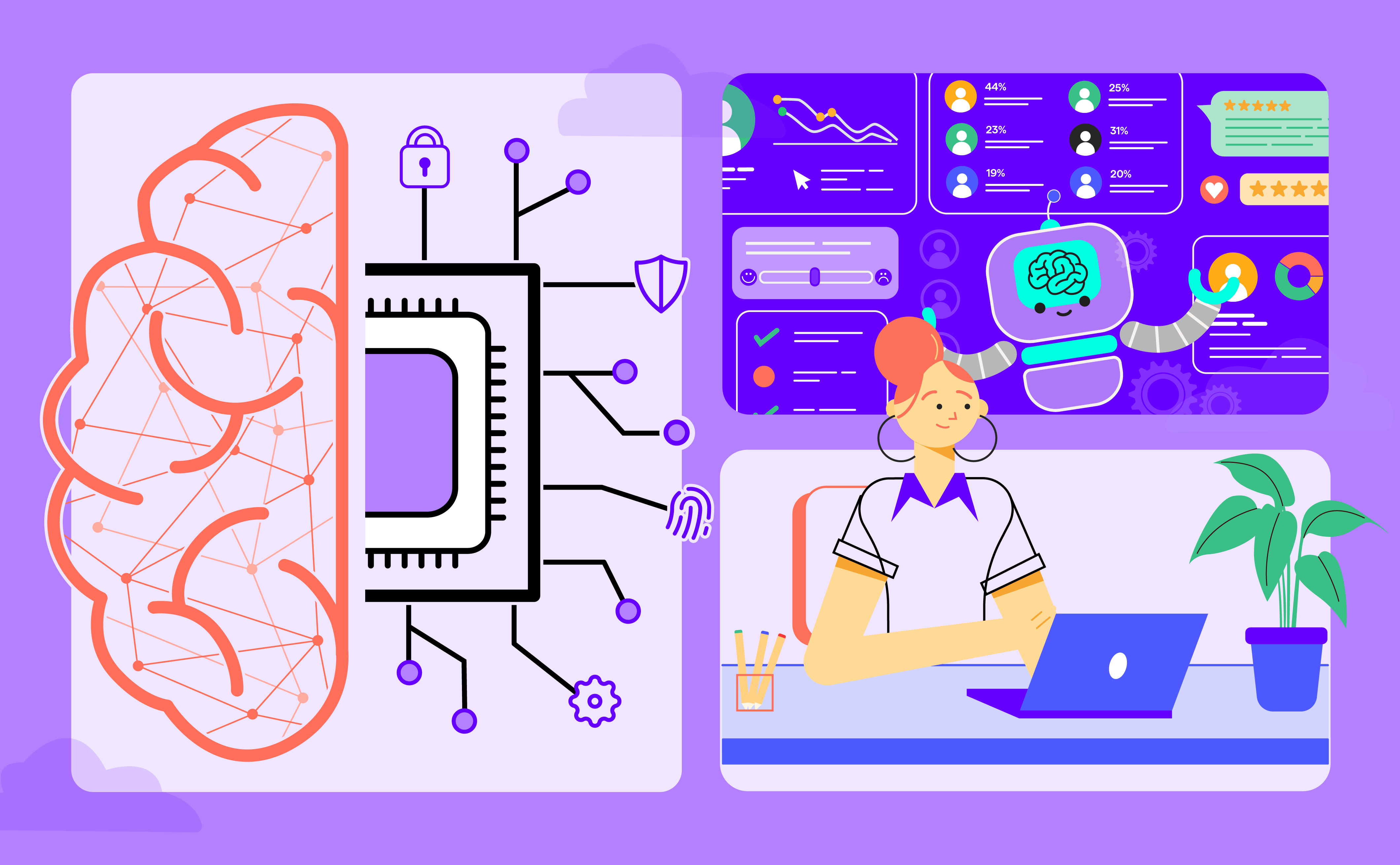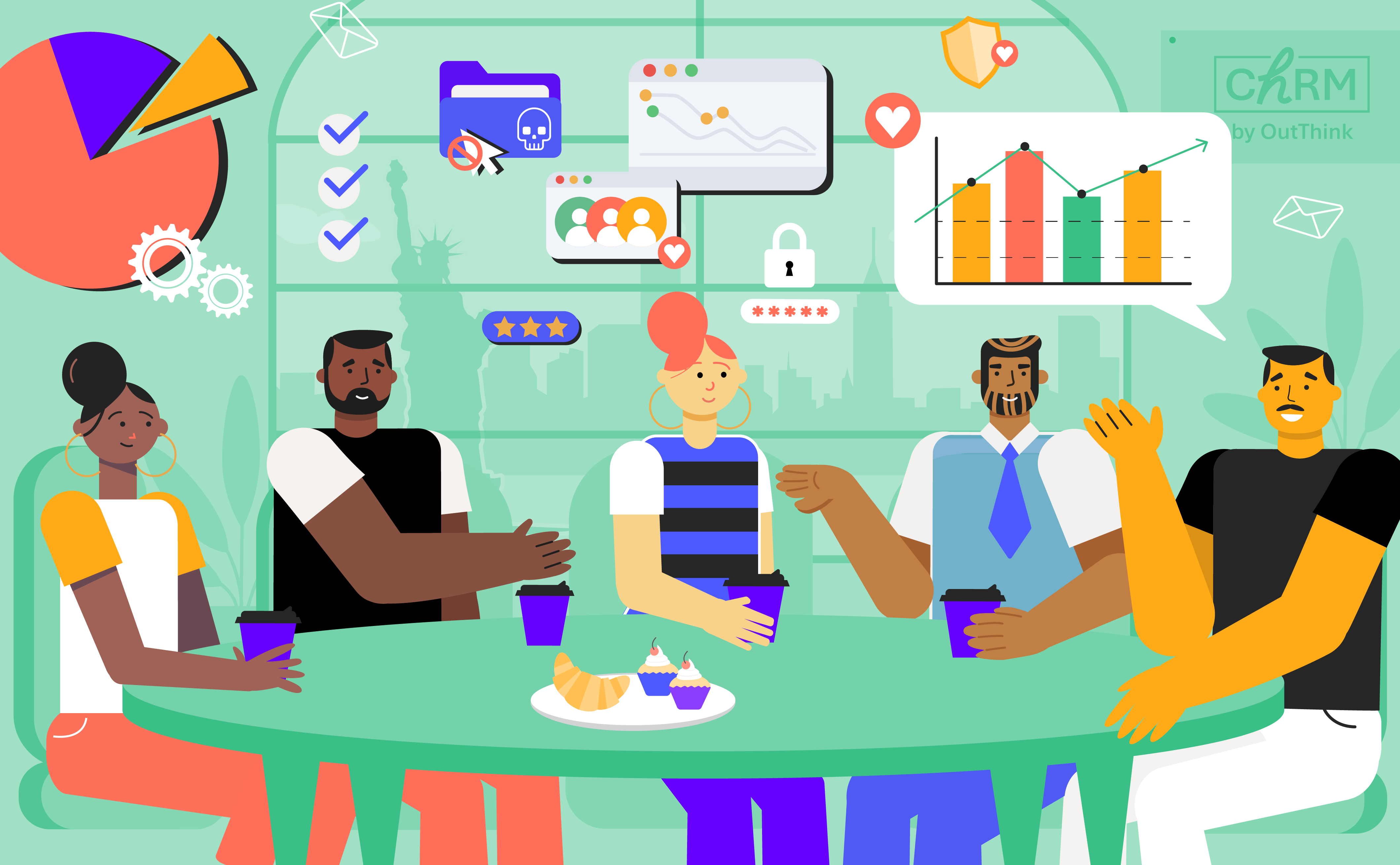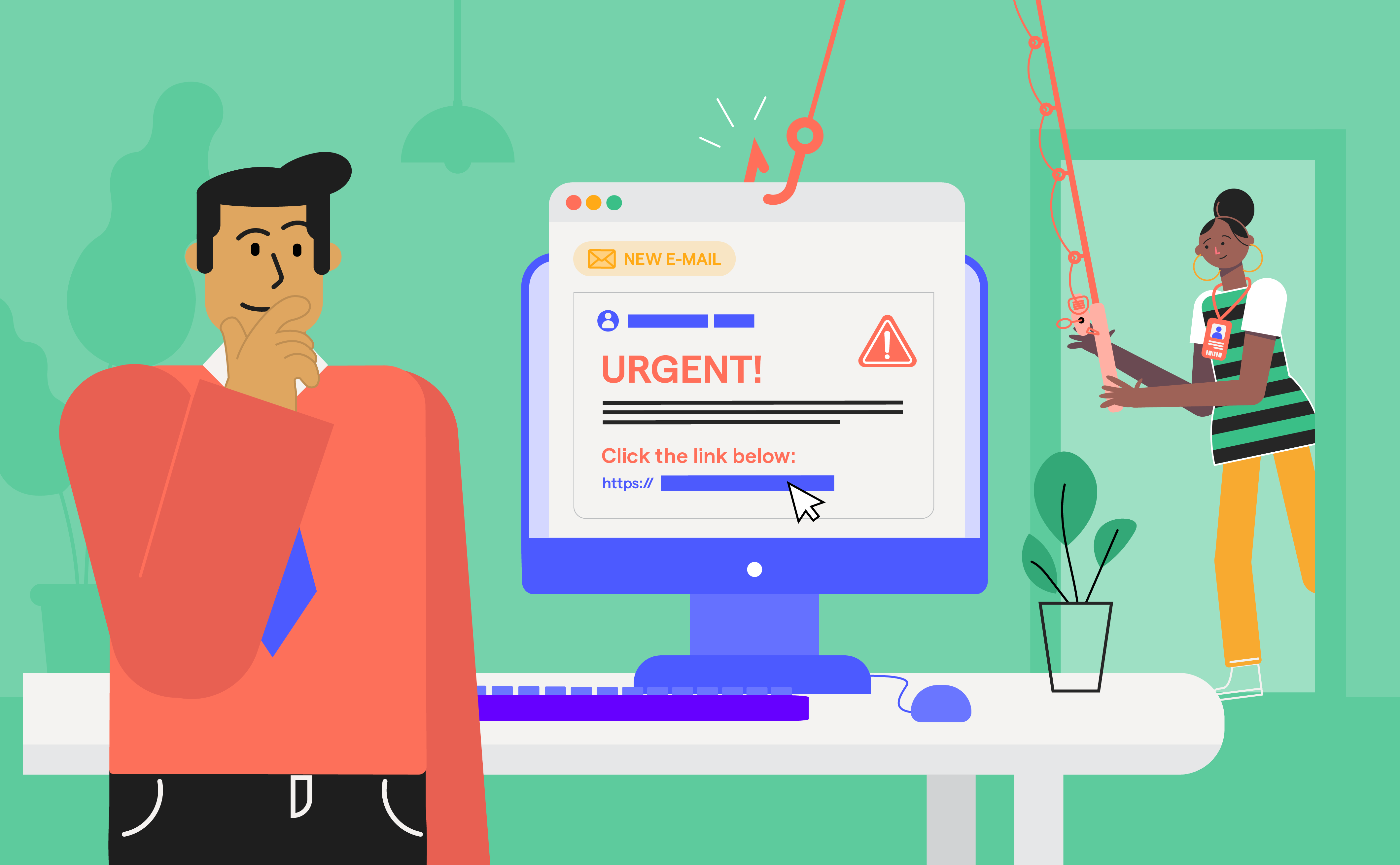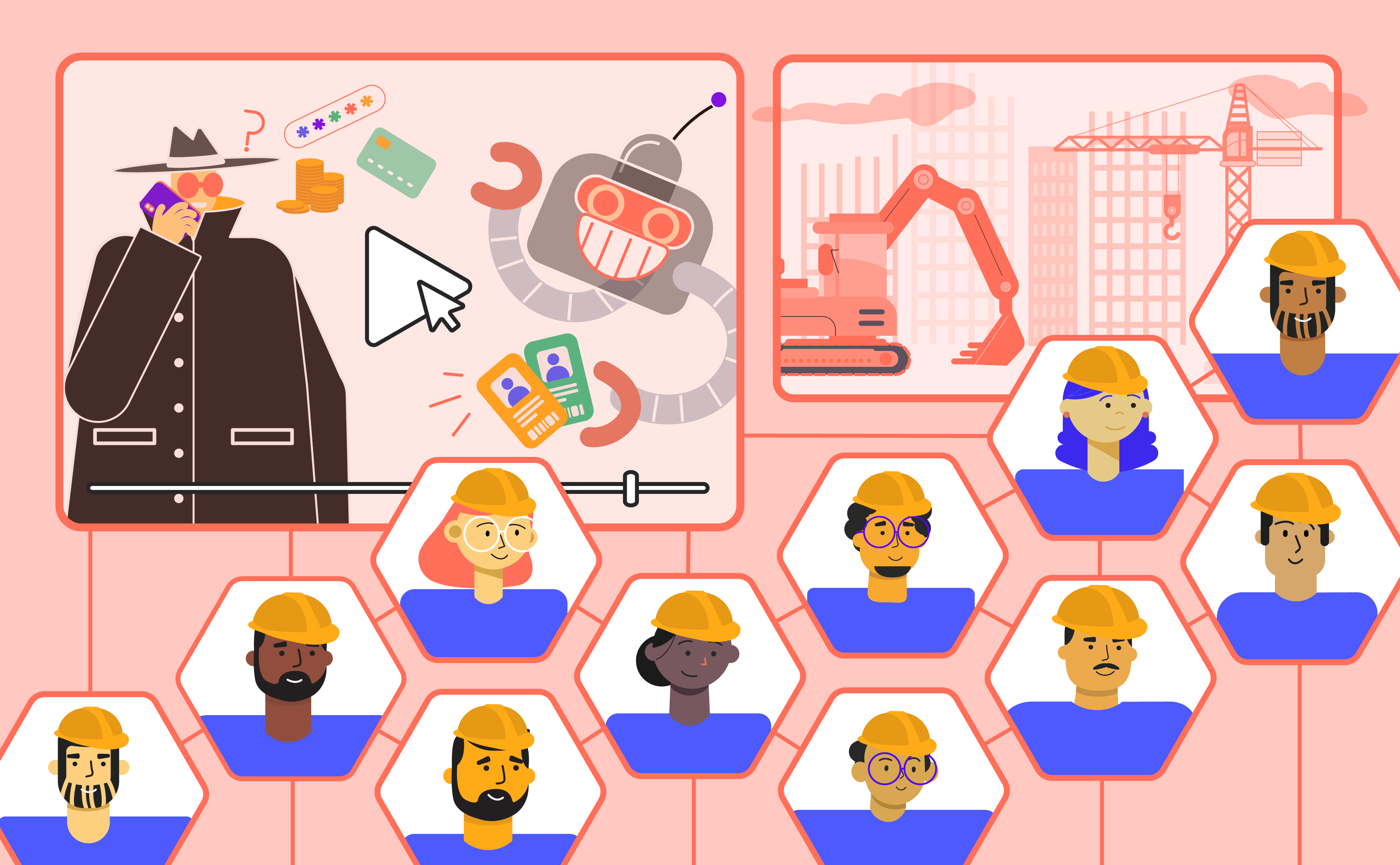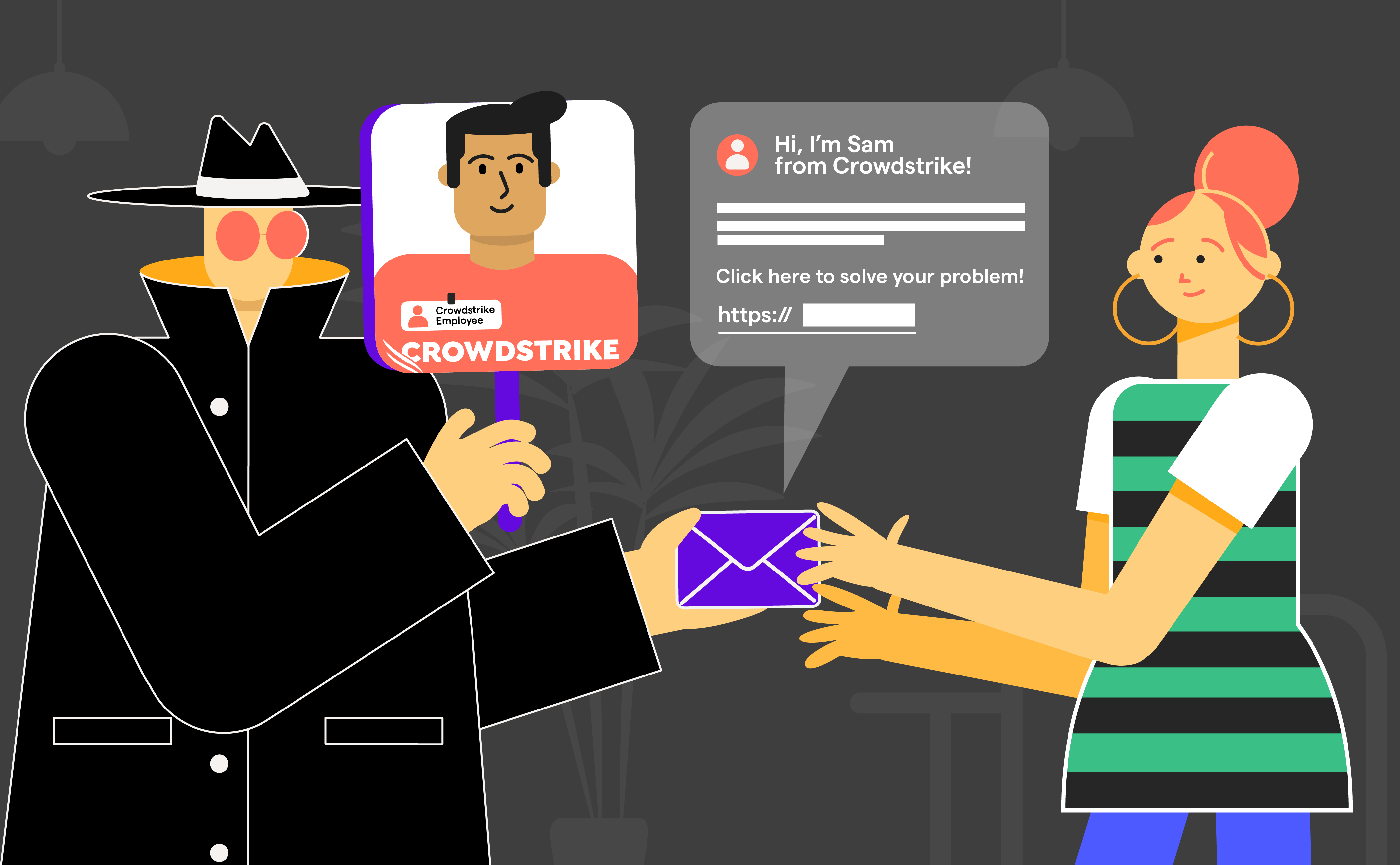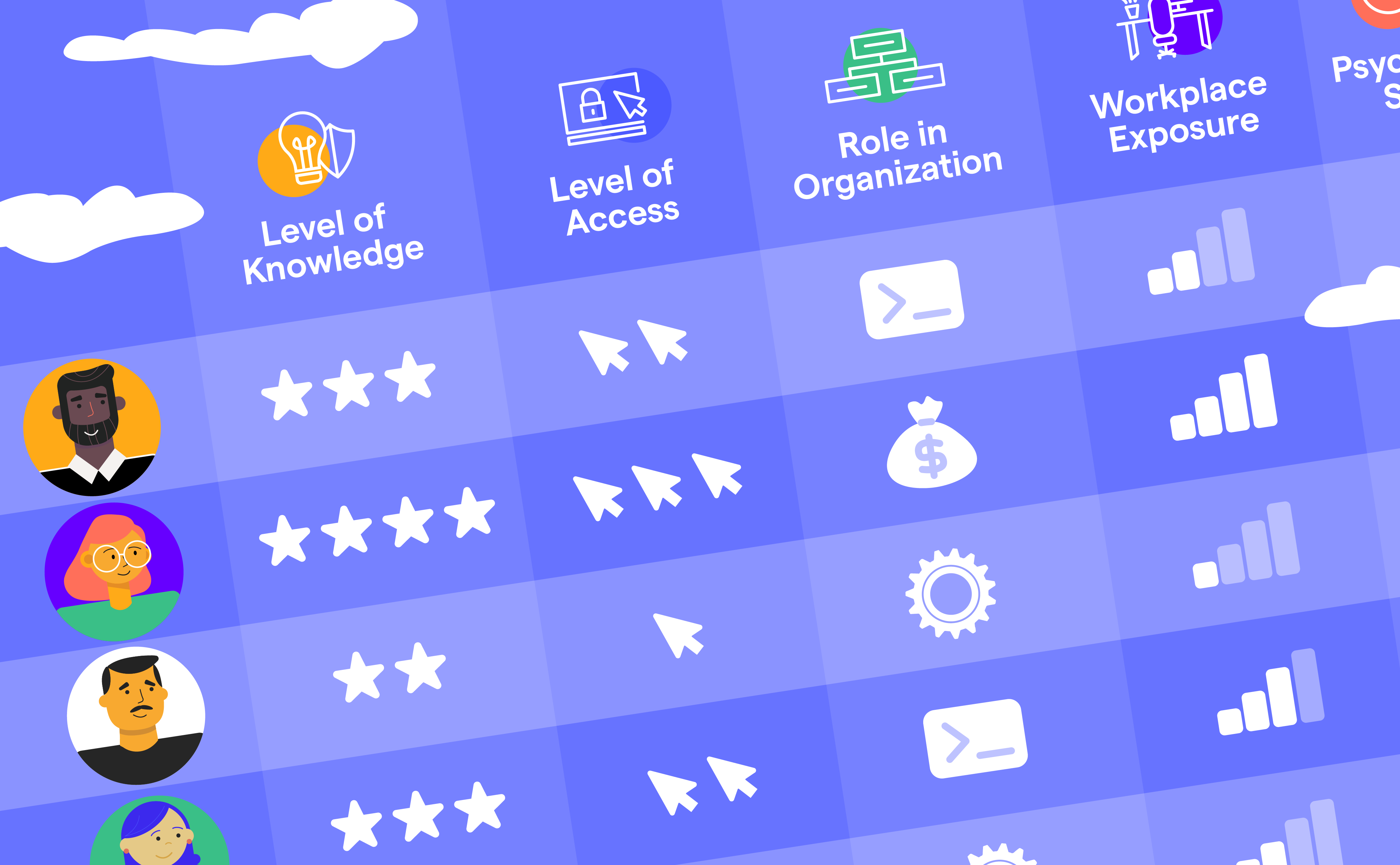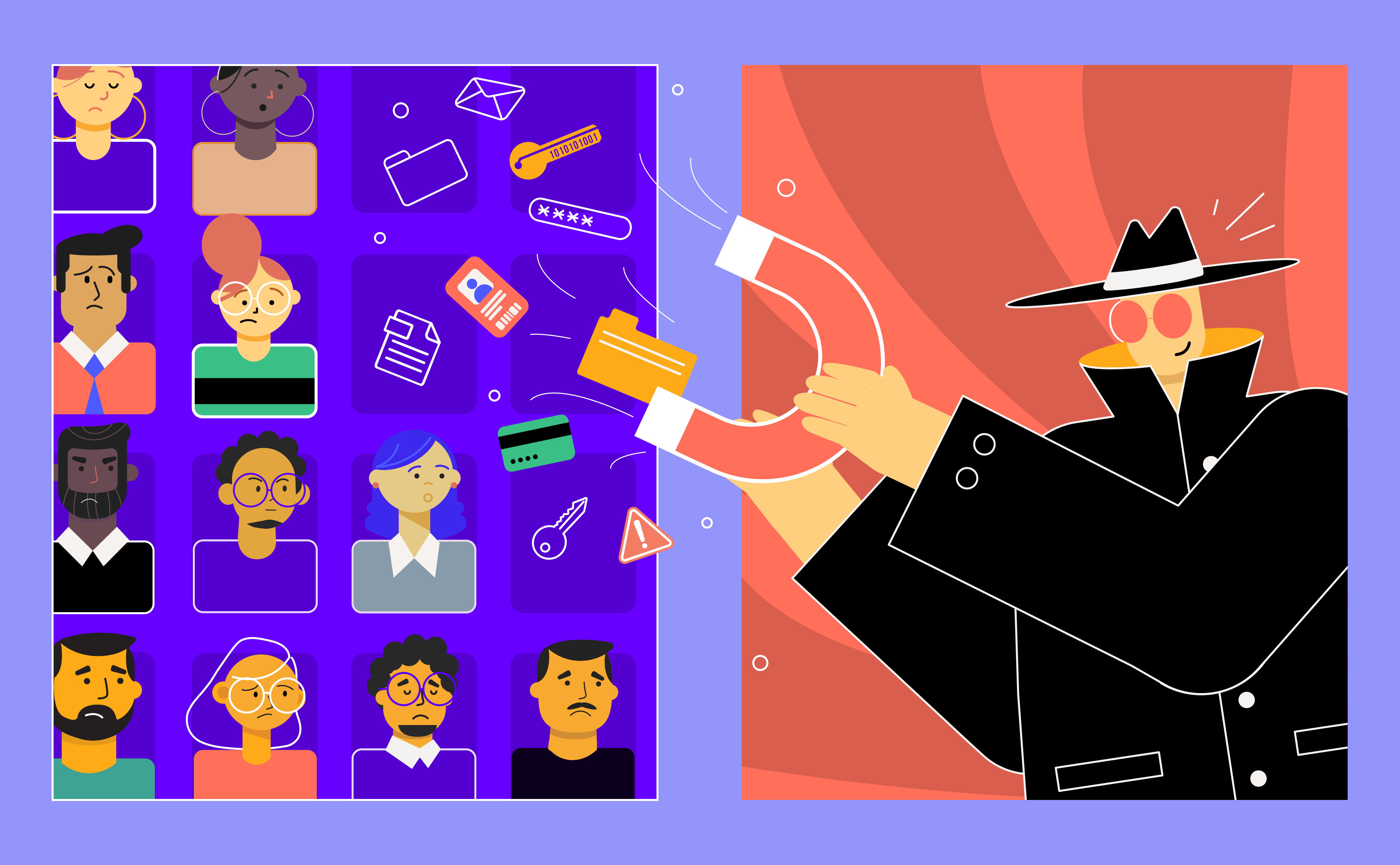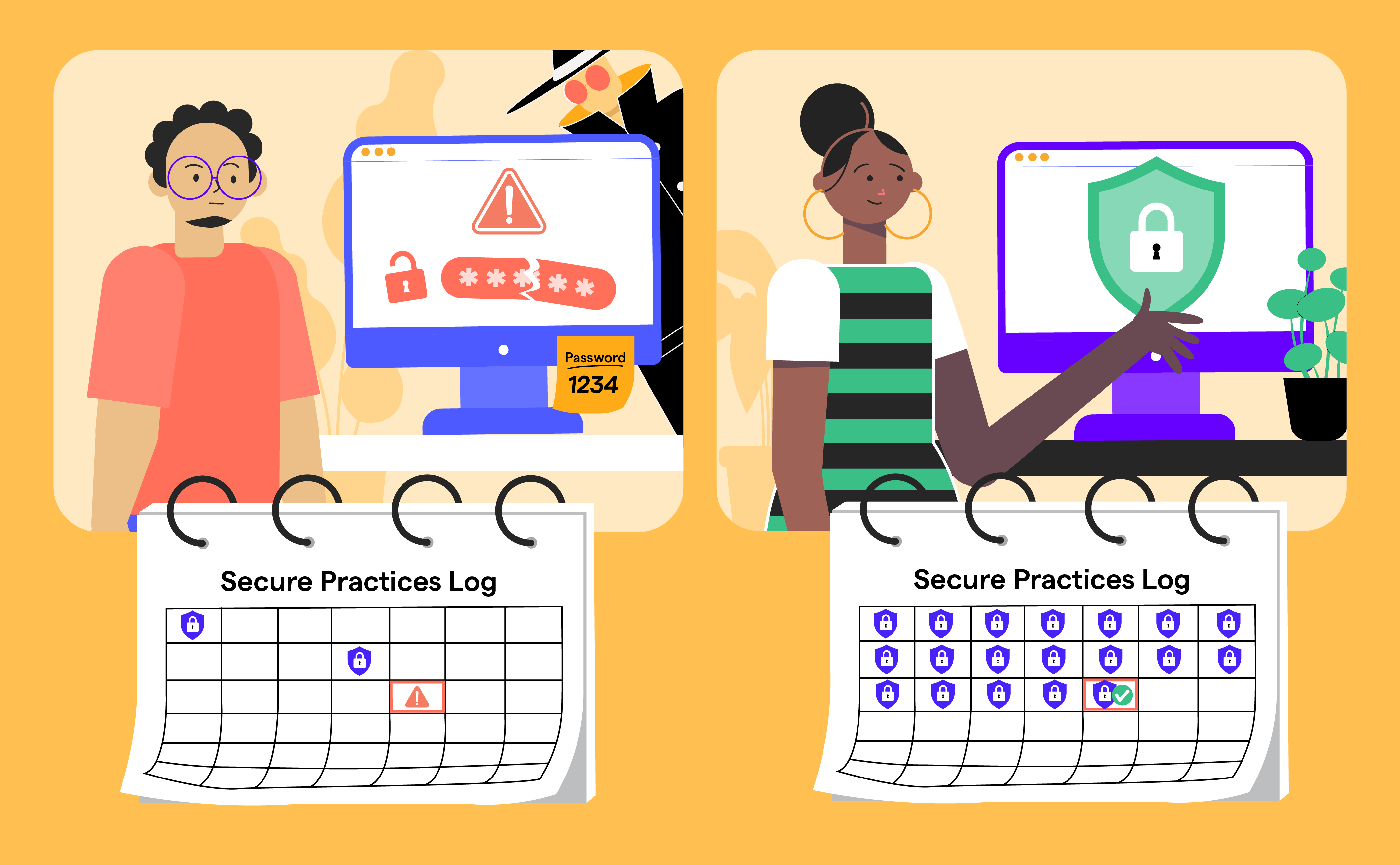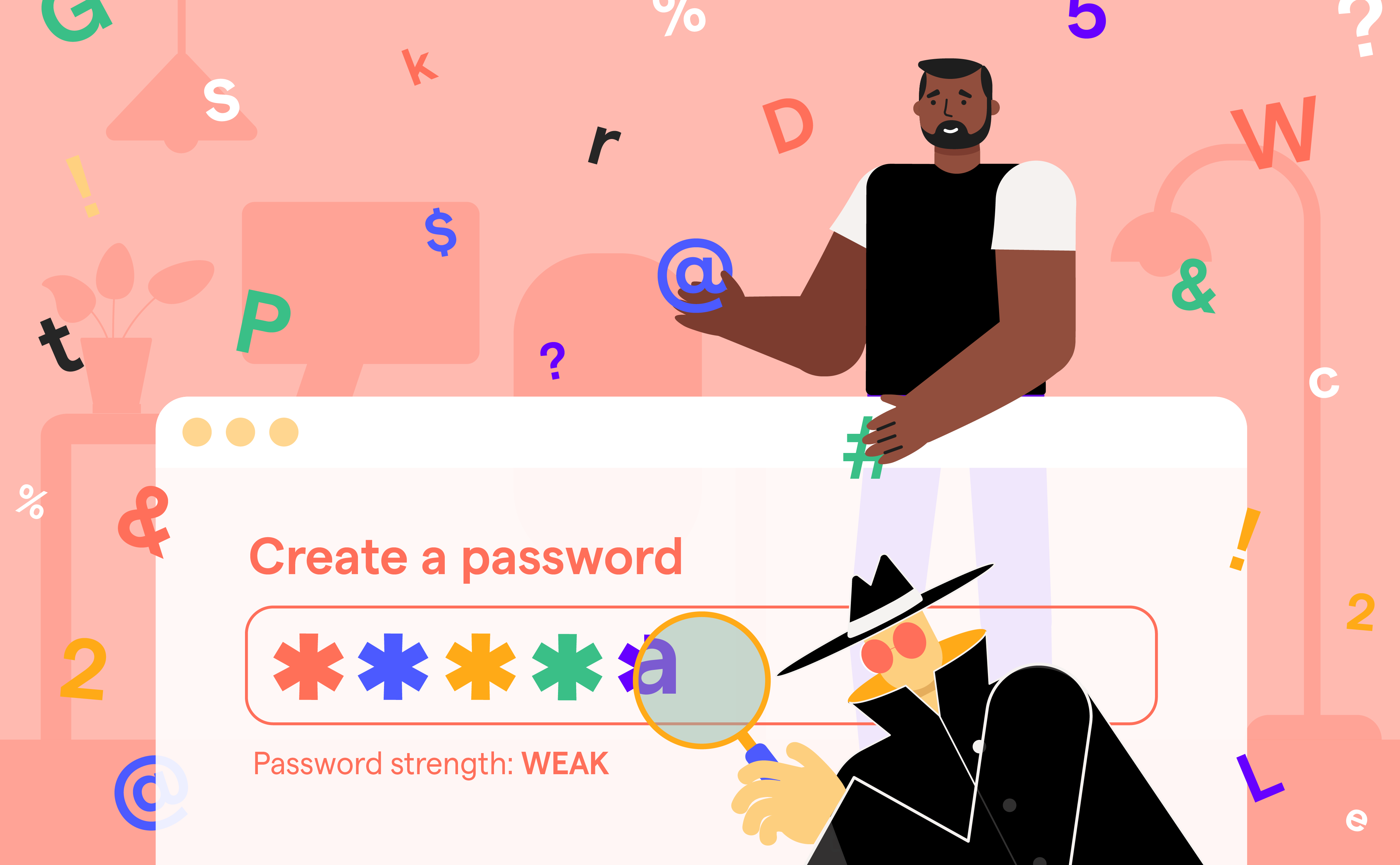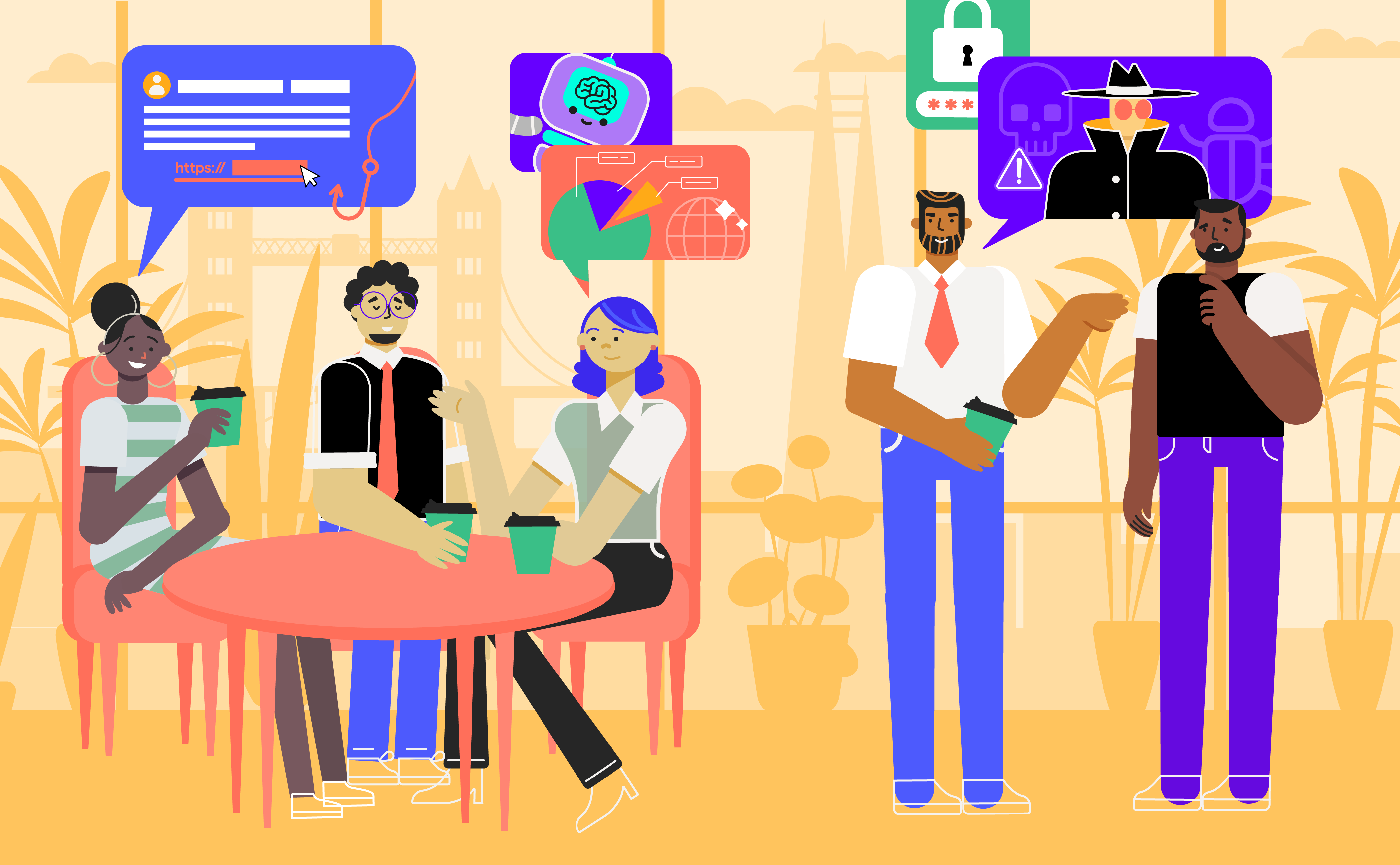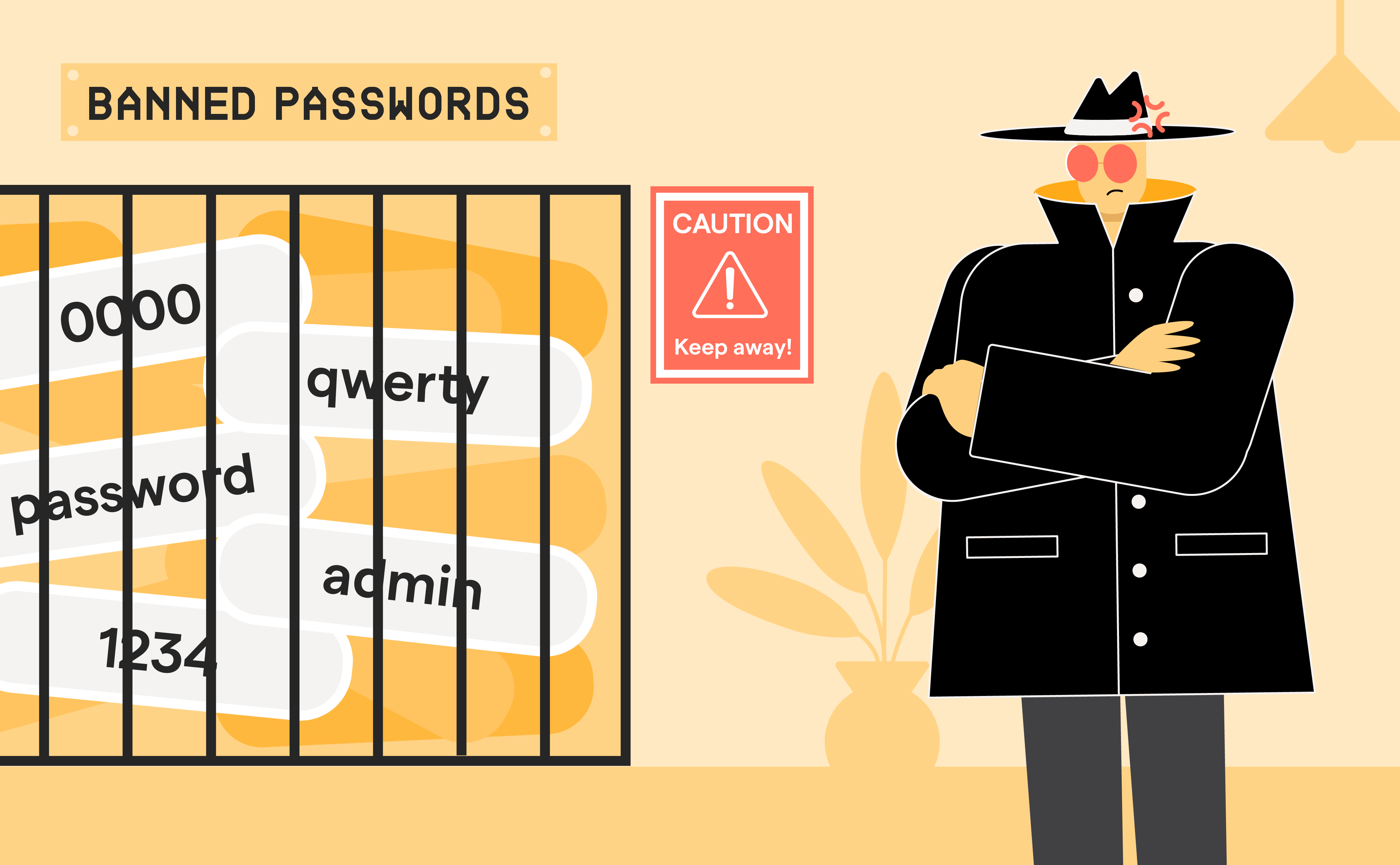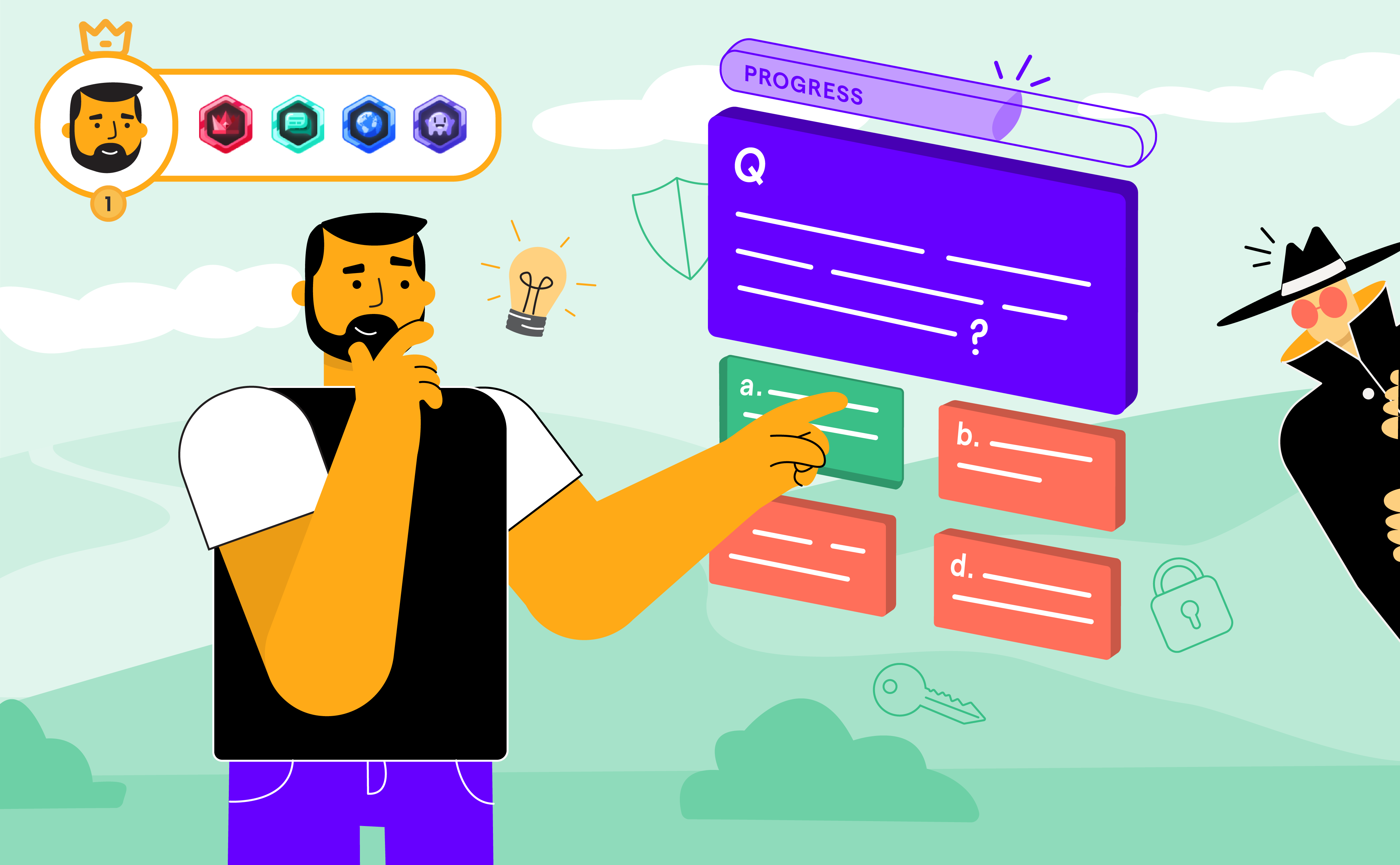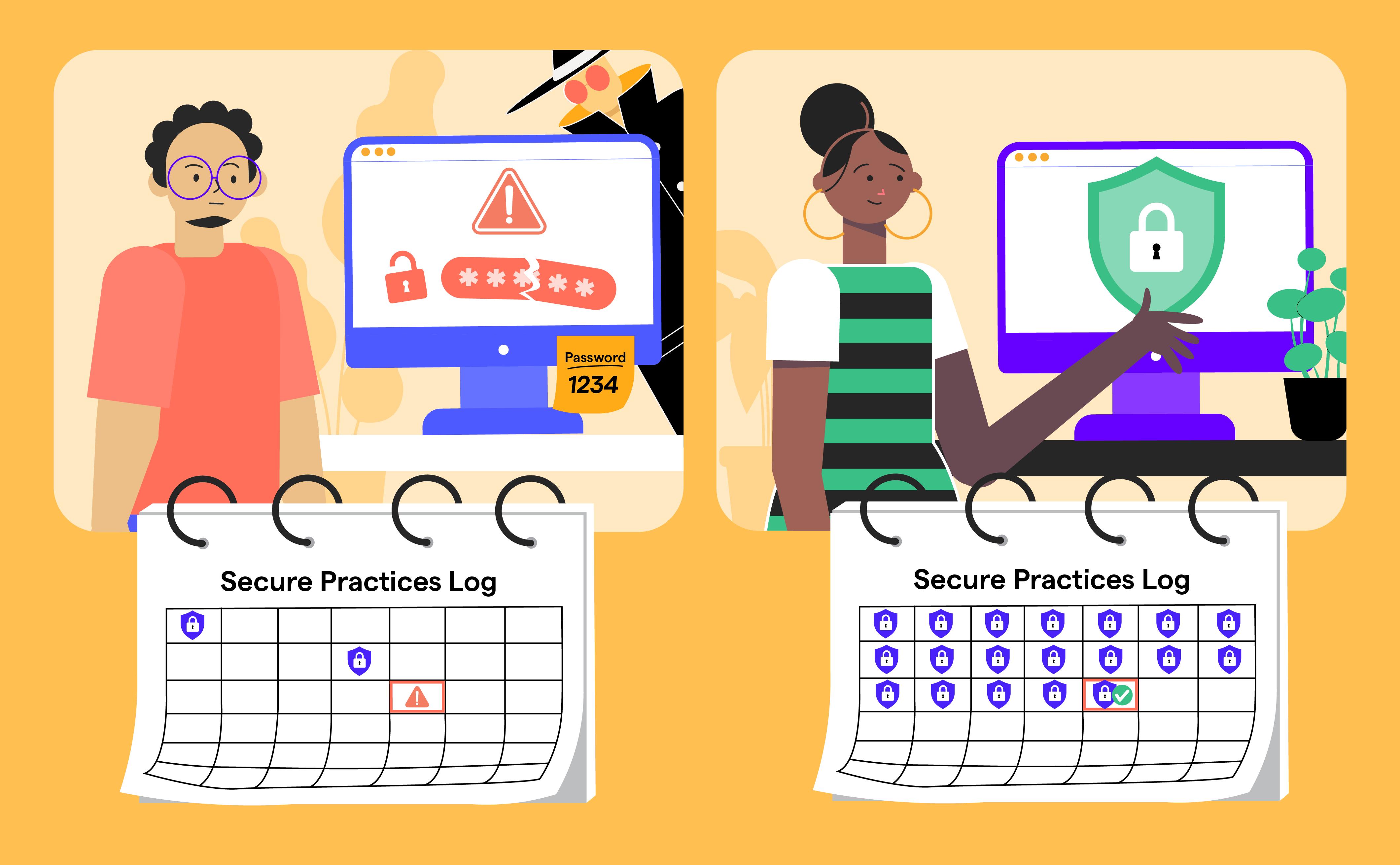
Cybersecurity Awareness Month 2024: Your Security Journey Doesn't End Here
Nov 01

Experience OutThink
The Month That Changed How We Think About Digital Safety
As the calendar flips past Cybersecurity Awareness Month 2024, millions of professionals worldwide are asking the same question: "Now what?" You've spent the last four weeks hearing about multifactor authentication, strong passwords, software updates, and phishing awareness. But here's the truth that security experts won't tell you: real cybersecurity doesn't happen in October. It happens every single day.
This year's campaign, backed by CISA and the National Cybersecurity Alliance, gave us four fundamental pillars of cyber defence. Yet as cyber threats evolve at breakneck speed, these basics are just your starting point, not your finish line.
Why Your Employees Are Your Greatest Asset (Not Your Weakest Link)
Here's a perspective shift that's revolutionizing cybersecurity: your team isn't the problem -they're the solution waiting to be unlocked.
OutThink has pioneered a human-centric approach that flips traditional security thinking on its head. Instead of treating employees as security risks to be managed, they're empowered as intelligent defenders who can adapt, learn, and protect in ways no technology can match.
Through behavioral risk analysis and tailored training, OutThink transforms everyday employees into cybersecurity champions. Because here's the reality: even the most sophisticated firewall can't protect against human curiosity, urgency, or simple mistakes. But informed, engaged humans? They're your most powerful security tool.
The Four Pillars That Protected You This October
1. Multifactor Authentication: Your Digital Bodyguard
Think of MFA as your account's personal bodyguard. It doesn't just check IDs, it verifies identities. During this awareness month, you learned that MFA blocks 99.9% of automated attacks. But did you know that only 28% of organizations have MFA enabled across all critical systems?
OutThink's behavioral insights reveal something fascinating: employees who understand why MFA matters, not just how to use it, are 3x more likely to enable it voluntarily on personal accounts too. When security becomes personal, it becomes powerful.
Quick Win: Right now, check your most important accounts. Email, banking, work systems - do they all have MFA enabled? If not, spend the next 10 minutes fixing that.
2. Strong Passwords: The Keys to Your Digital Kingdom
"Password123!" might have seemed clever in 2010, but today's cybercriminals crack simple passwords faster than you can order coffee. The new rule? Every password should be a unique, complex phrase that would make your grandmother proud and a hacker weep.
OutThink addresses this challenge head-on by teaching employees not just to create strong passwords, but to understand the psychology behind password security. When people grasp that their LinkedIn password could unlock their company's financial systems, behavior changes almost overnight.
Pro Tip: Use a password manager. It's like having a digital vault that remembers all your complex passwords, so you don't have to store "BankPassword2024!" in your notes app.
3. Software Updates: Your Digital Immune System
Software updates are like vaccines for your devices: they protect against known threats and vulnerabilities. Yet research shows that 60% of breaches could have been prevented with timely patching.
OutThink's platform doesn't just remind people to update, it helps them understand why updates matter. When employees see software patches as shields rather than inconveniences, compliance rates soar.
Reality Check: When did you last update your browsers, mobile apps, and operating systems? Out-of-date software is like leaving your front door unlocked in a busy city.
4. Phishing Recognition: Developing Your Cyber Sixth Sense
Modern phishing attacks aren't the poorly-spelled emails from years past. Today's attacks are personalized, professionally crafted, and designed to fool even security professionals. The key isn't just knowing what to look for - it's developing an instinct for when something feels "off."
OutThink's AI-powered phishing simulations don't shame employees who click malicious links; they analyse why they clicked and provide personalized training to address specific vulnerabilities. This approach has reduced phishing susceptibility by up to 87% in participating organizations.
Trust Your Gut: If an email makes you feel urgency, fear, or confusion, pause. These emotions are exactly what phishers target.
Beyond October: Making Cybersecurity a Year-Round Habit
Cybercriminals don't pause their activities because October is over. In fact, many increase their efforts during the holiday season when people are distracted and defenses might be down.
The organizations that thrive are those that treat cybersecurity as an ongoing conversation, not an annual obligation. They understand that security awareness isn't about perfect knowledge - it's about building resilient habits and a culture where people feel comfortable asking questions.
OutThink's platform makes this continuous engagement possible through:
- Regular micro-learning sessions that take minutes, not hours
- Real-time behavioral feedback that adapts to individual learning styles
- Gamified security challenges that make learning engaging rather than tedious
- Peer-to-peer learning networks where teams share experiences and insights
Your Next Steps: From Awareness to Action
Knowledge without action is just interesting trivia. Here's how to transform this month's insights into lasting protection:
This Week:
- Audit your personal and work accounts for MFA gaps
- Update passwords on your three most critical accounts
- Check for pending software updates across all devices
- Report that suspicious email you've been ignoring
This Month:
- Schedule quarterly "security check-ins" with your team
- Research password managers if you don't already use one
- Set up automatic updates where possible
- Subscribe to cybersecurity newsletters from trusted sources
This Year:
- Advocate for comprehensive security awareness training at your organization
- Consider platforms like OutThink that address the human element of cybersecurity
- Build security thinking into your daily routines and decision-making
- Stay curious about emerging threats and protective measures
The Future Is Secure (If We Make It So)
As we close the book on Cybersecurity Awareness Month 2024, remember this: every email you question, every update you install, and every strong password you create makes the digital world a little bit safer for everyone.
Security isn't about perfection - it's about progress. It's about creating cultures where people feel empowered to speak up, ask questions, and take protective action without fear of judgment.
The threats are real, but so is our capacity to defend against them. When human intelligence meets smart technology, when awareness becomes action, and when individual responsibility combines with collective effort, we build digital resilience that can withstand whatever challenges lie ahead.

